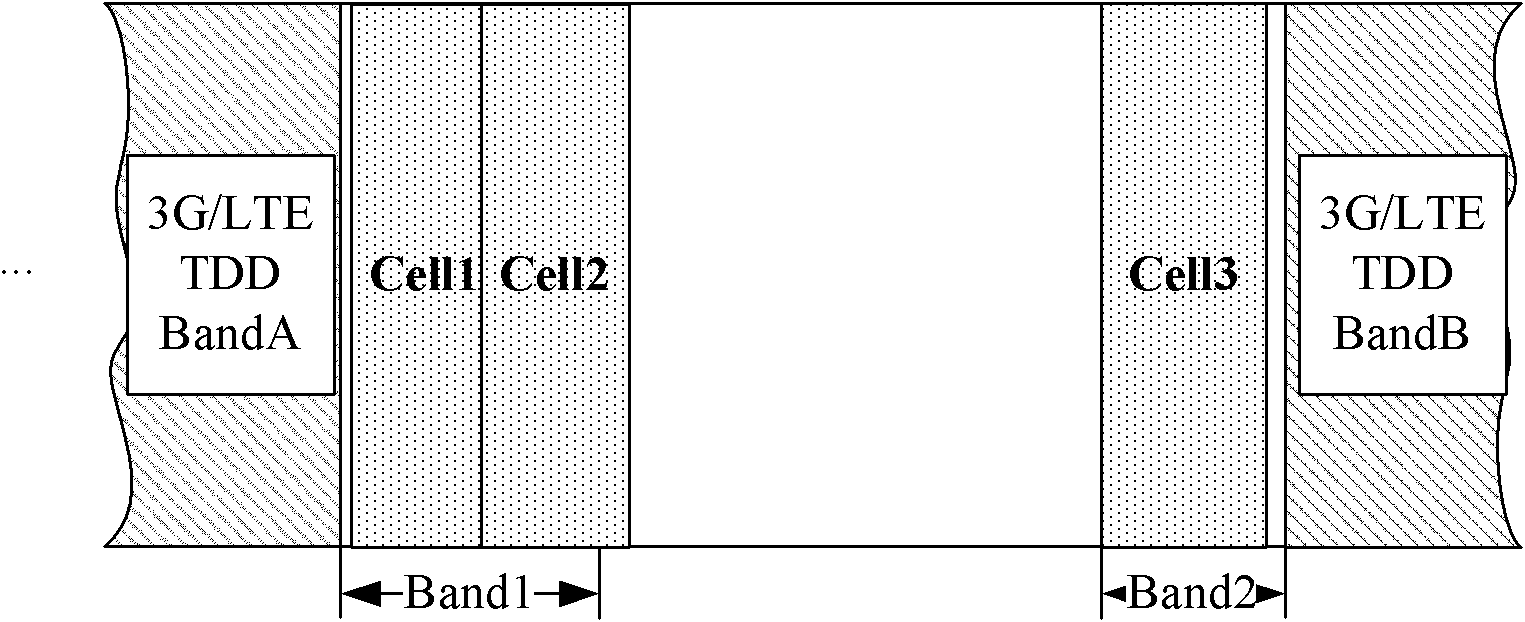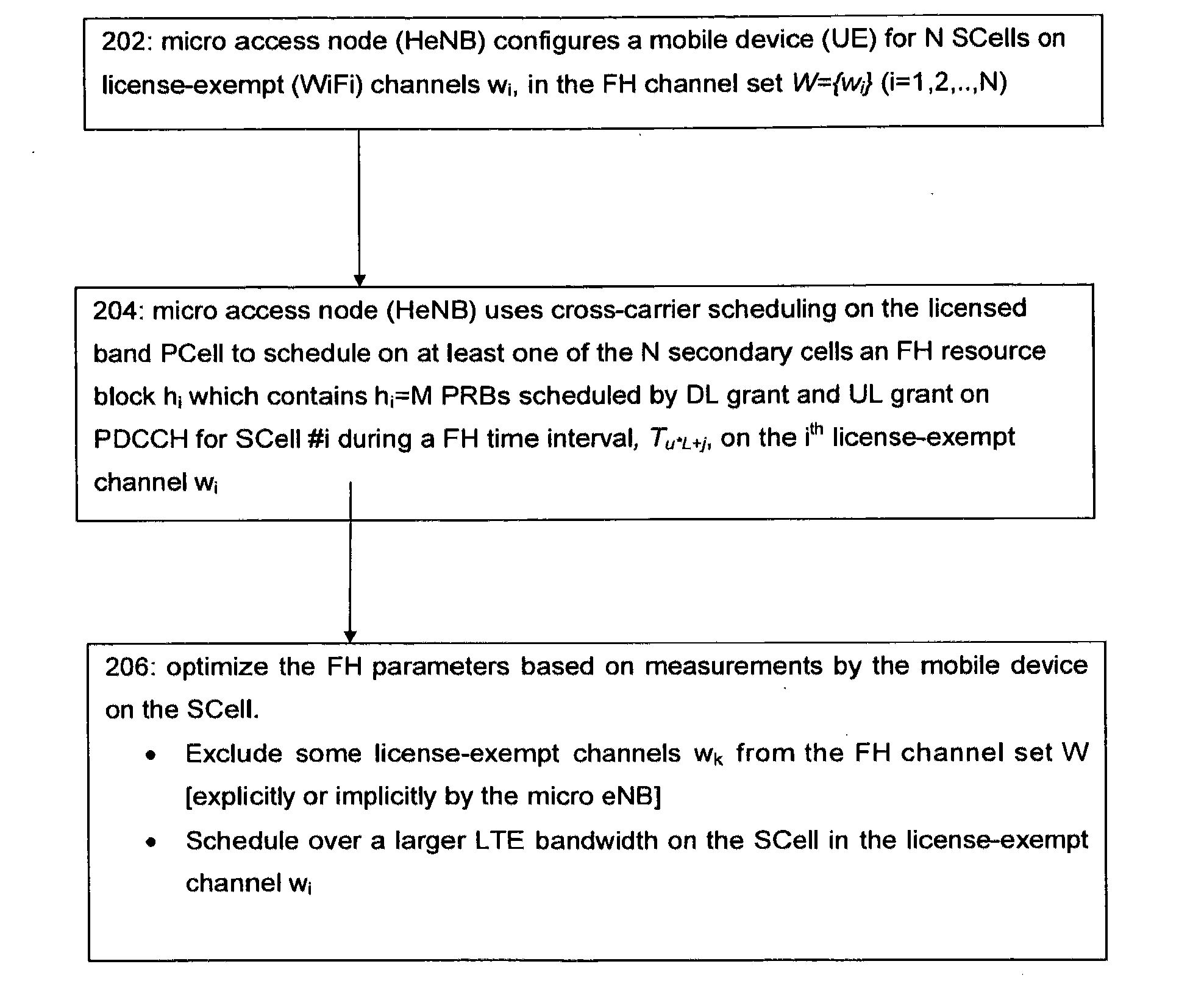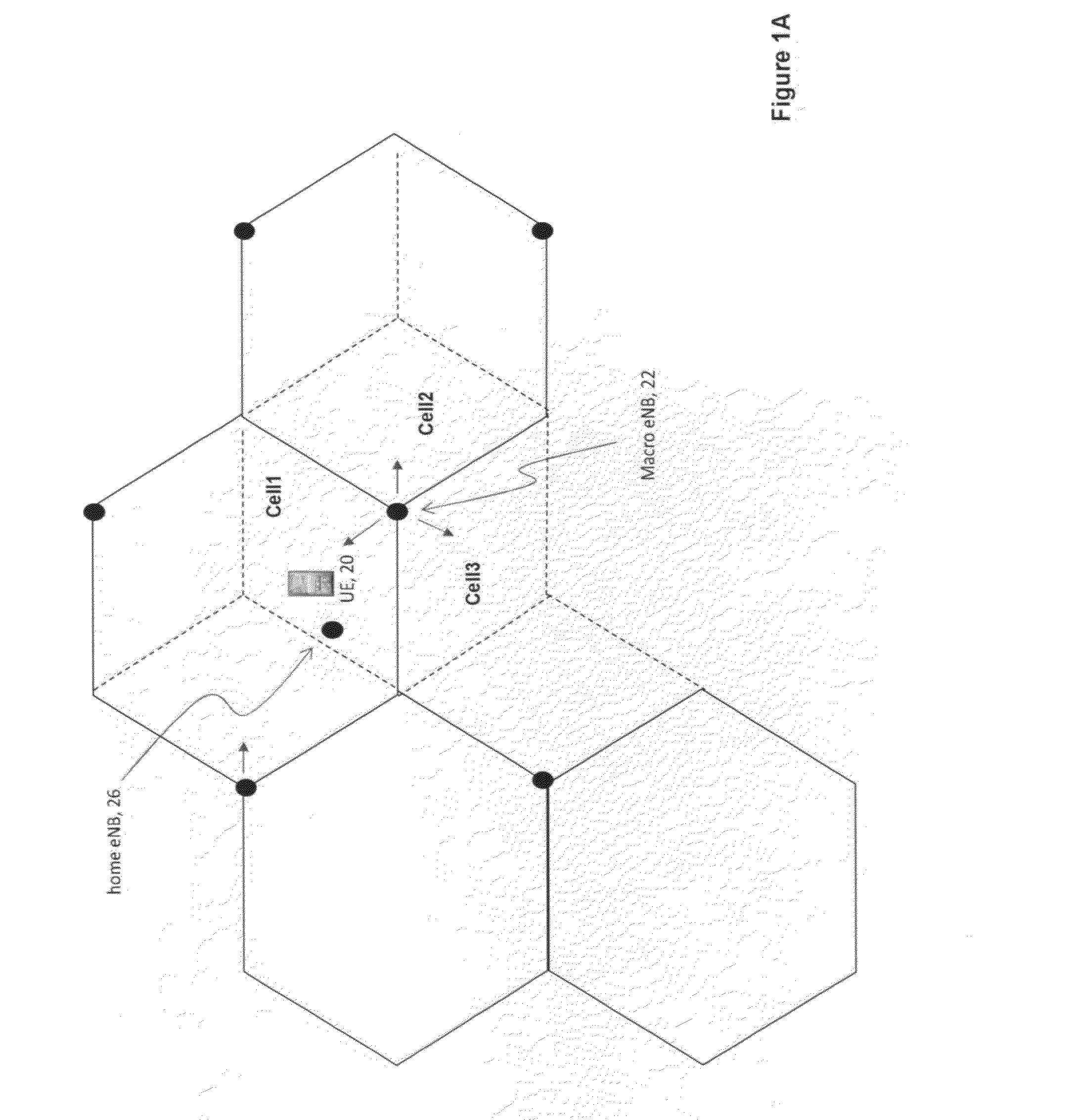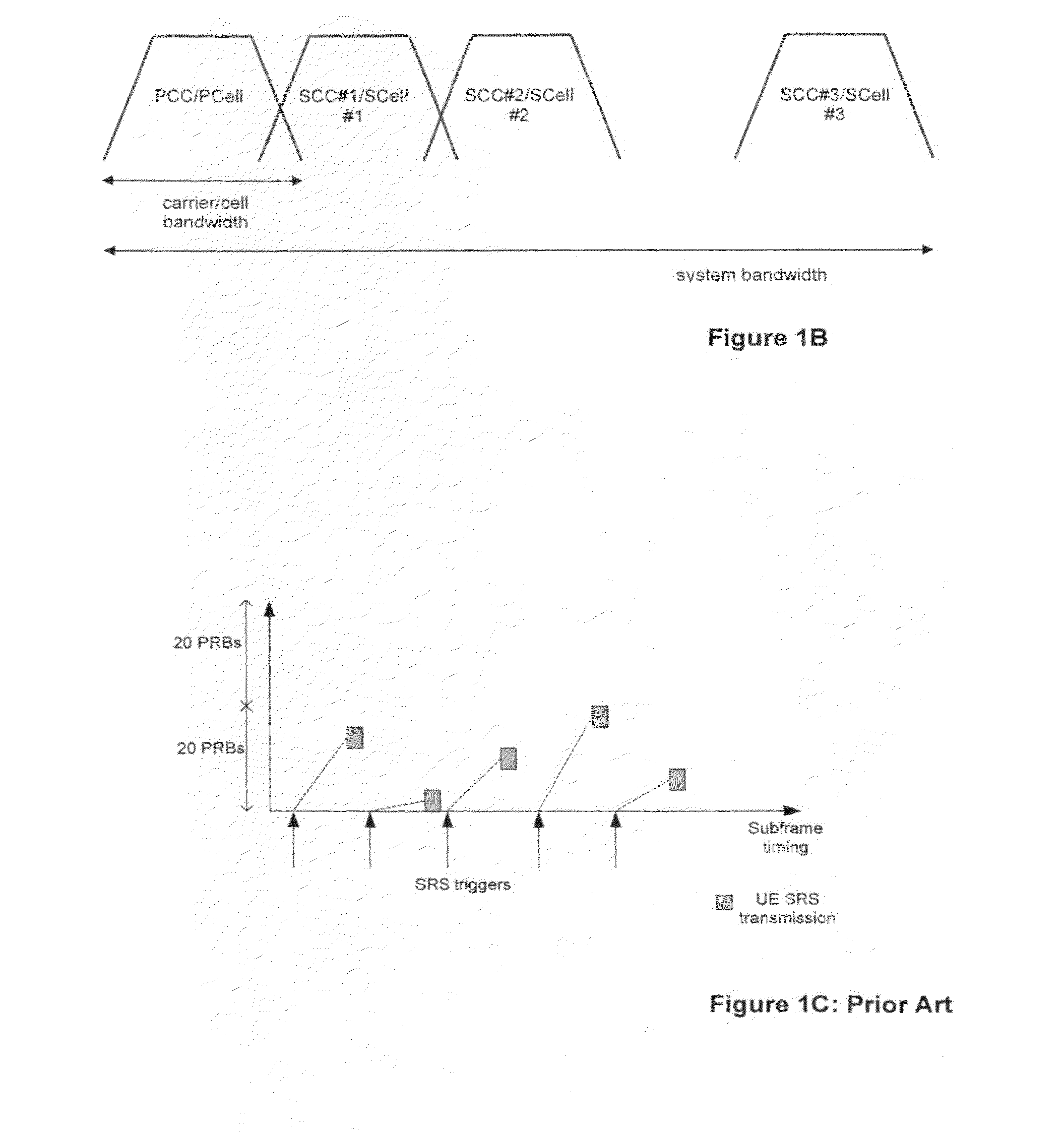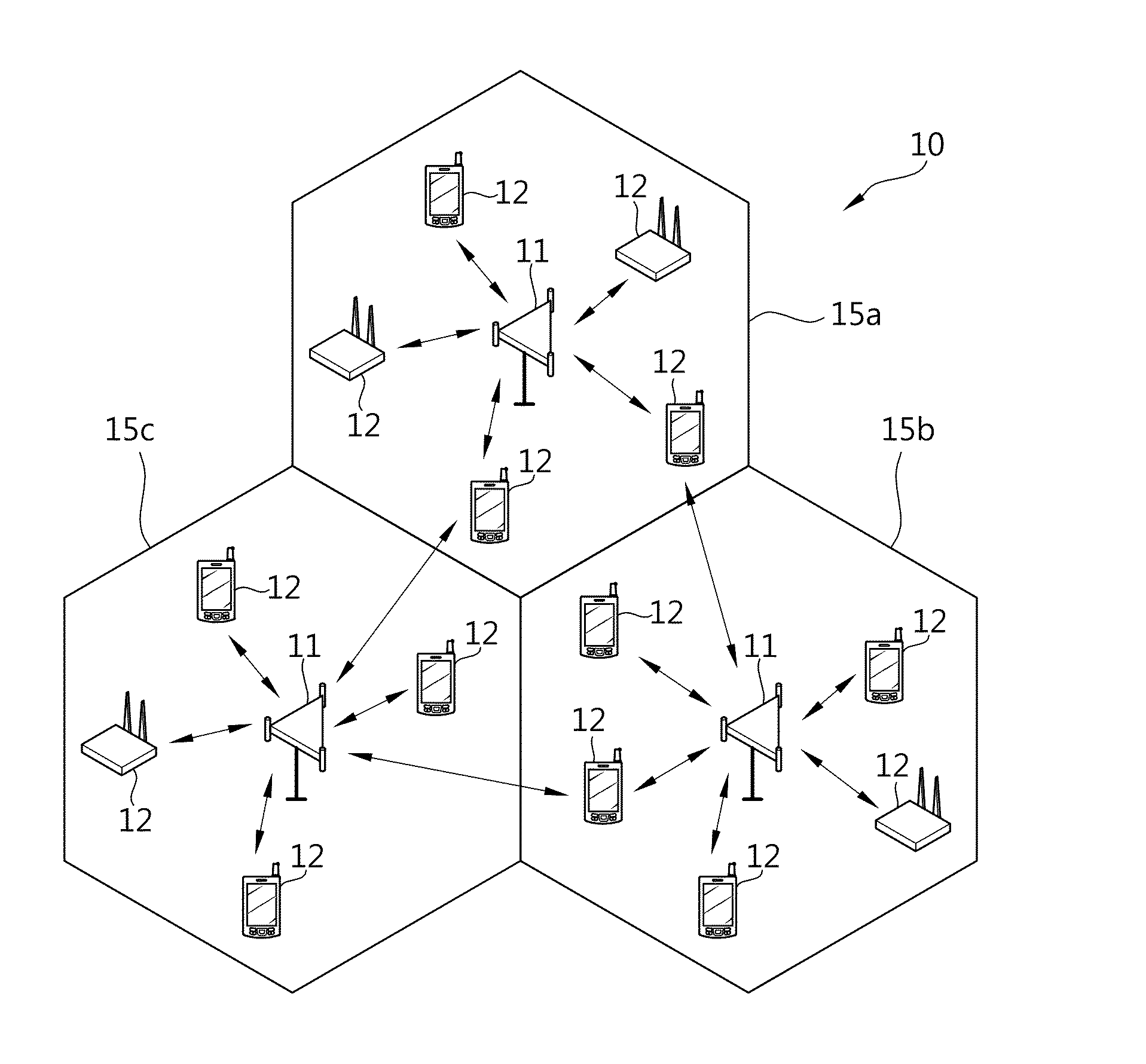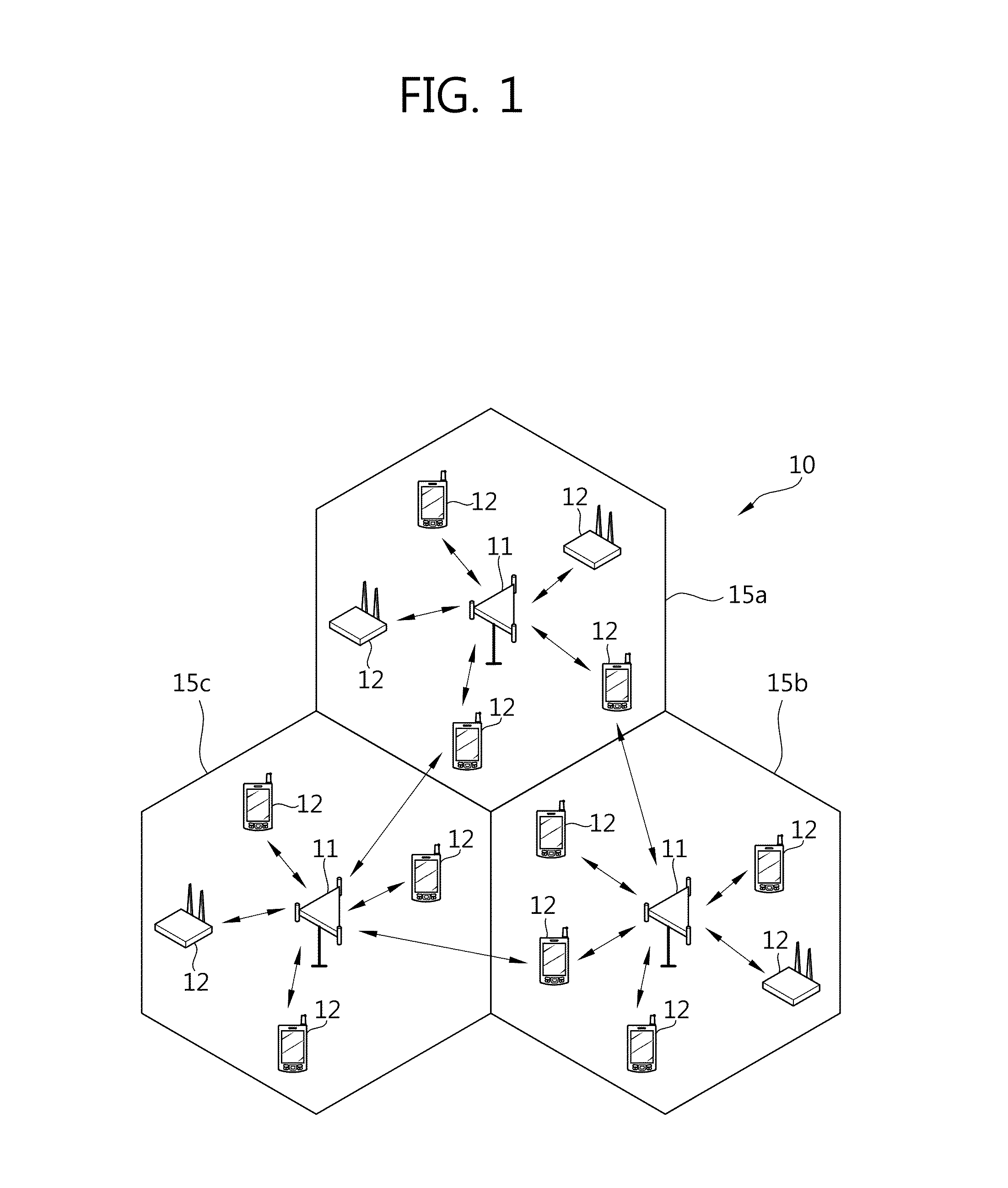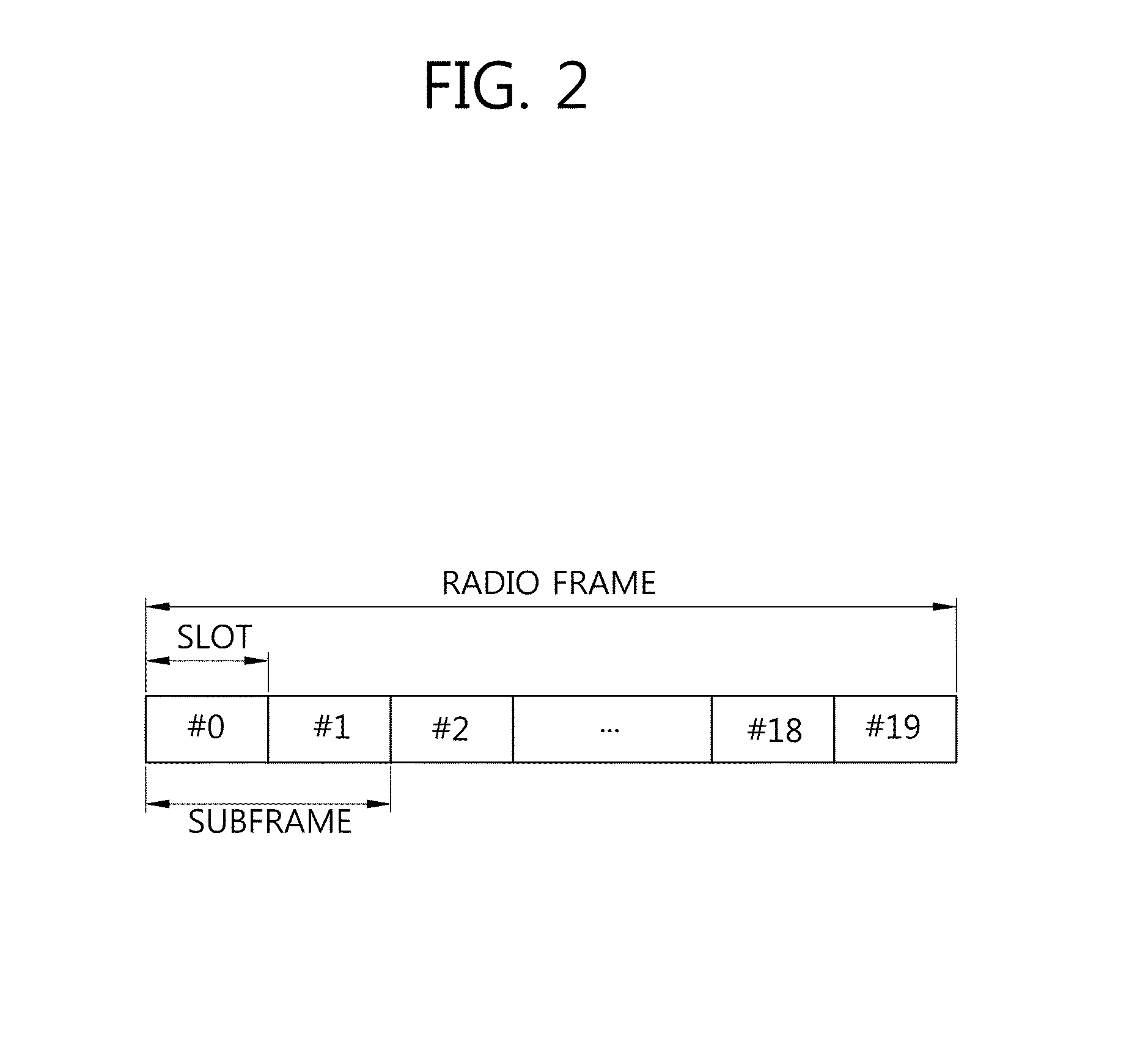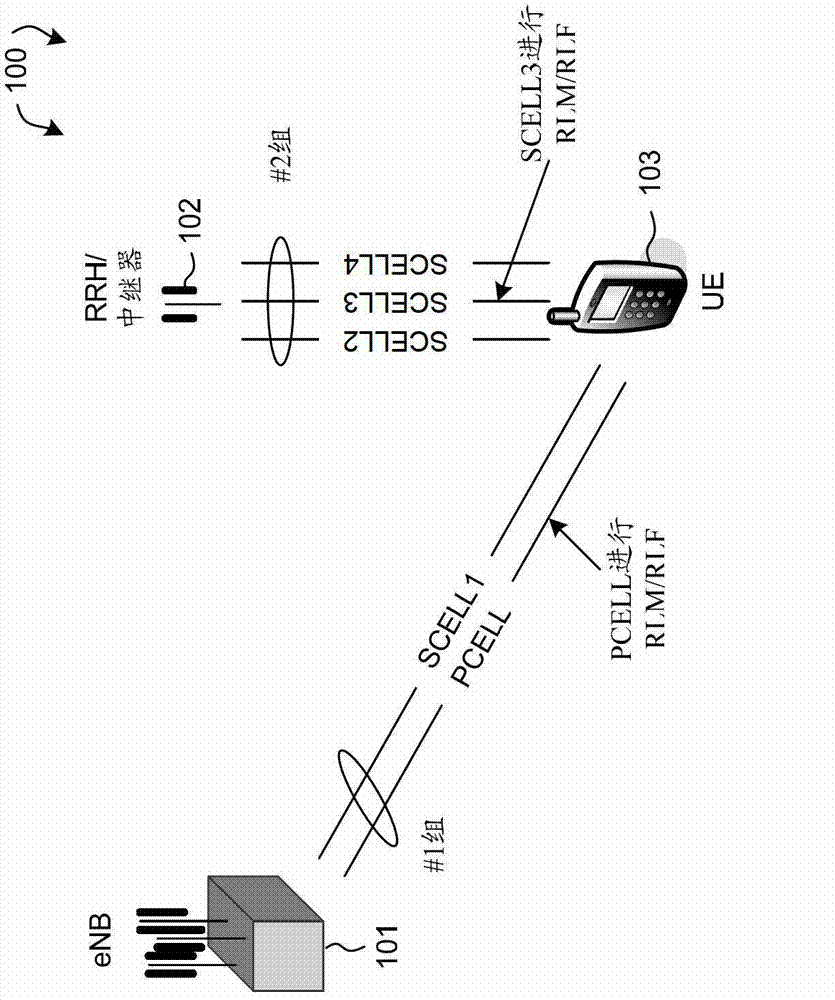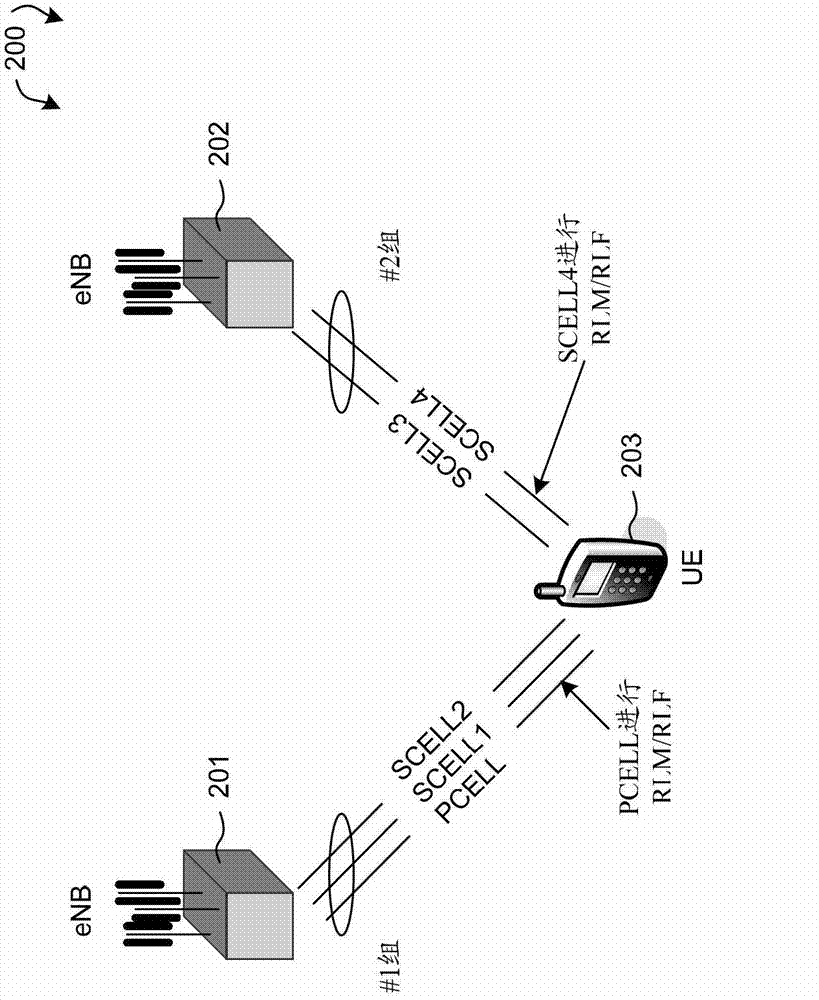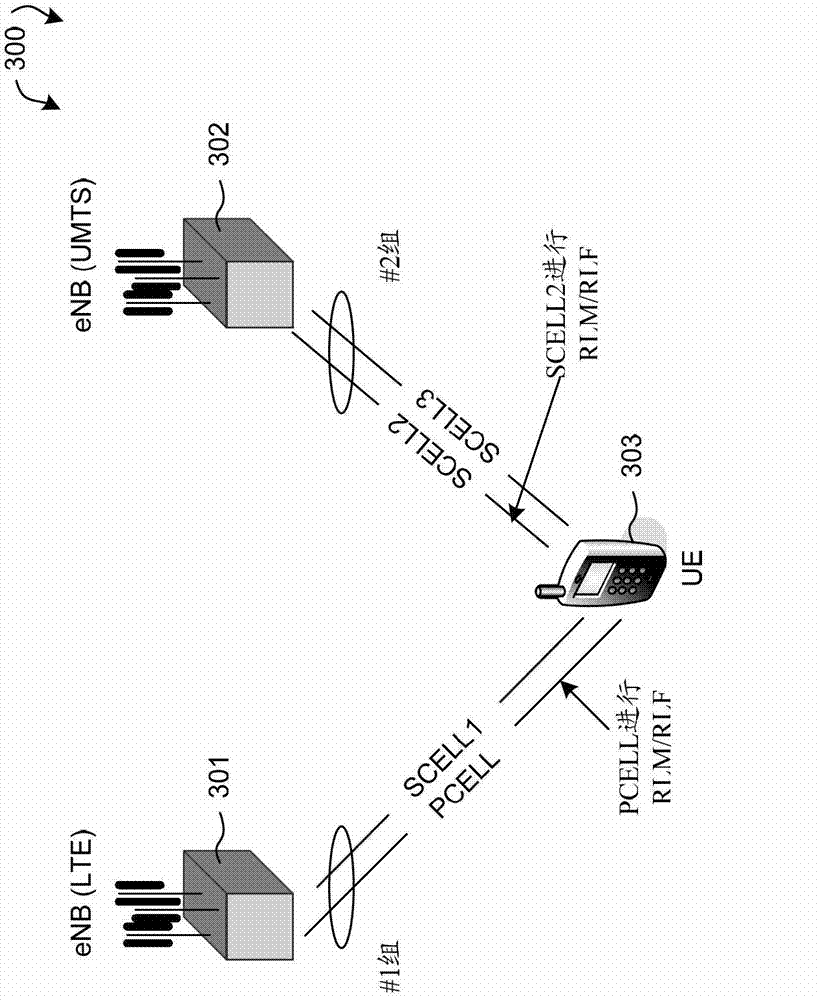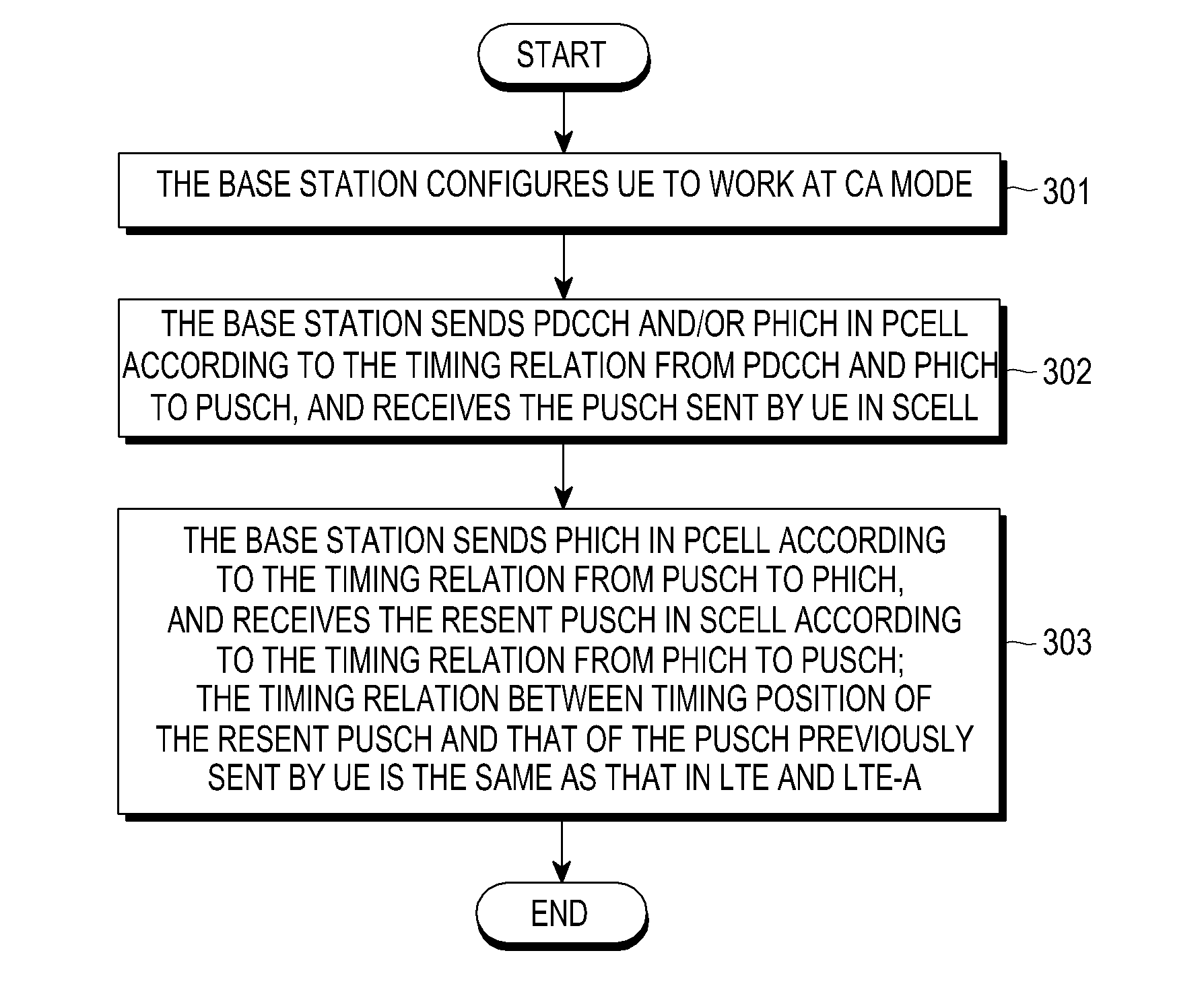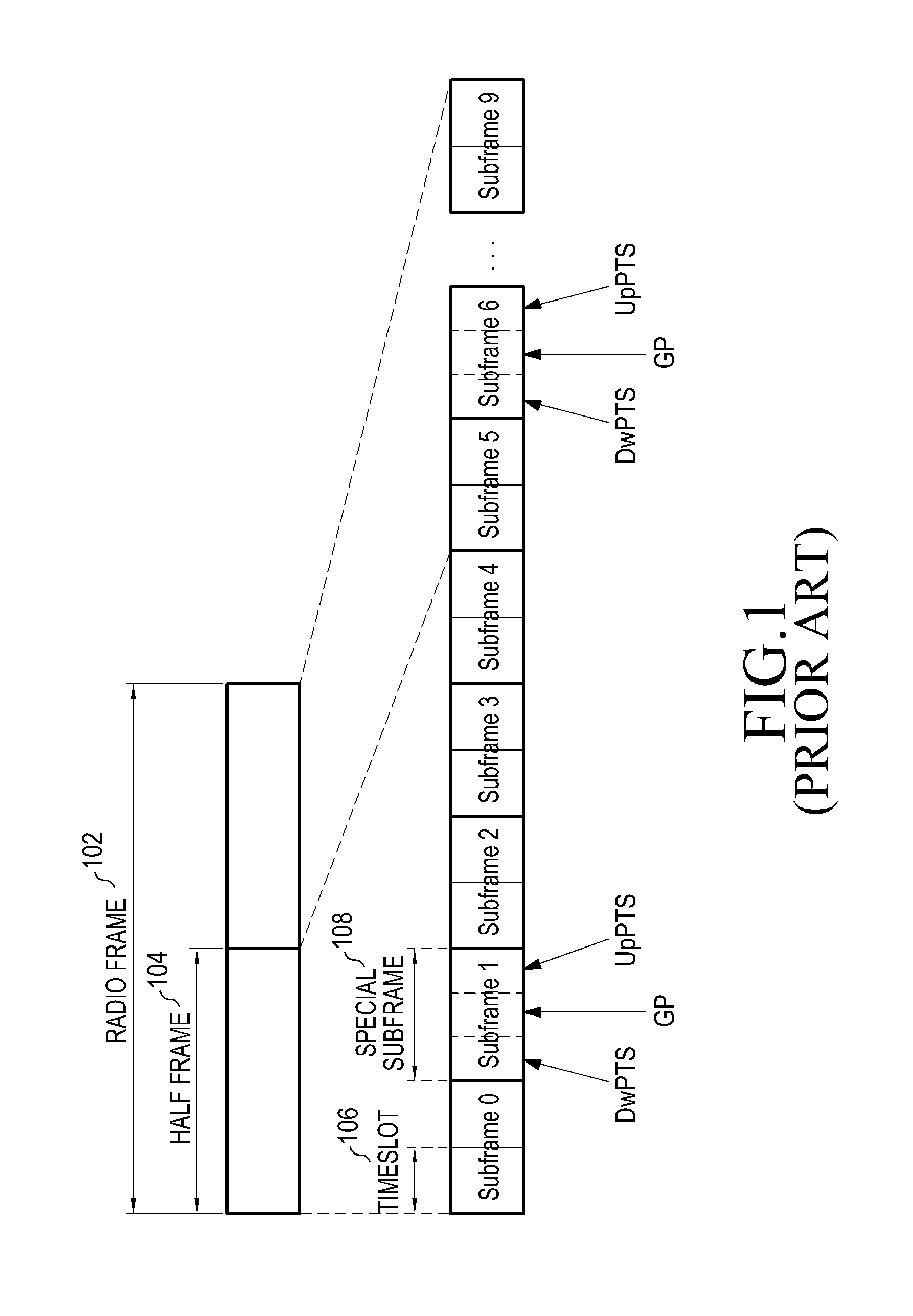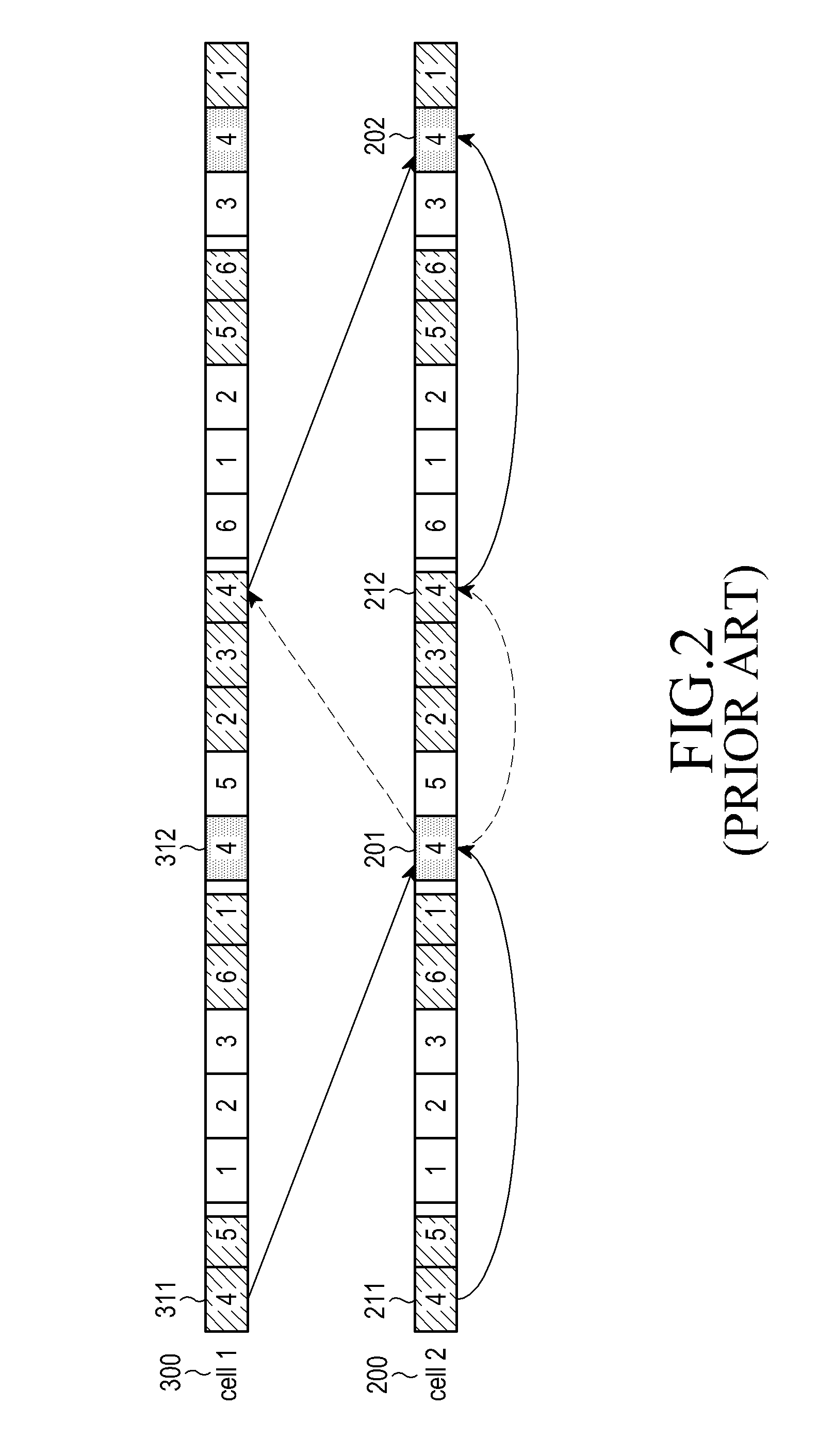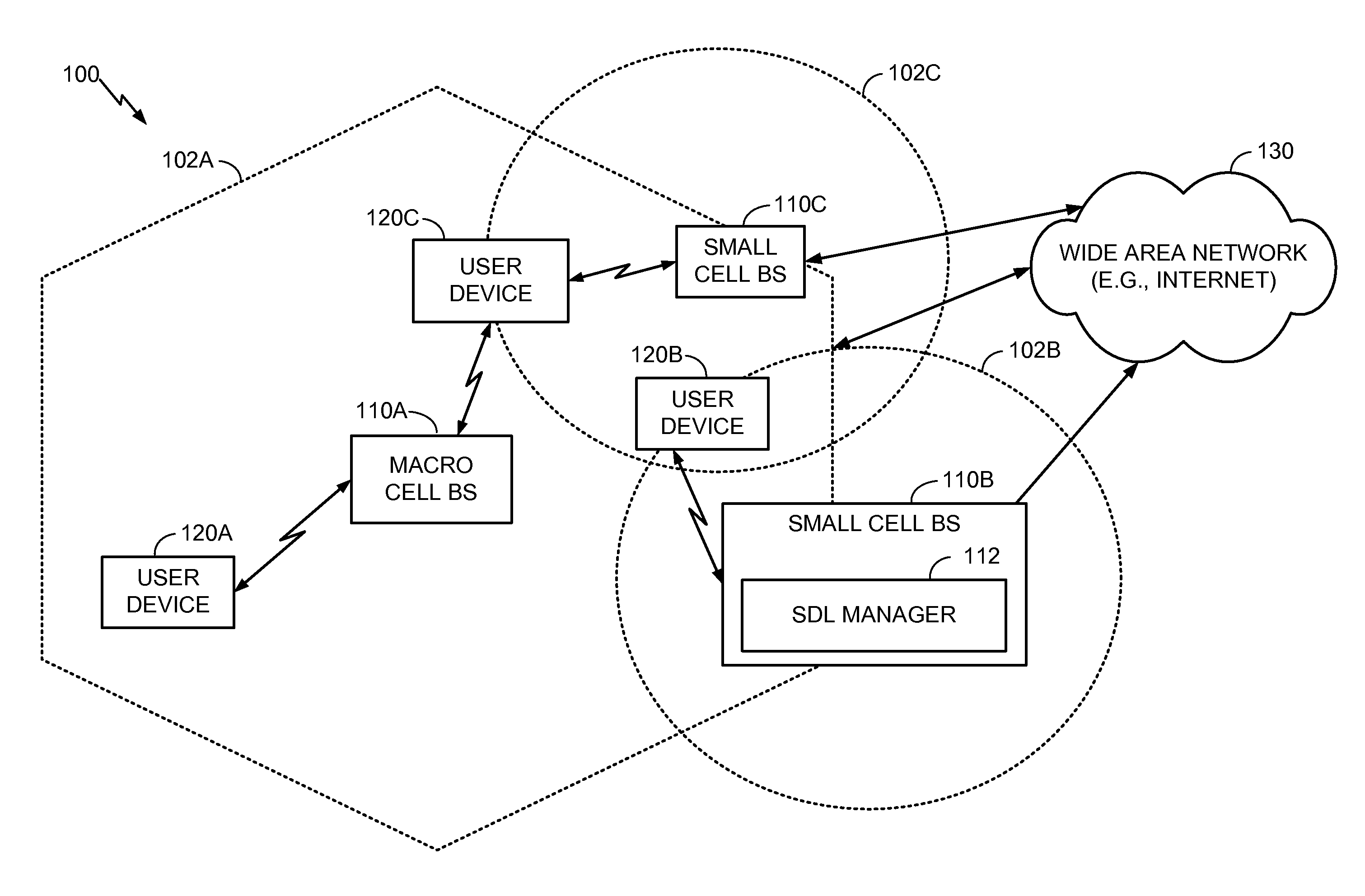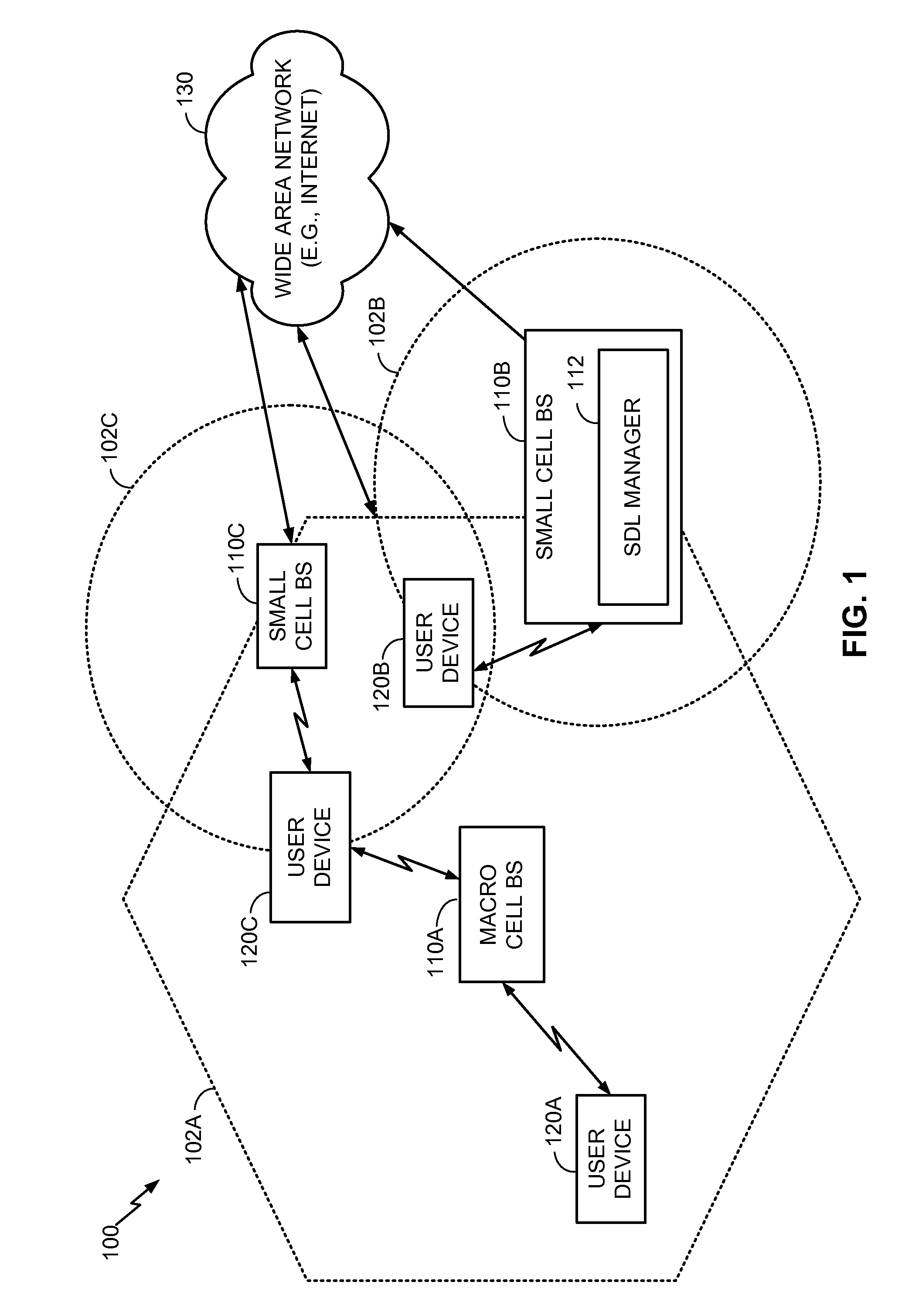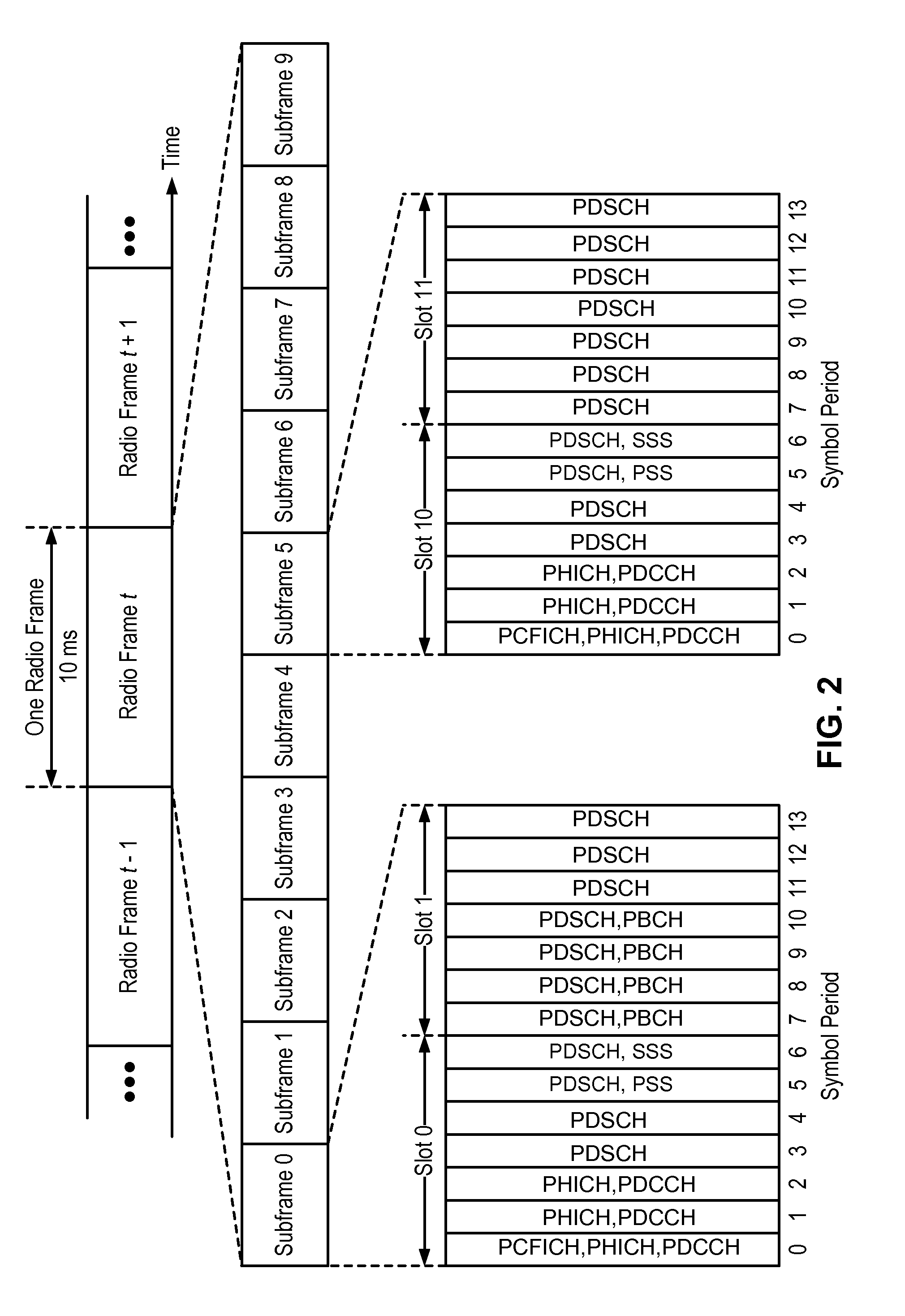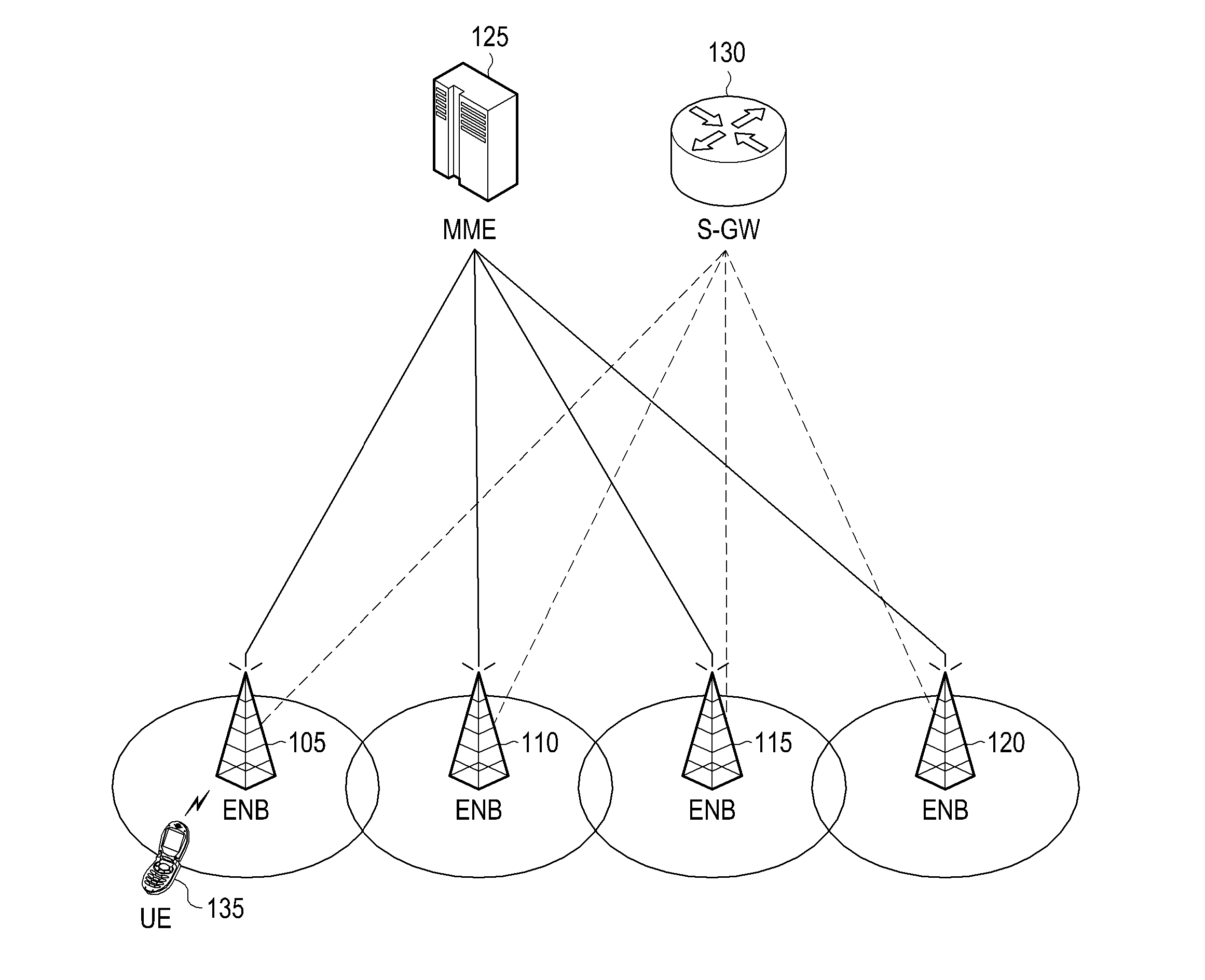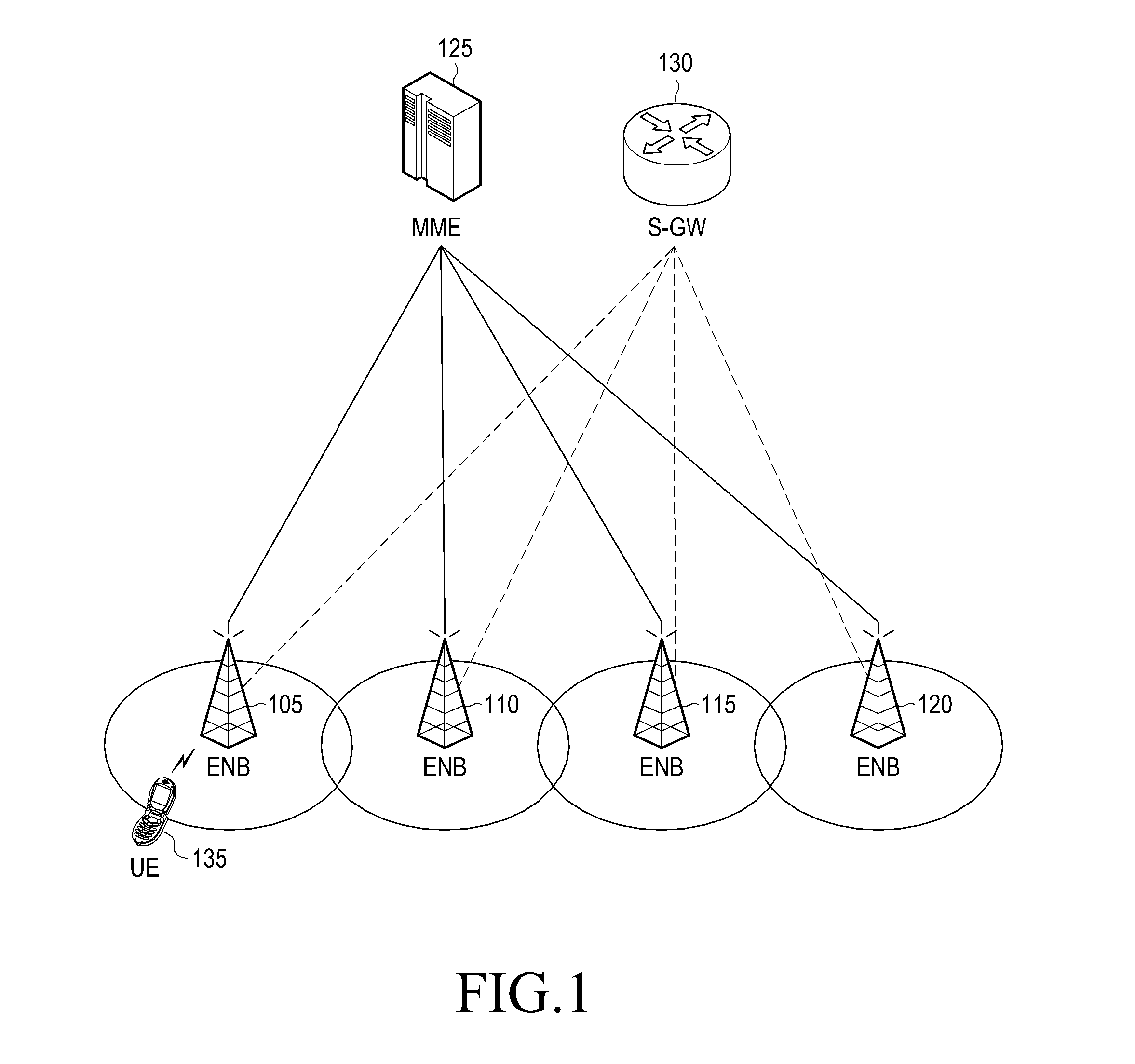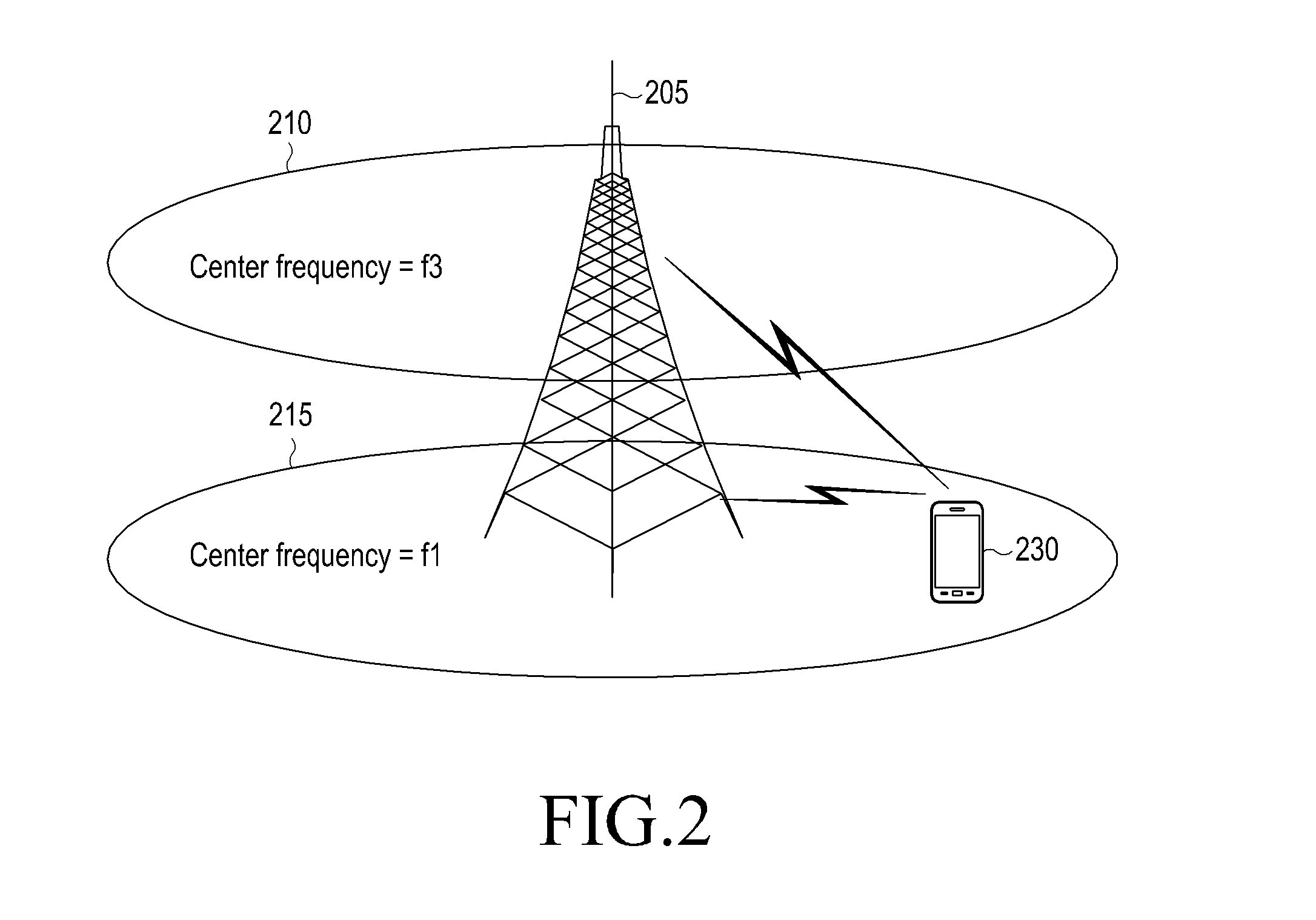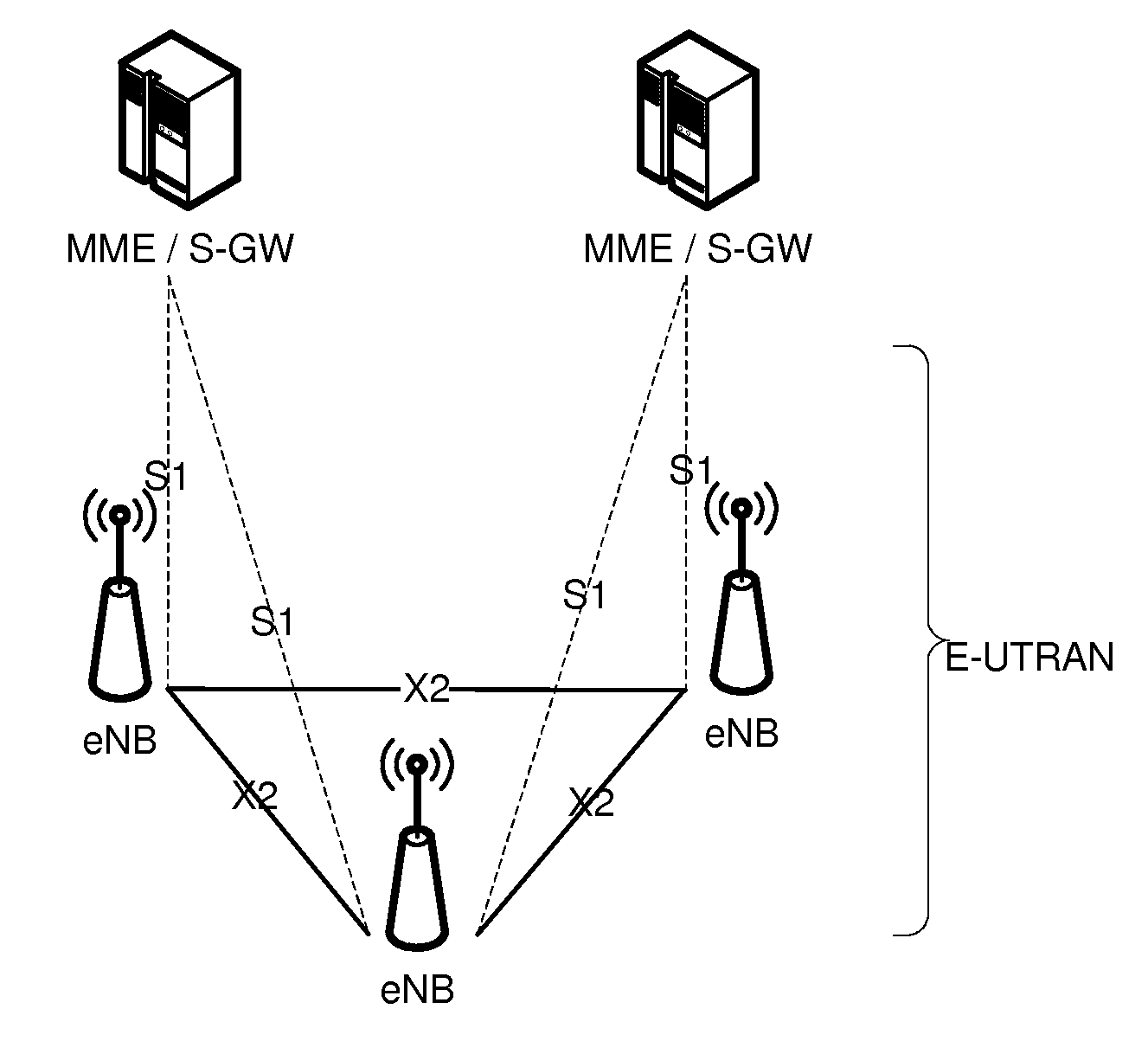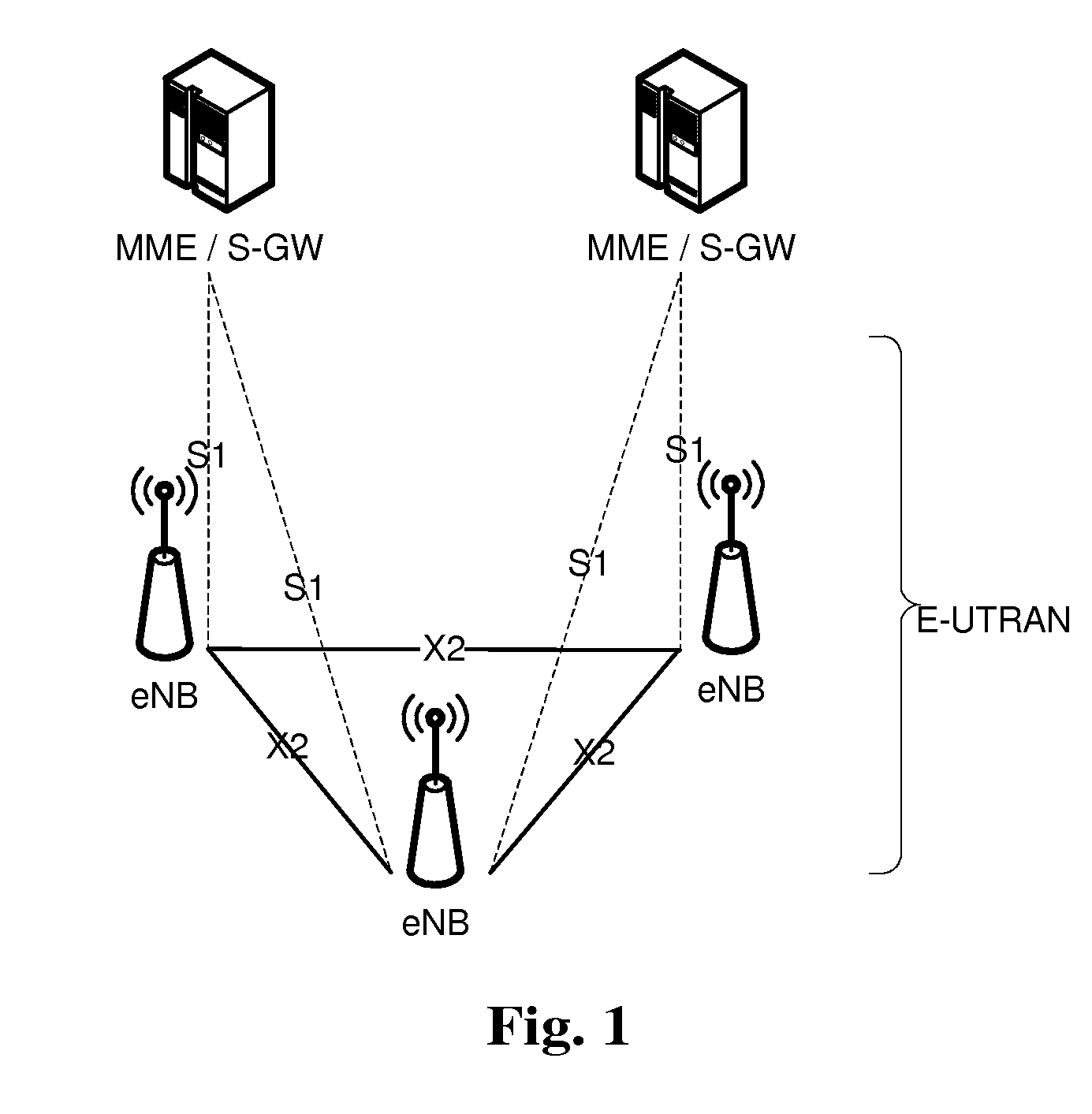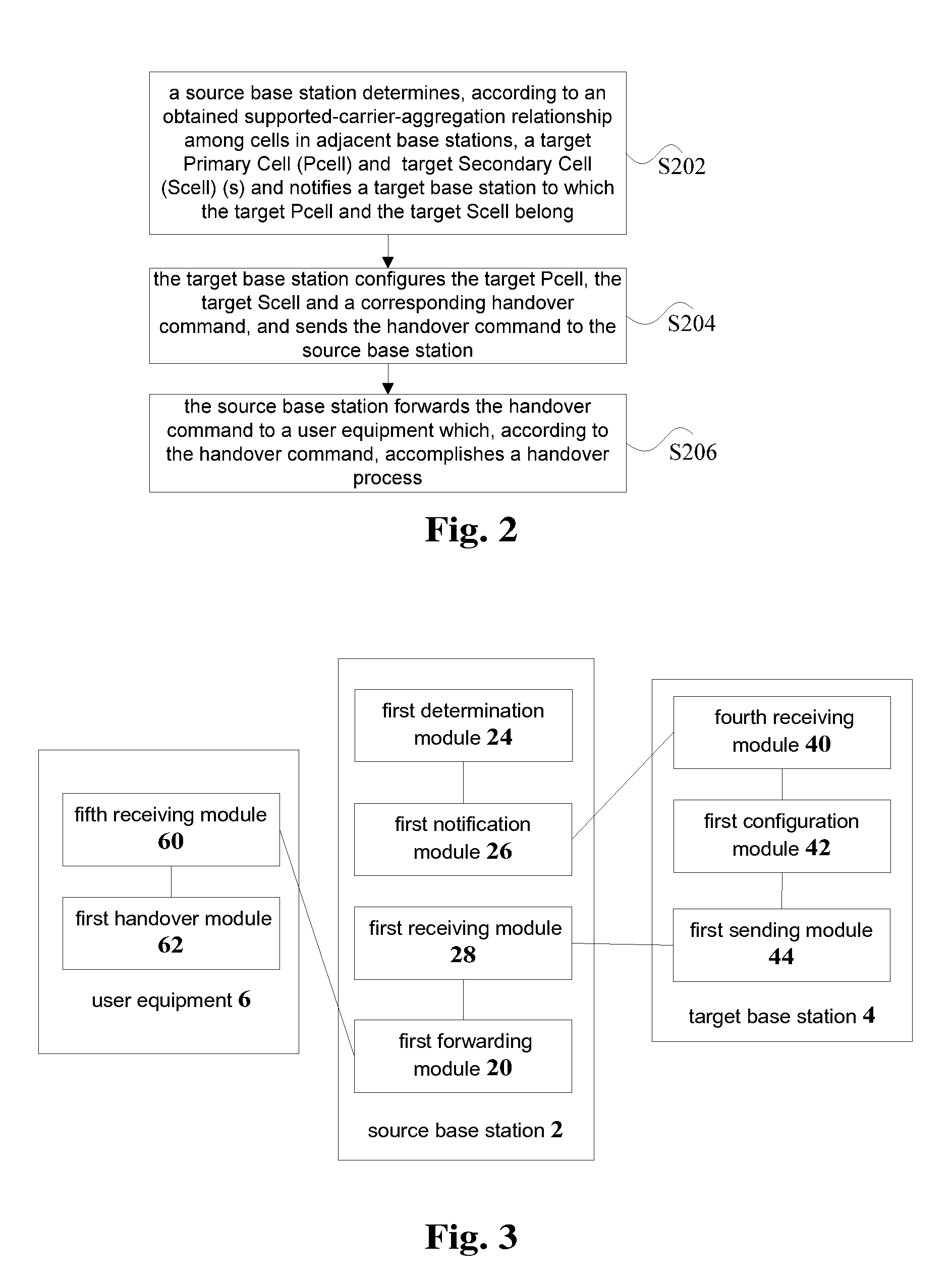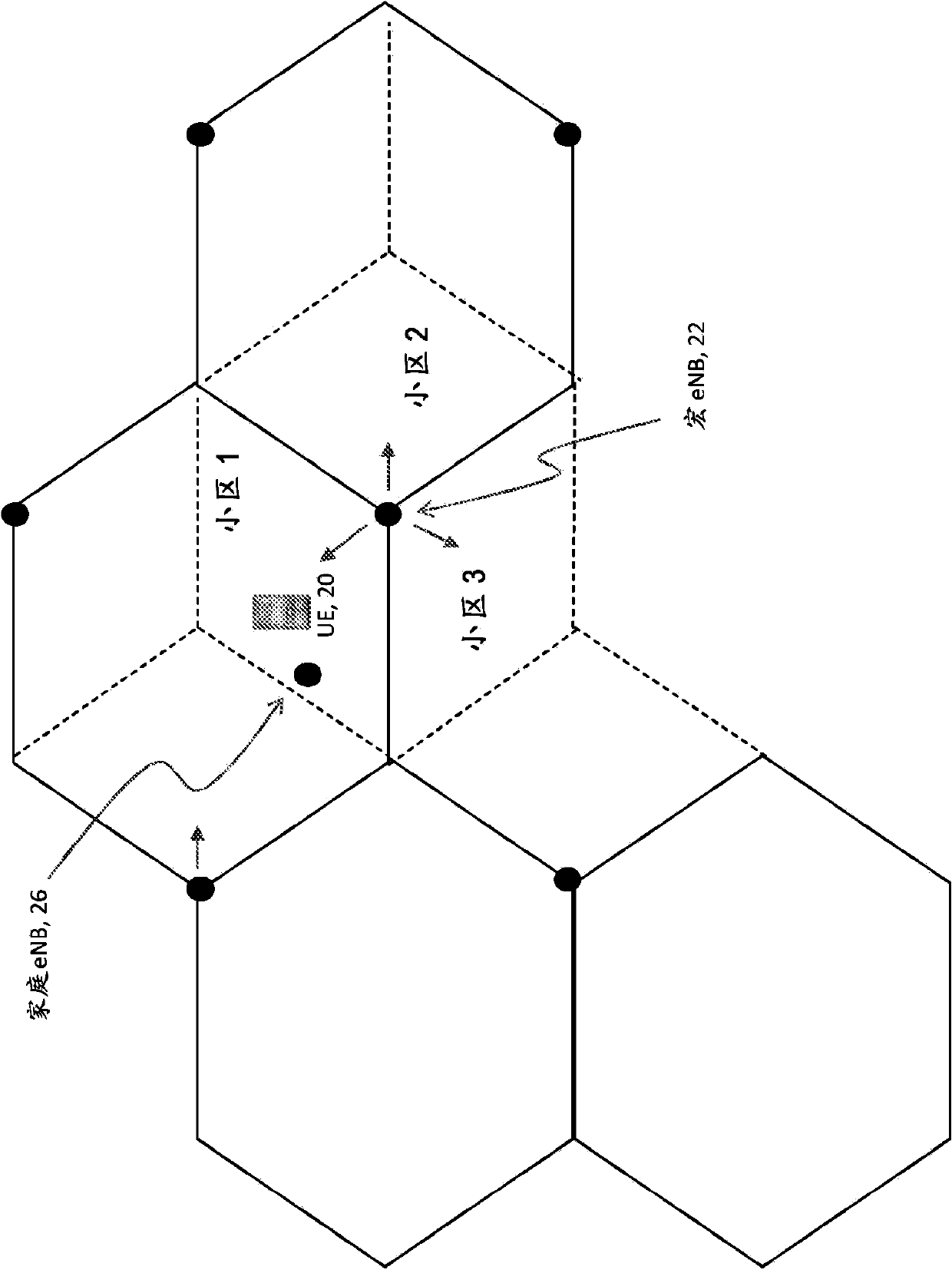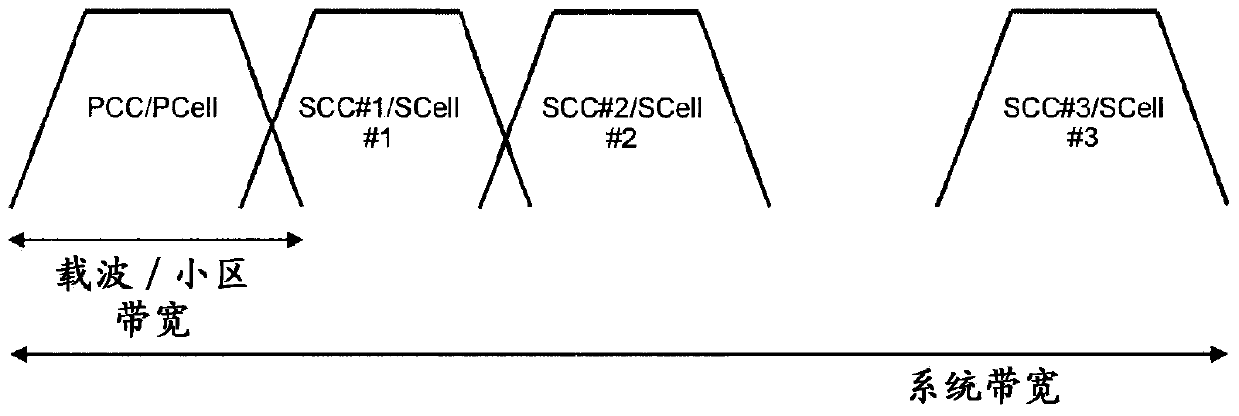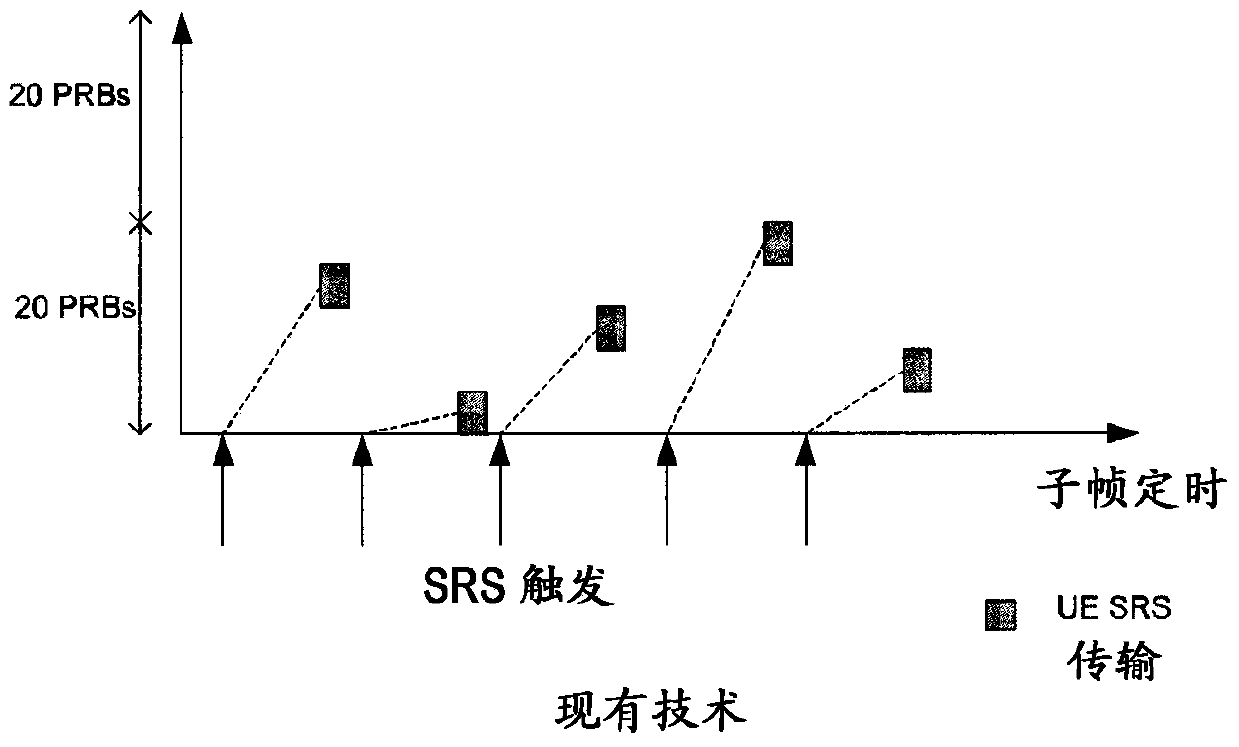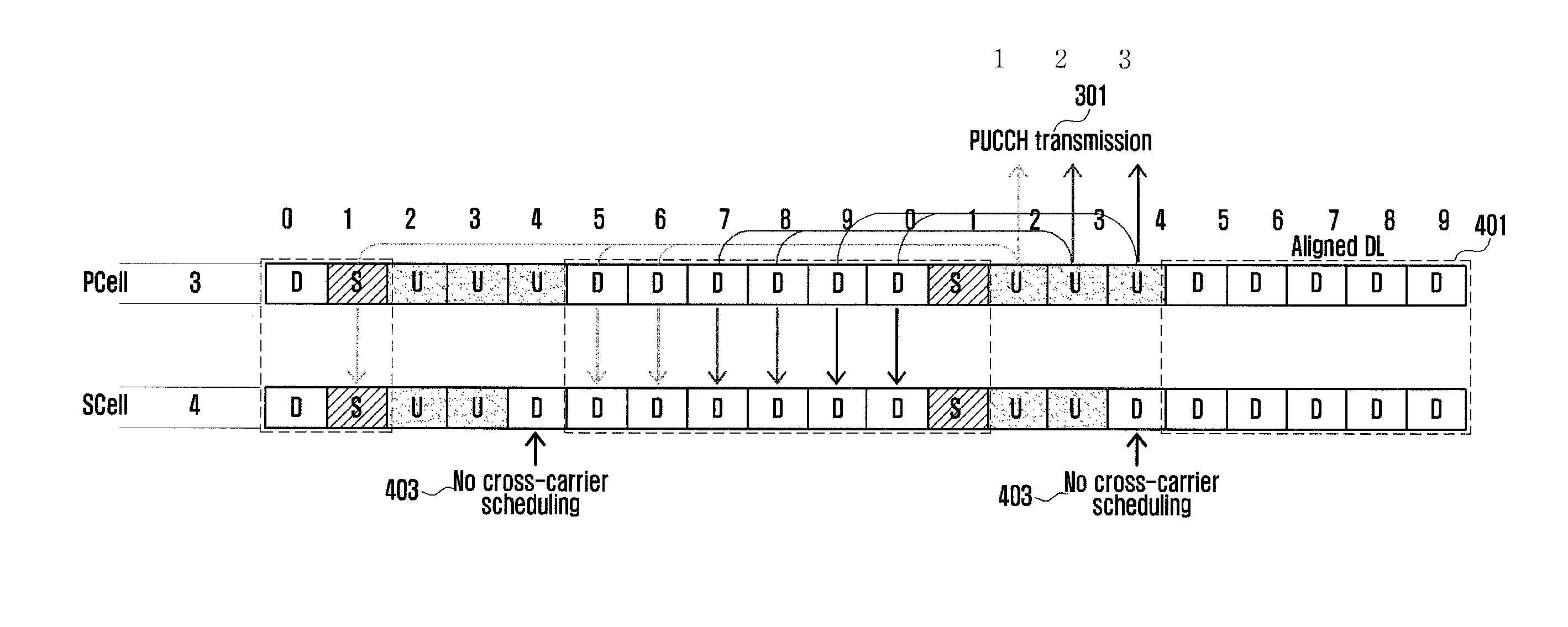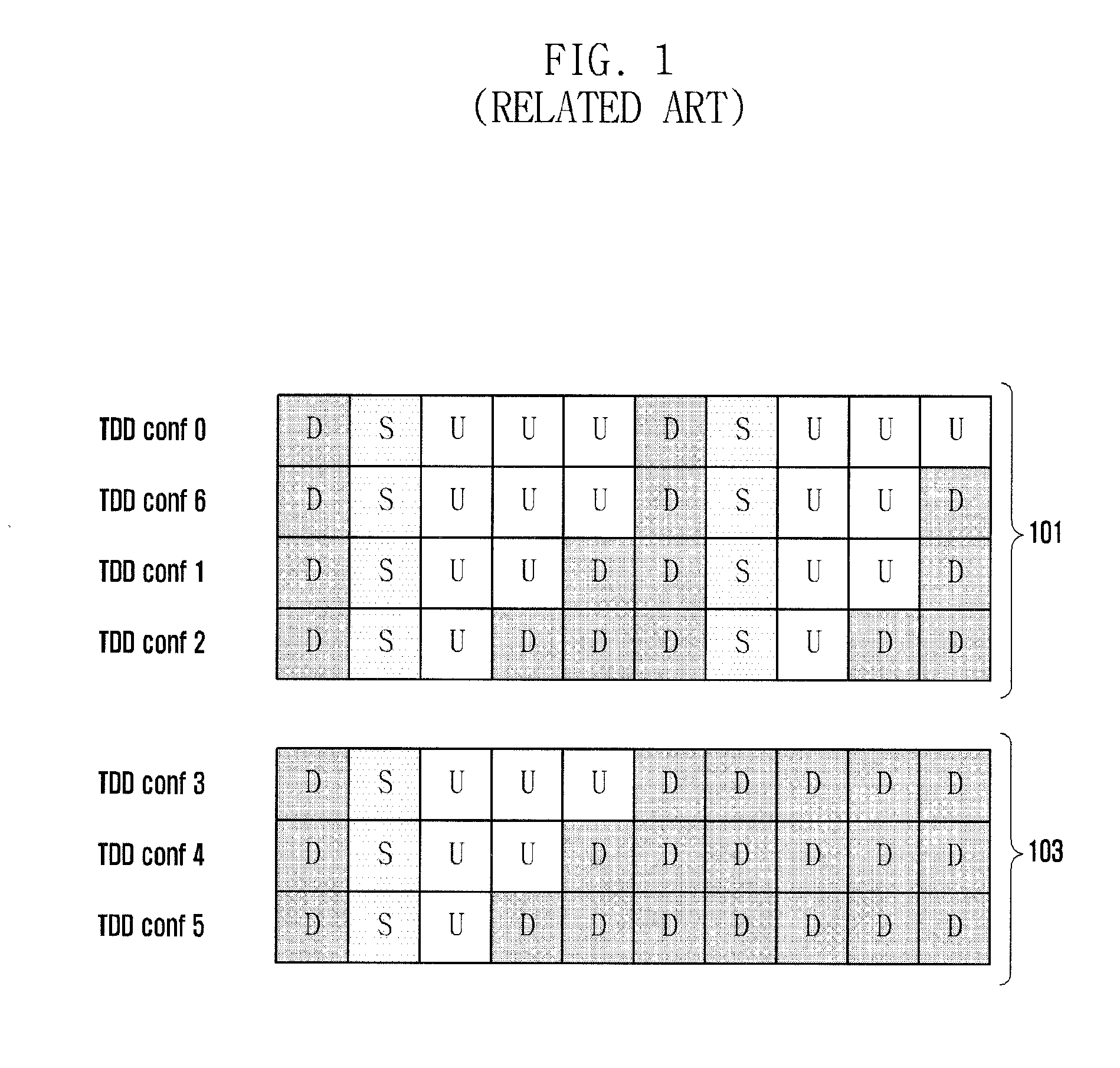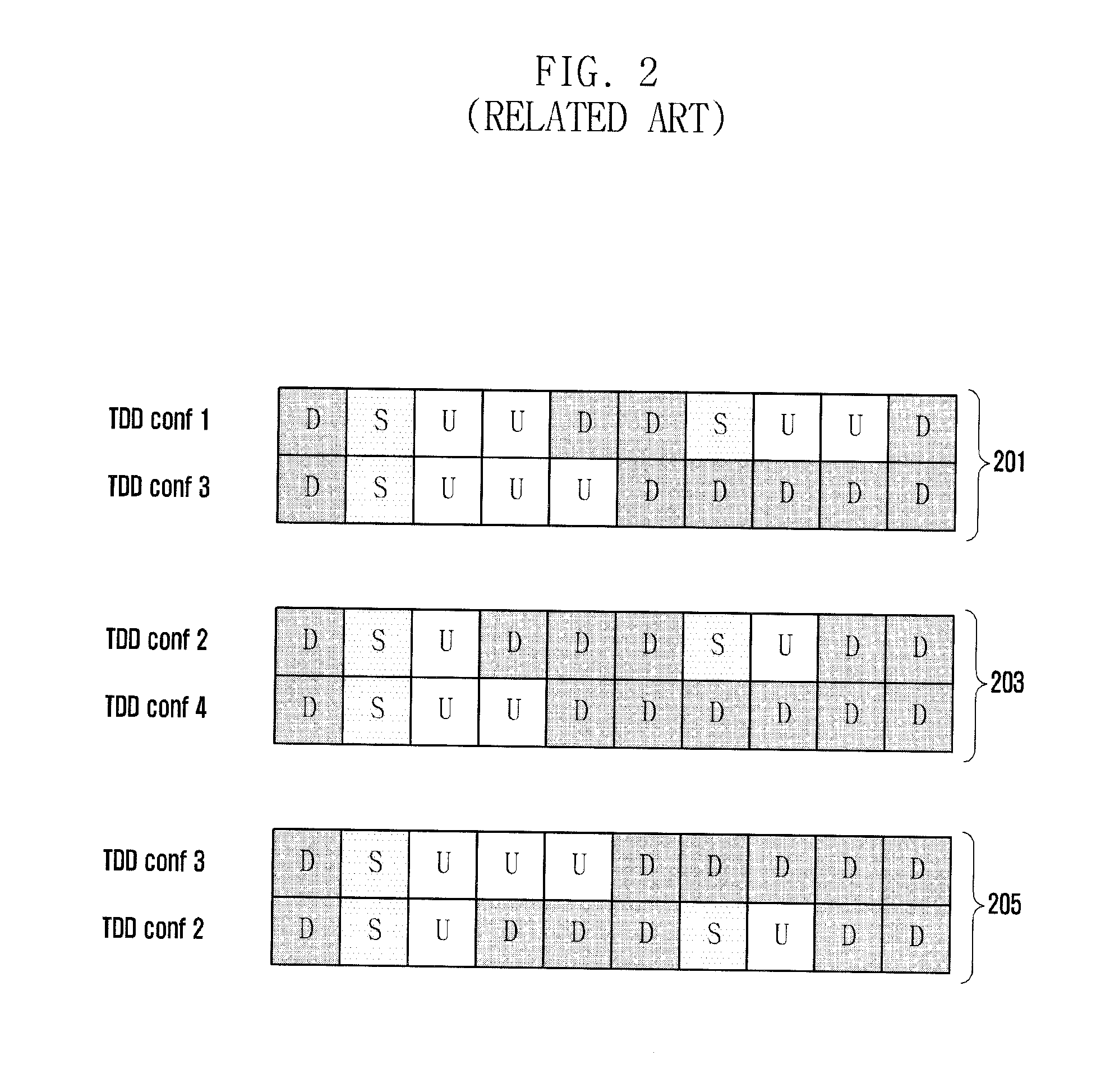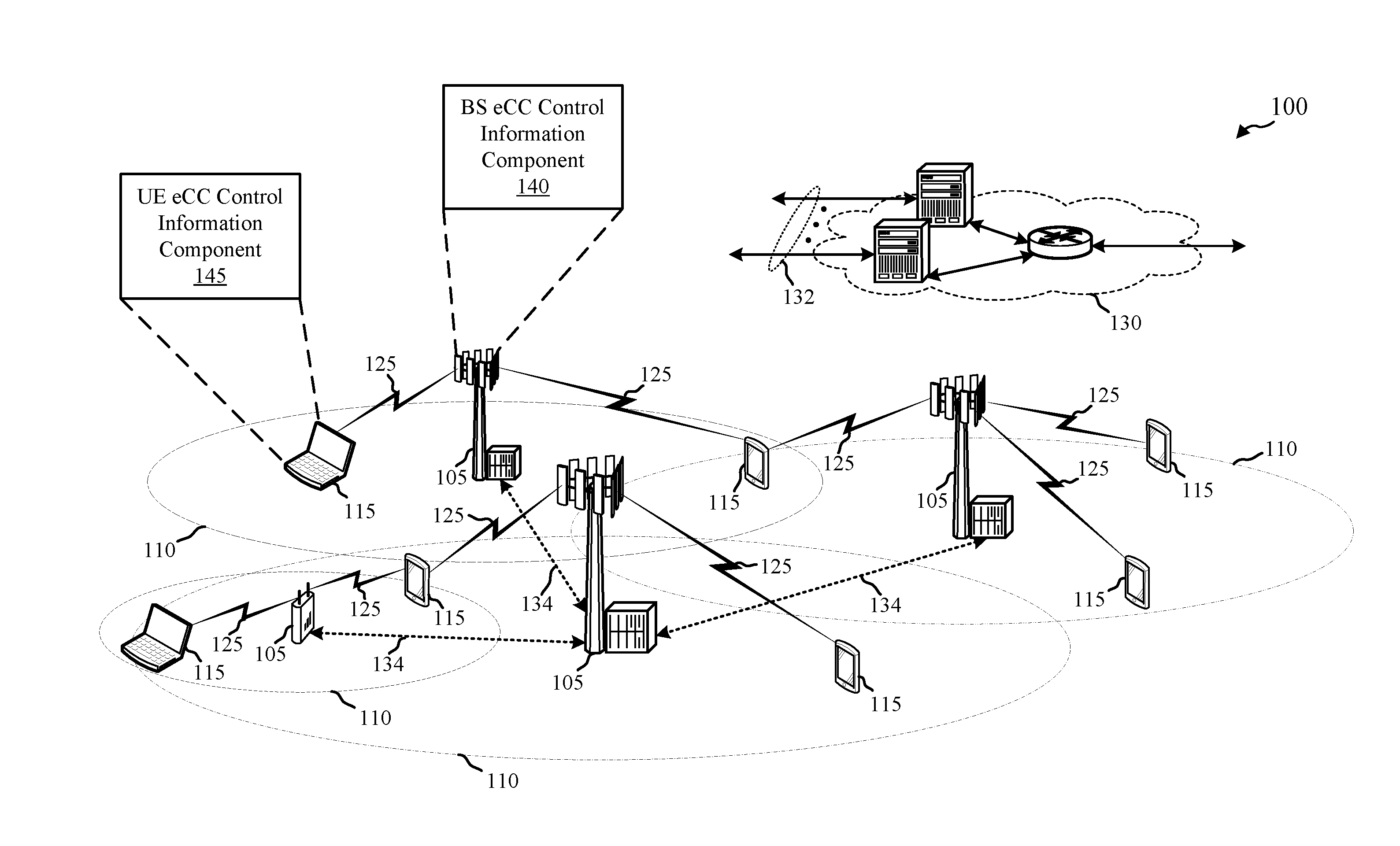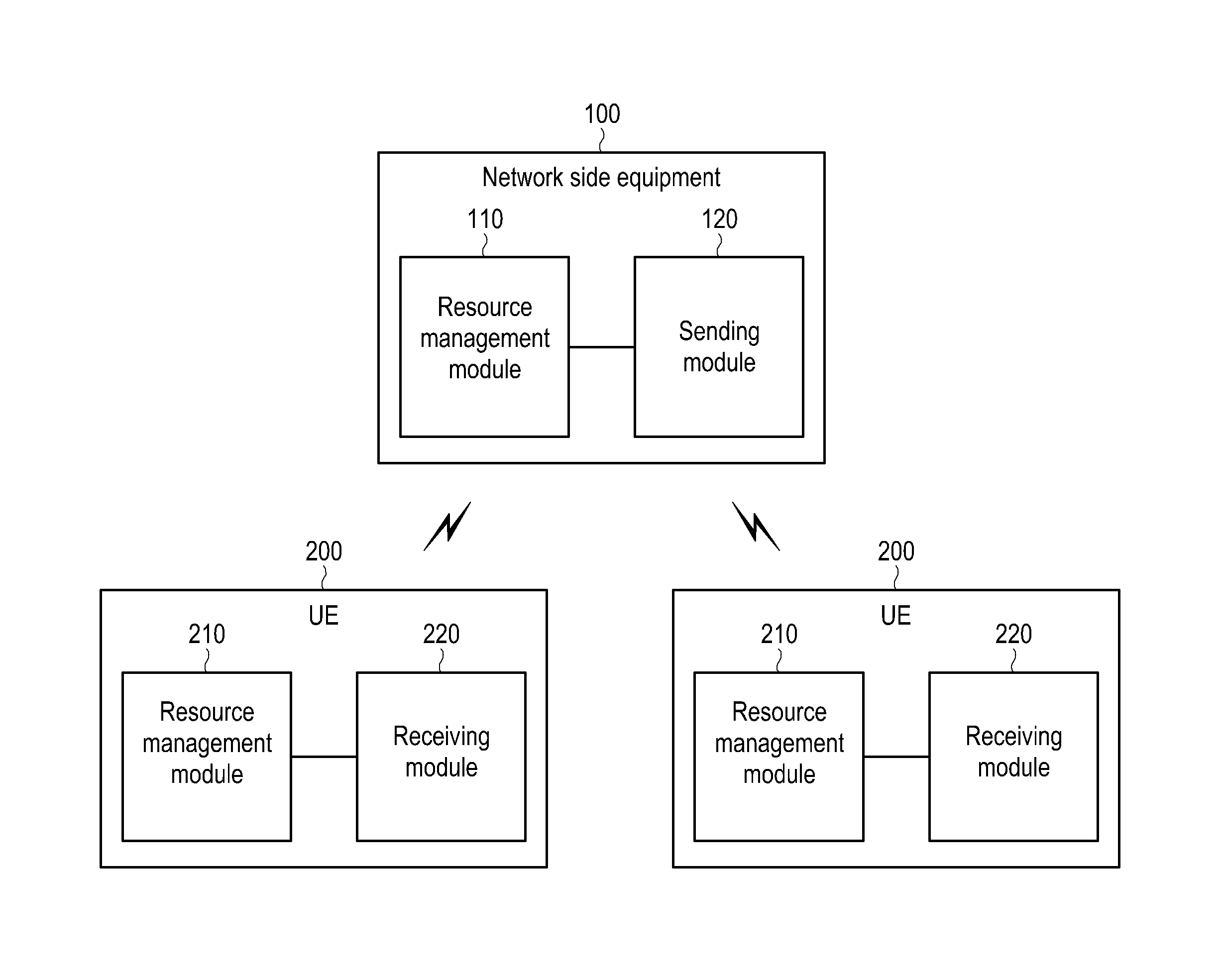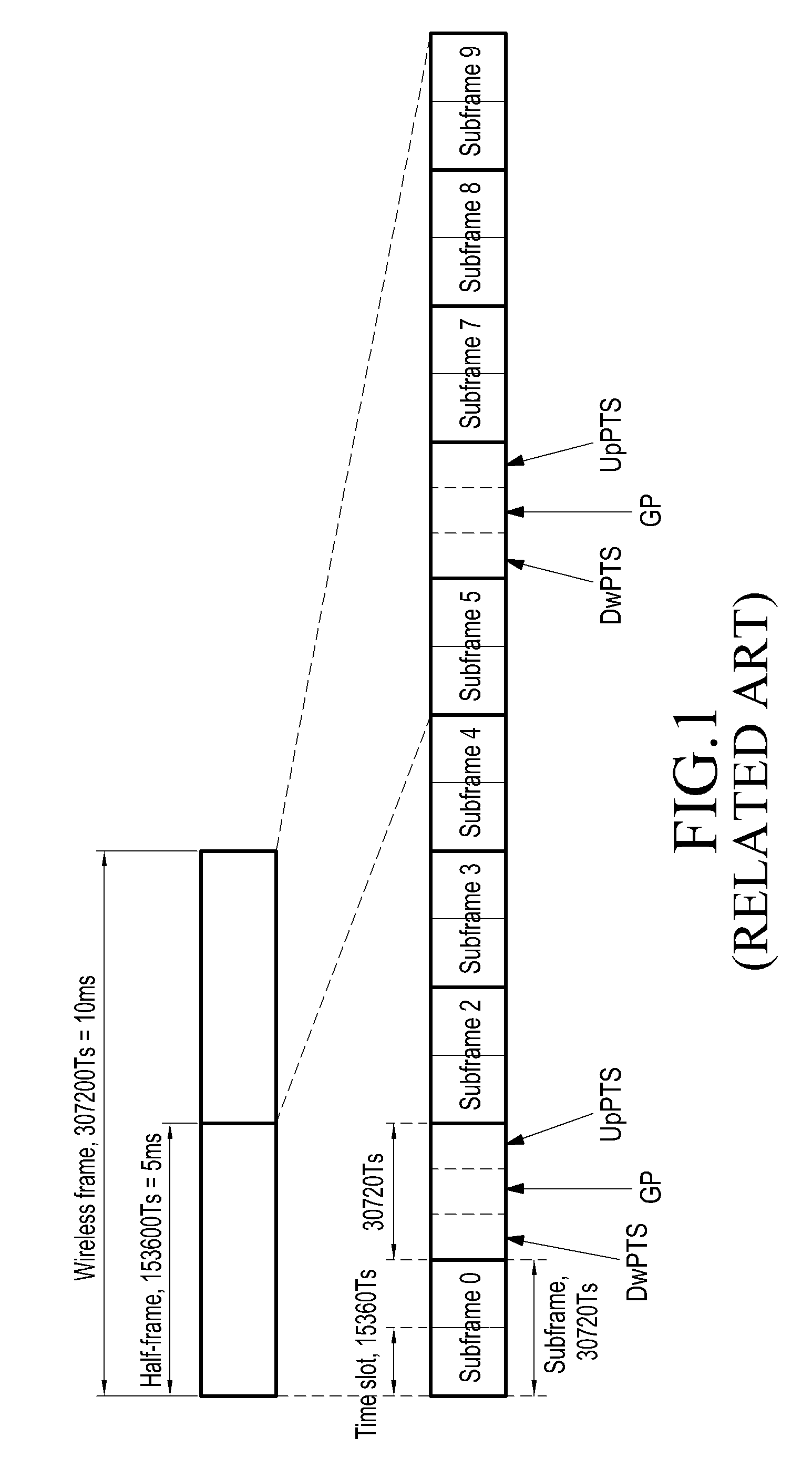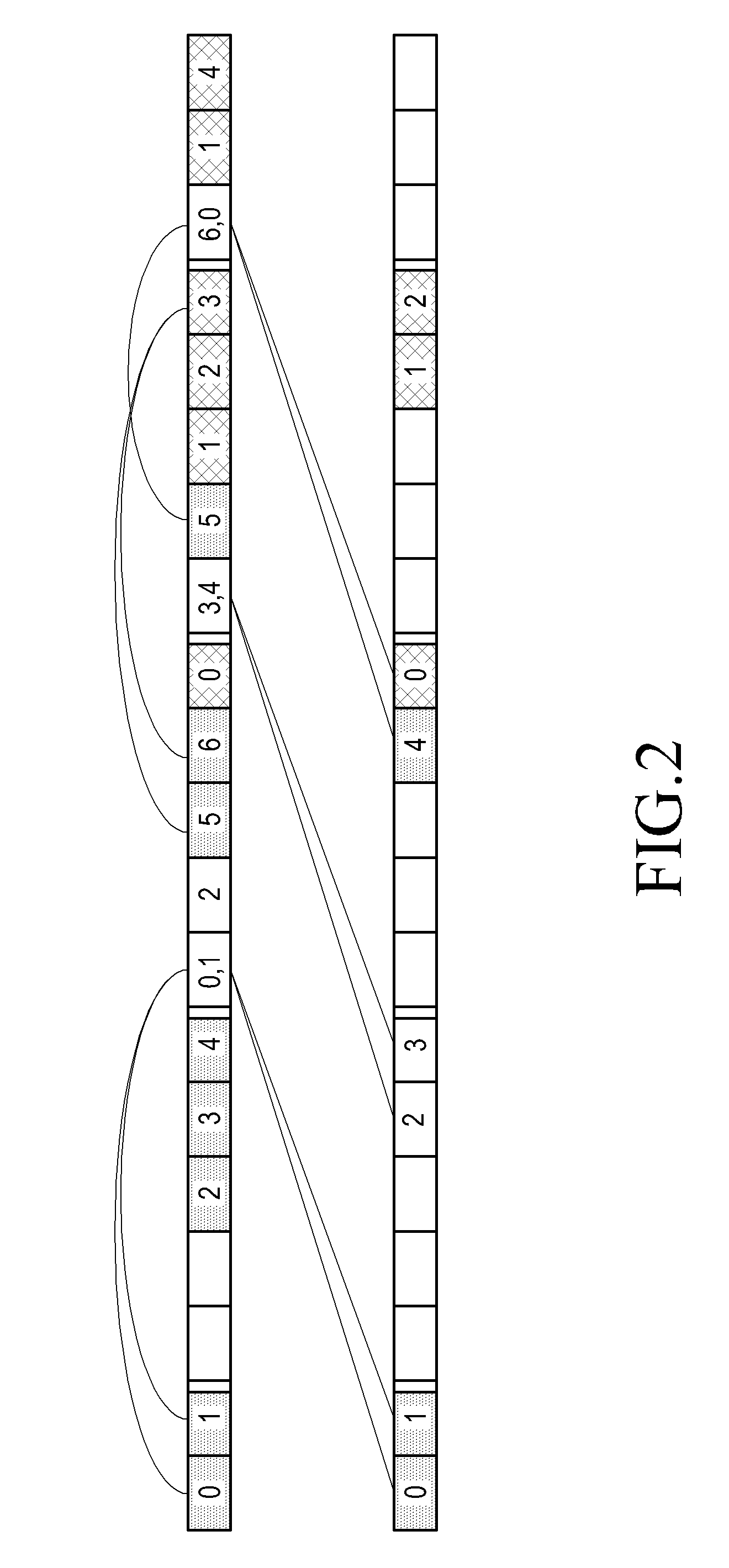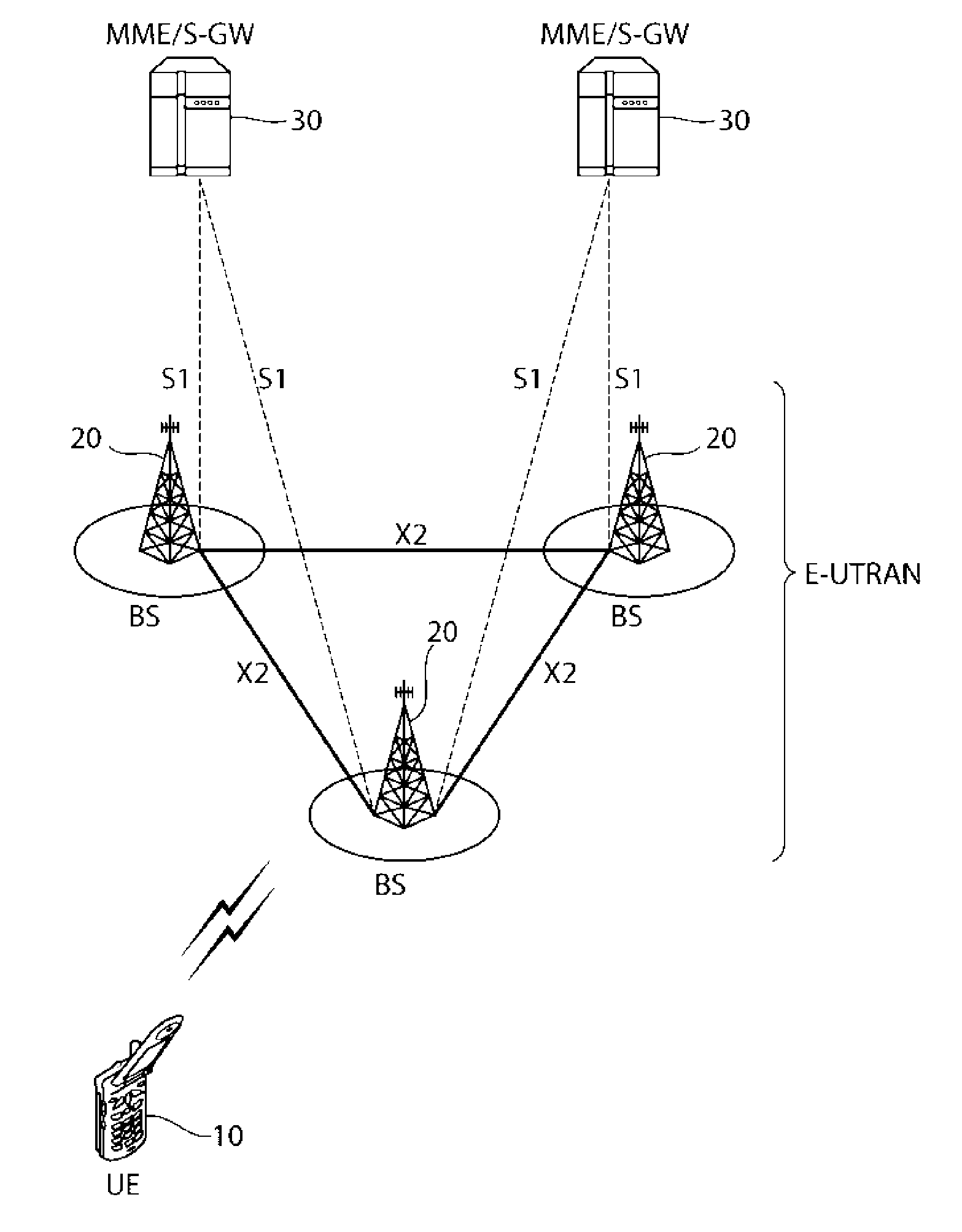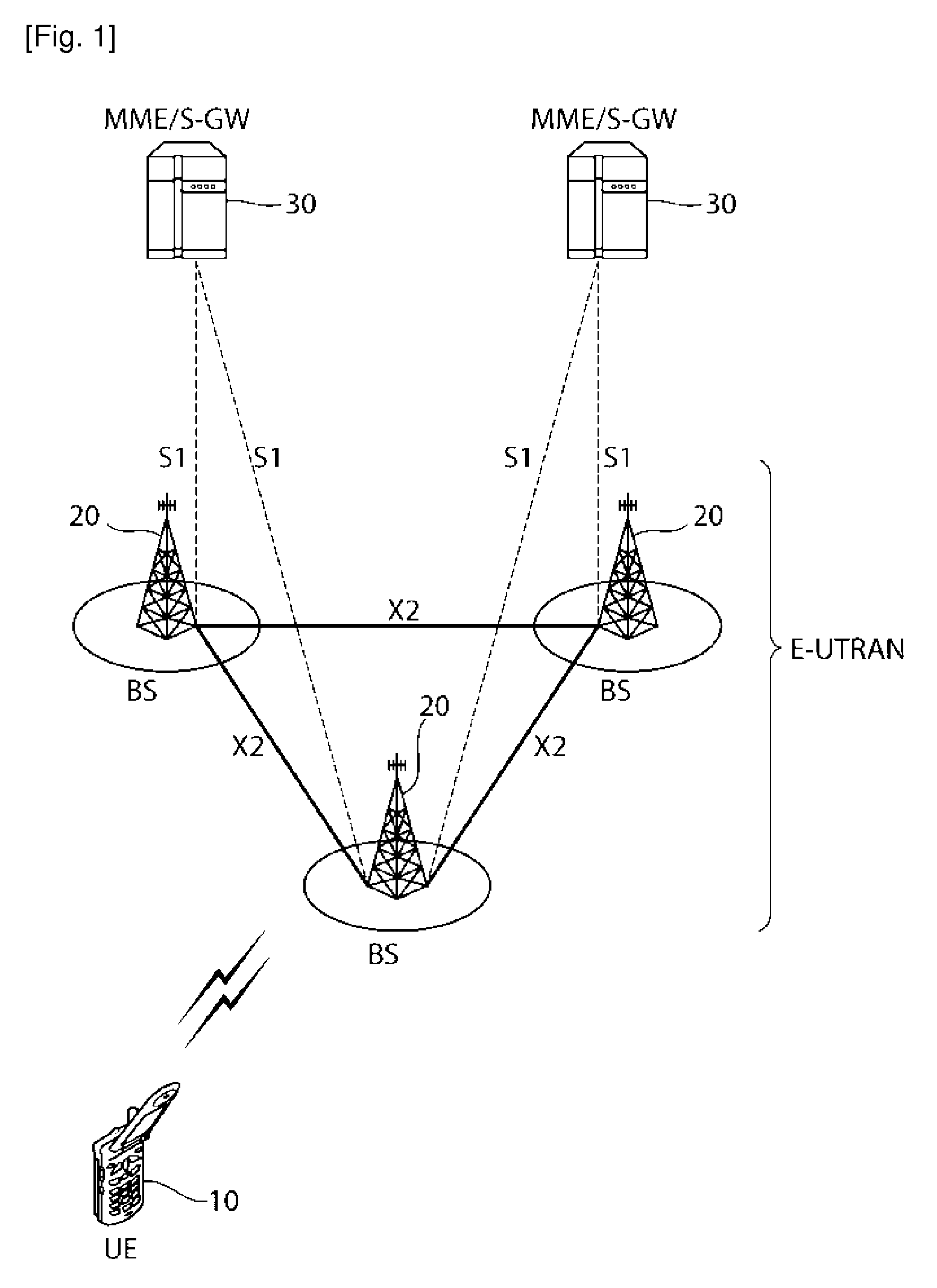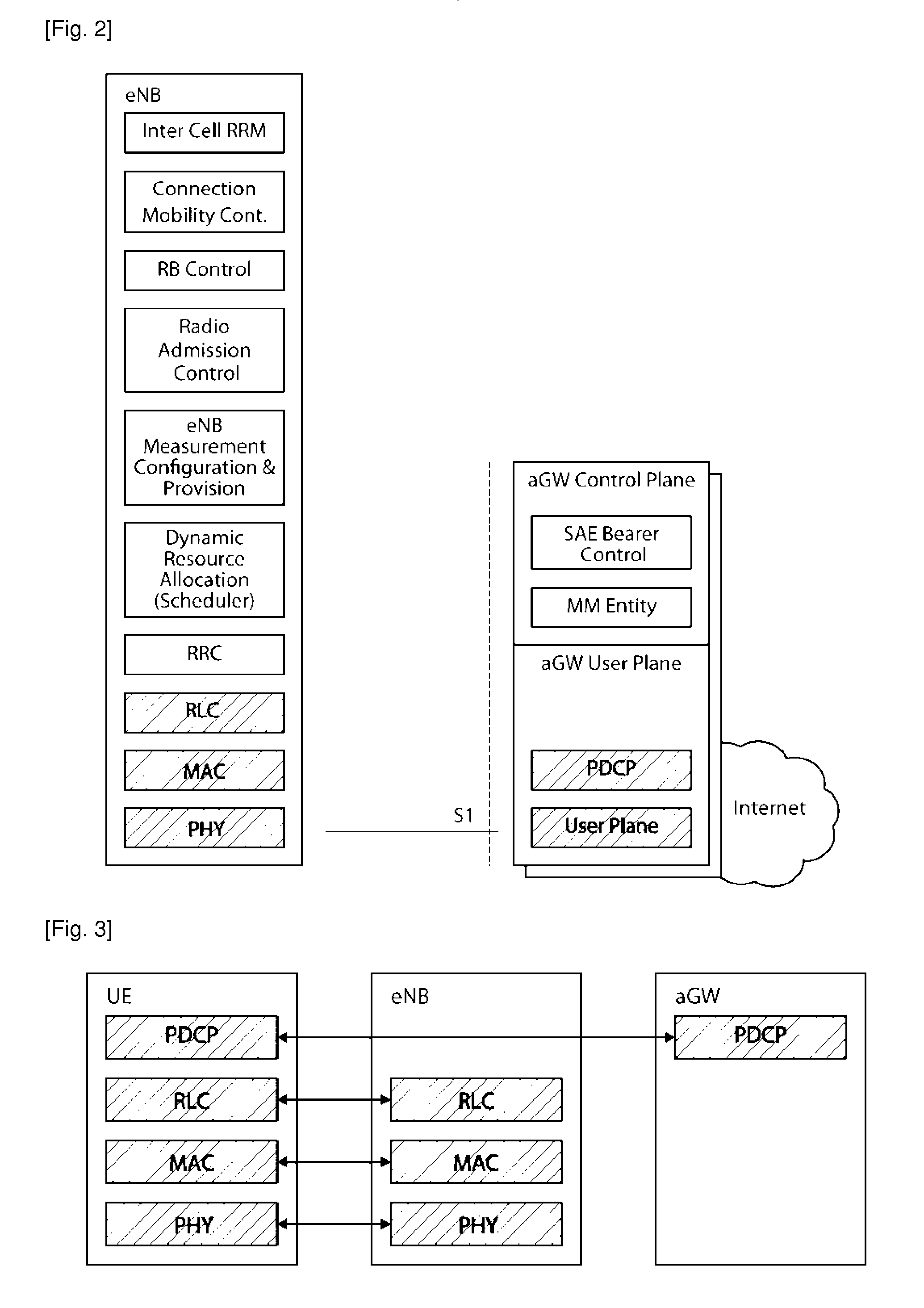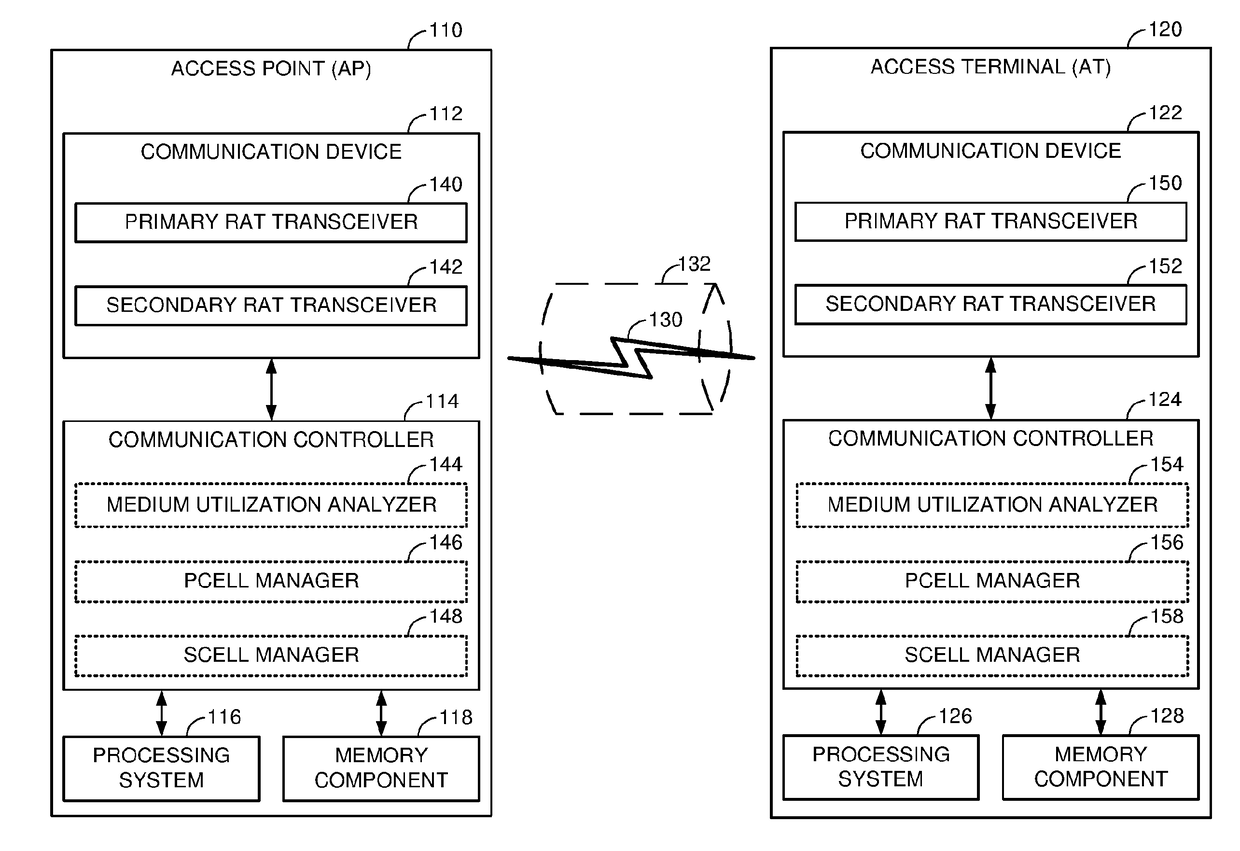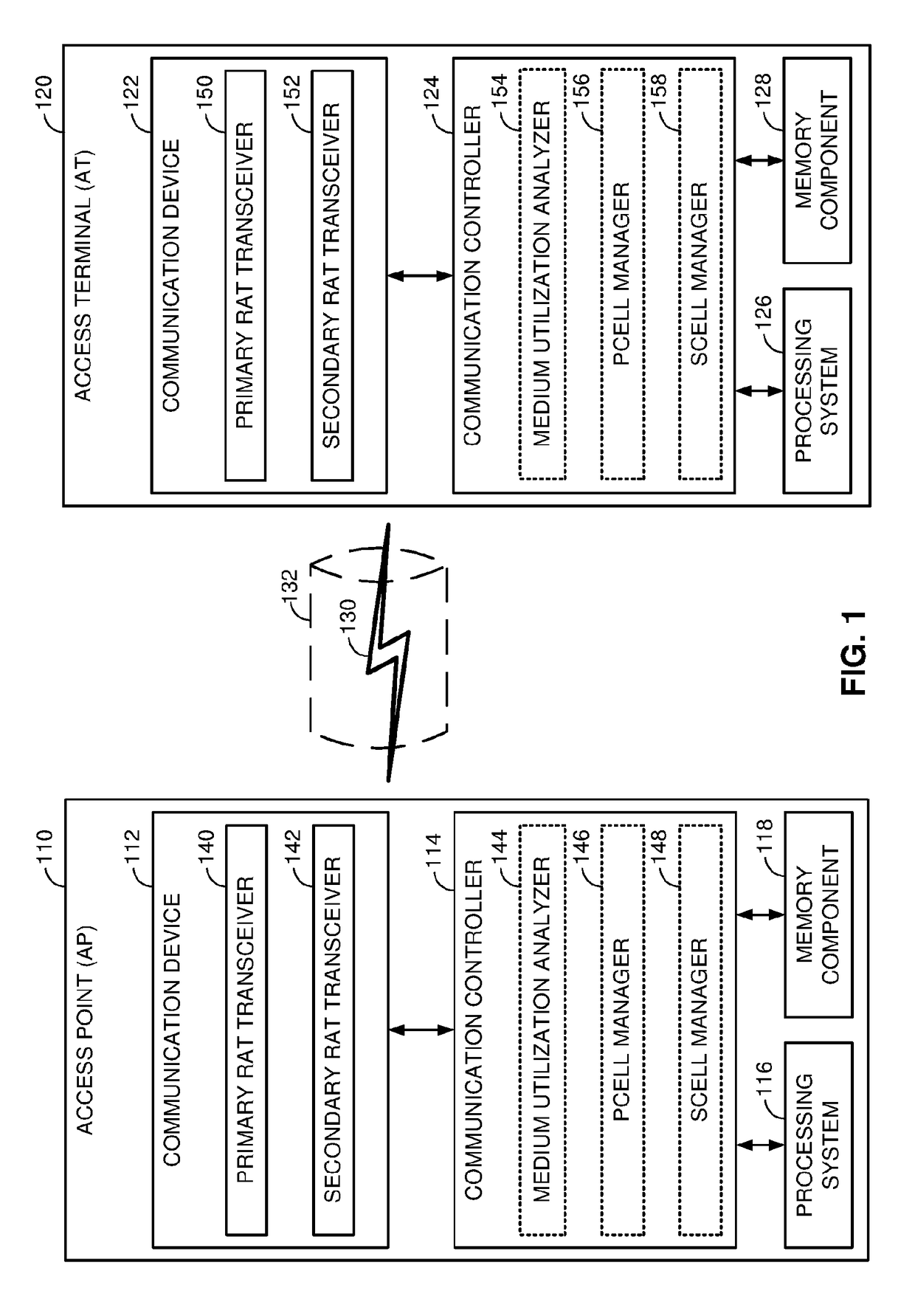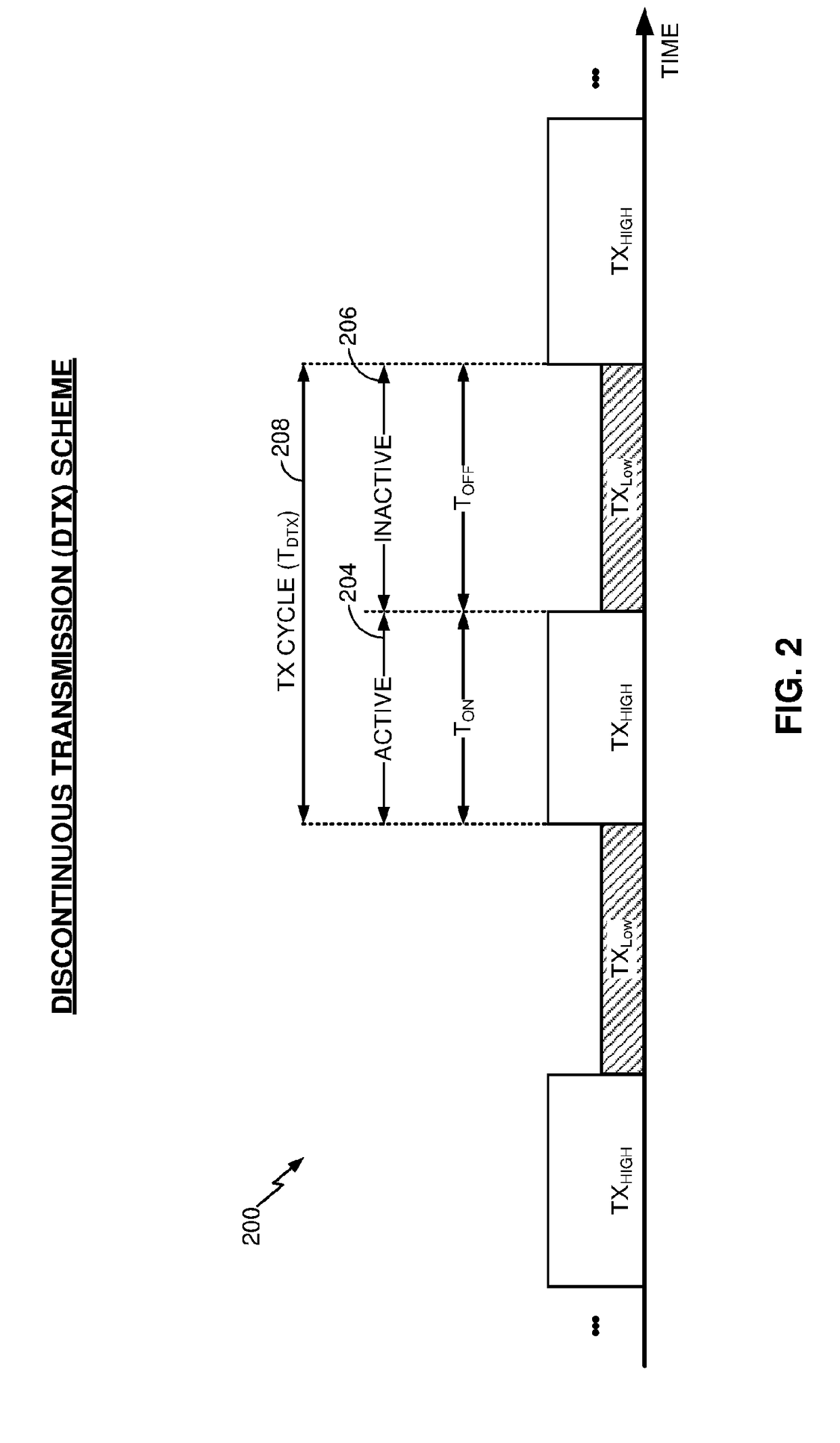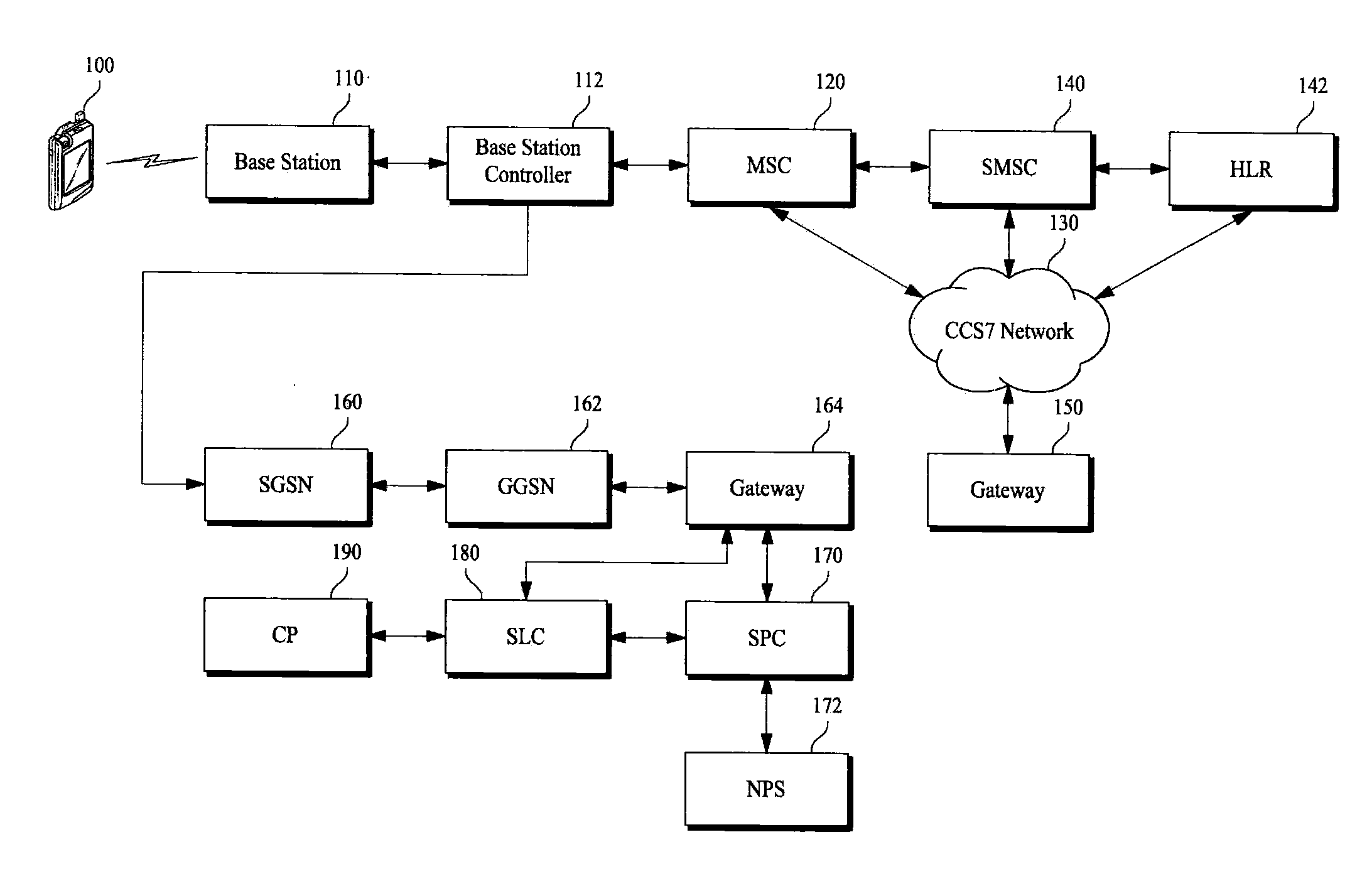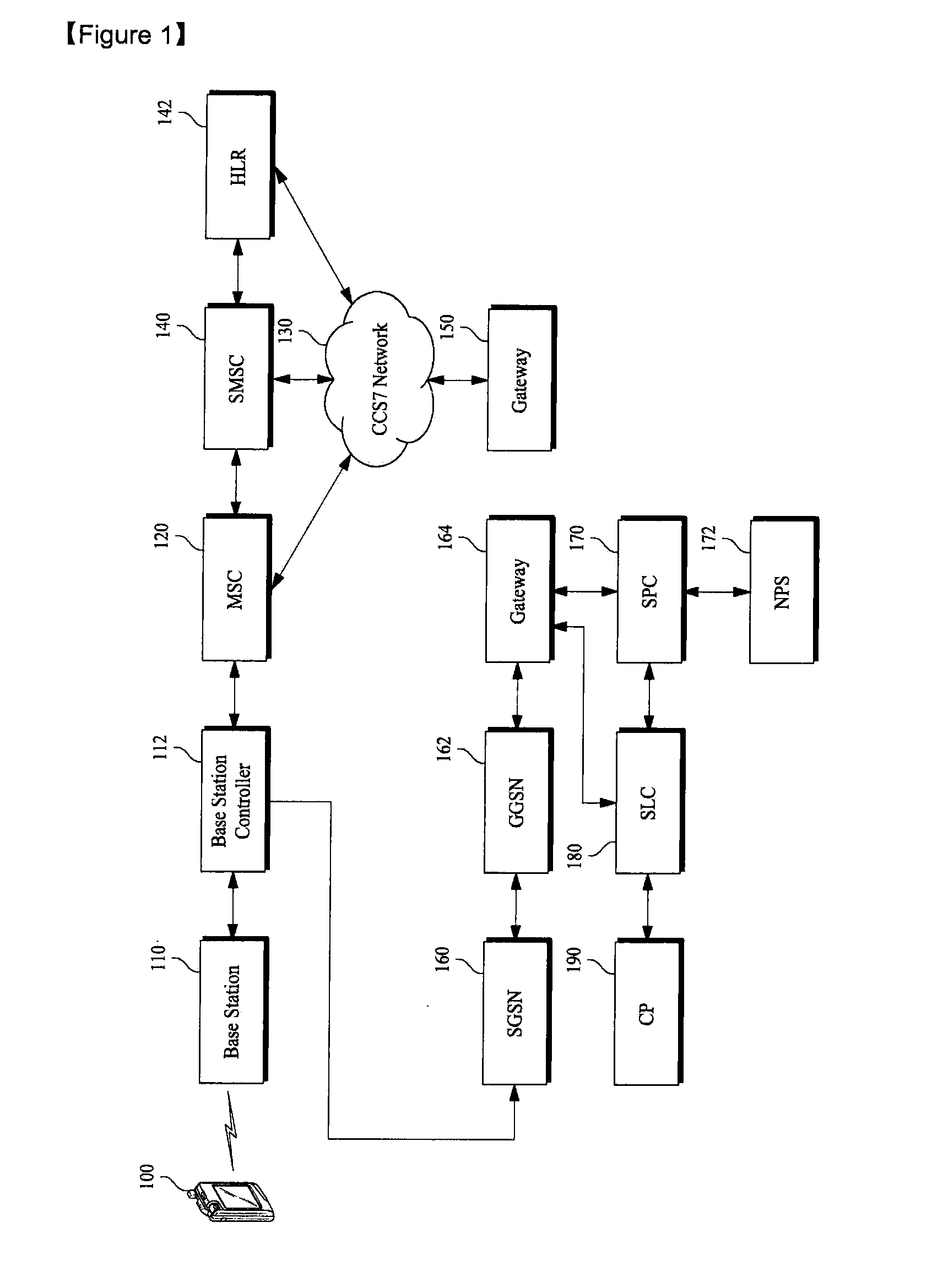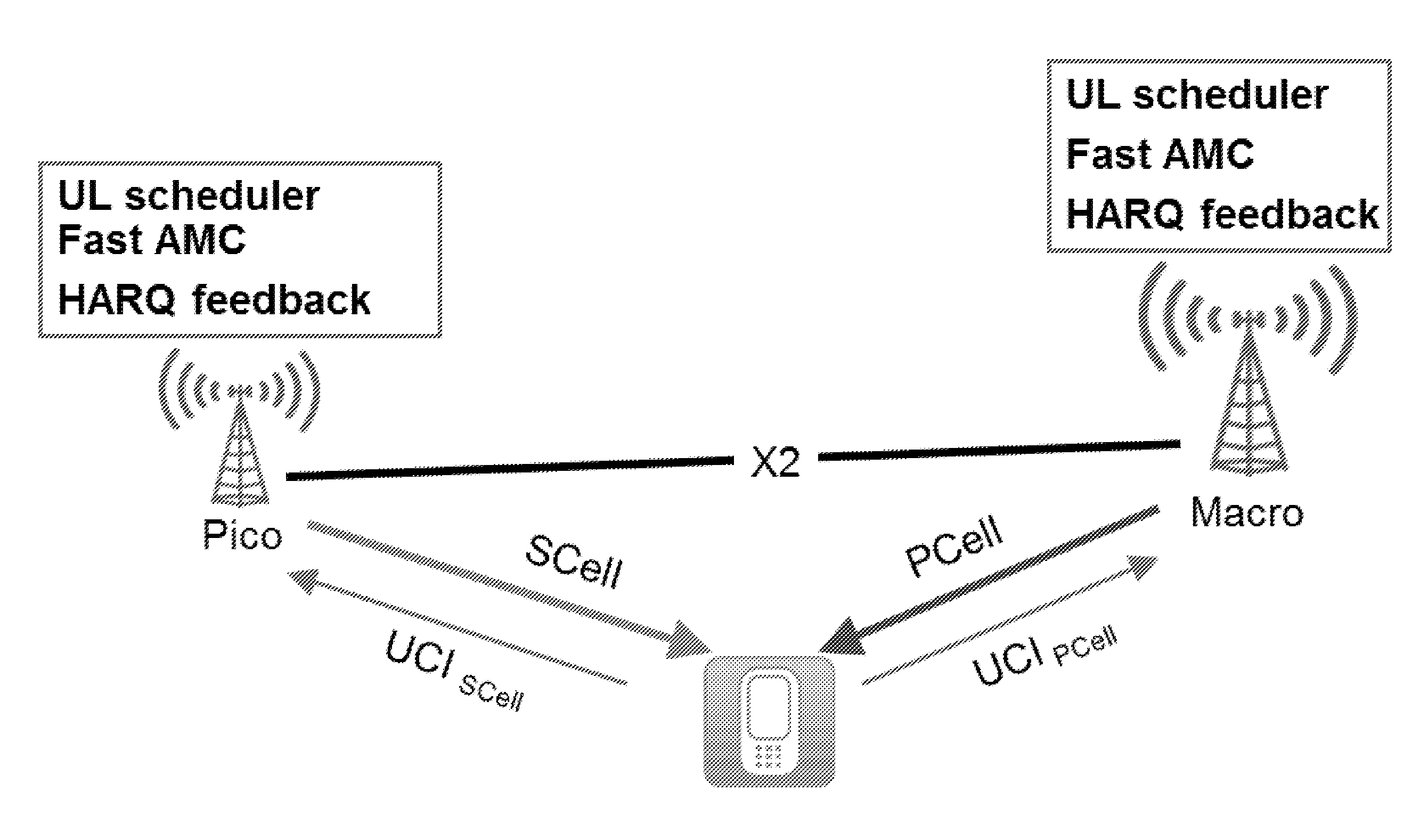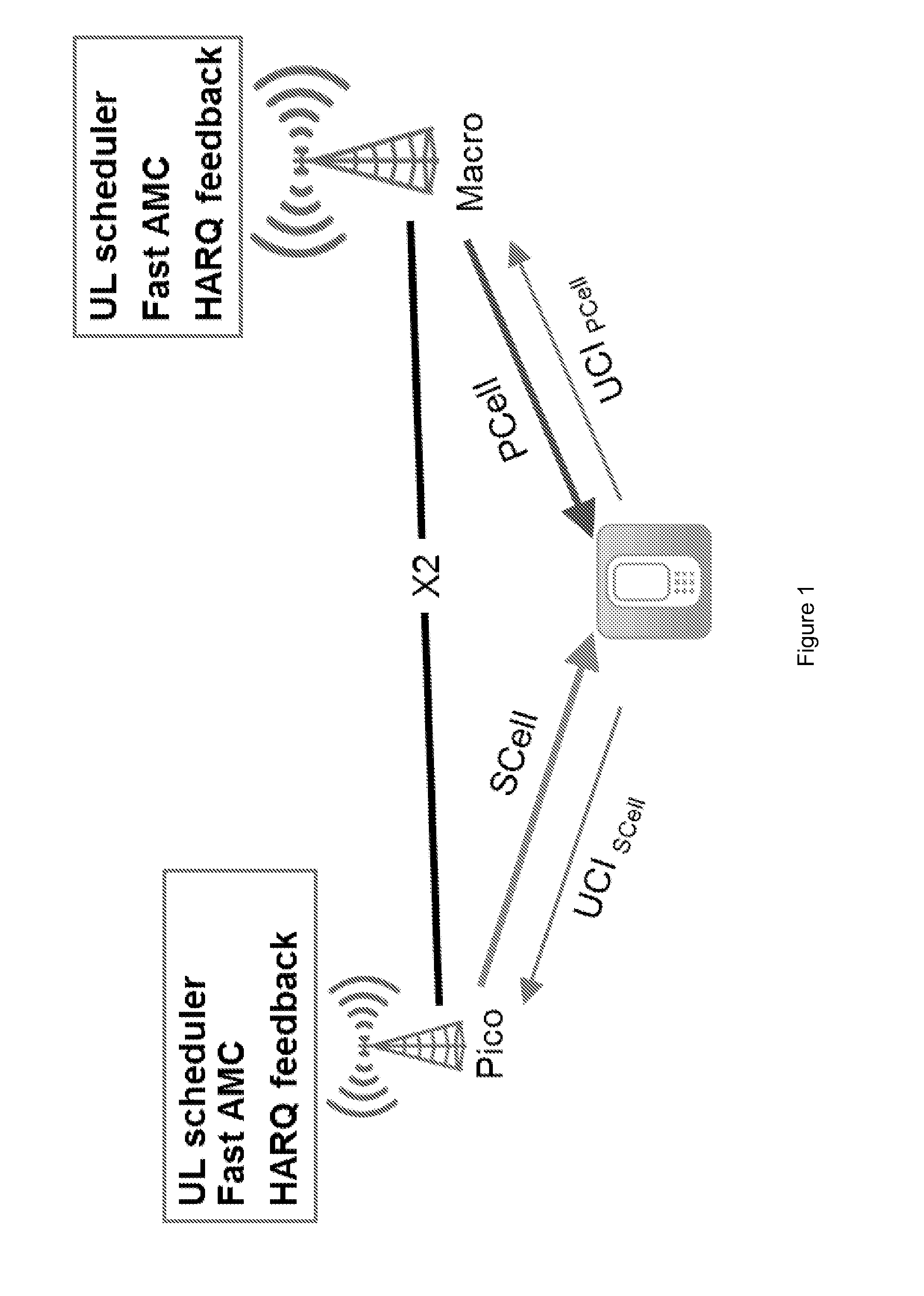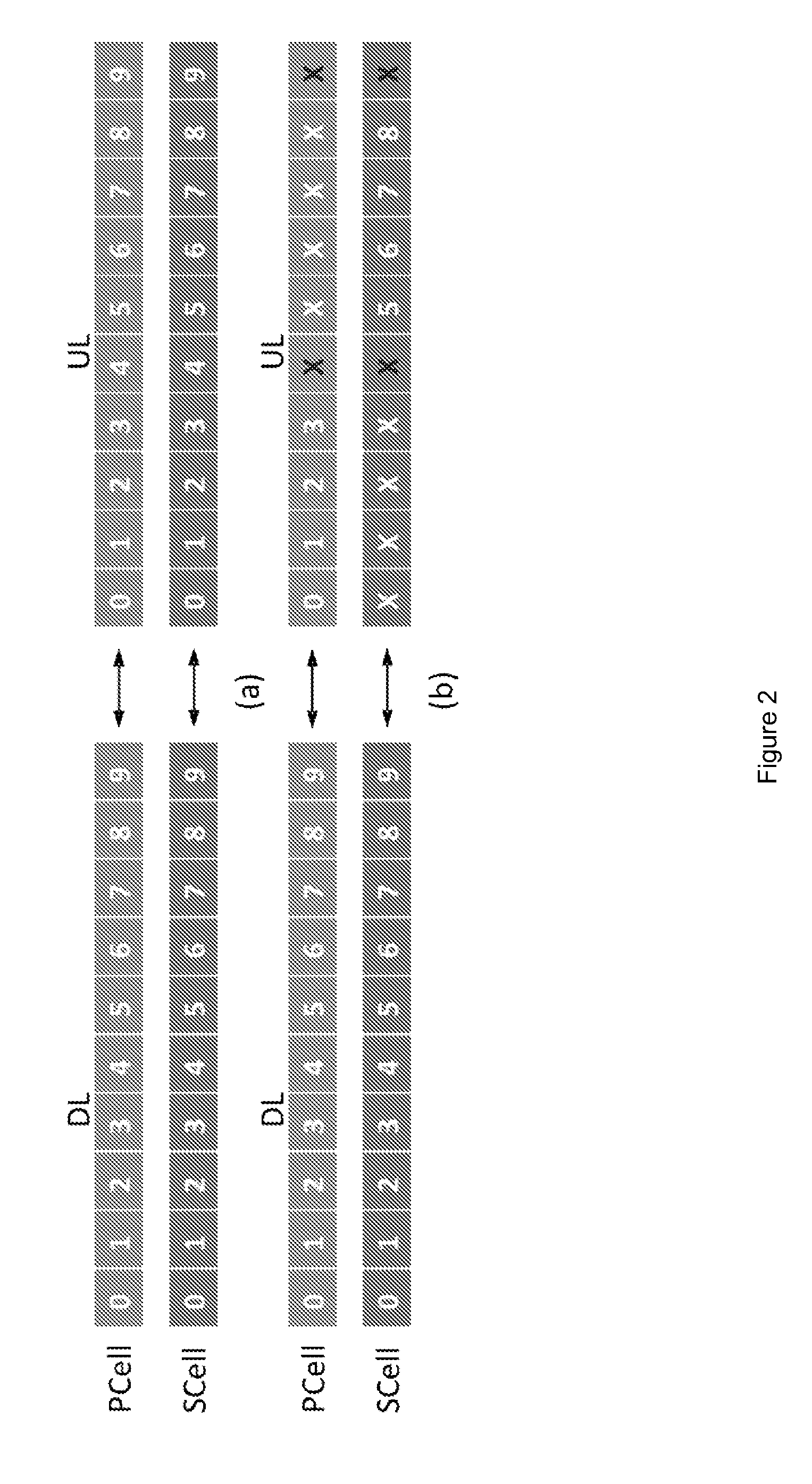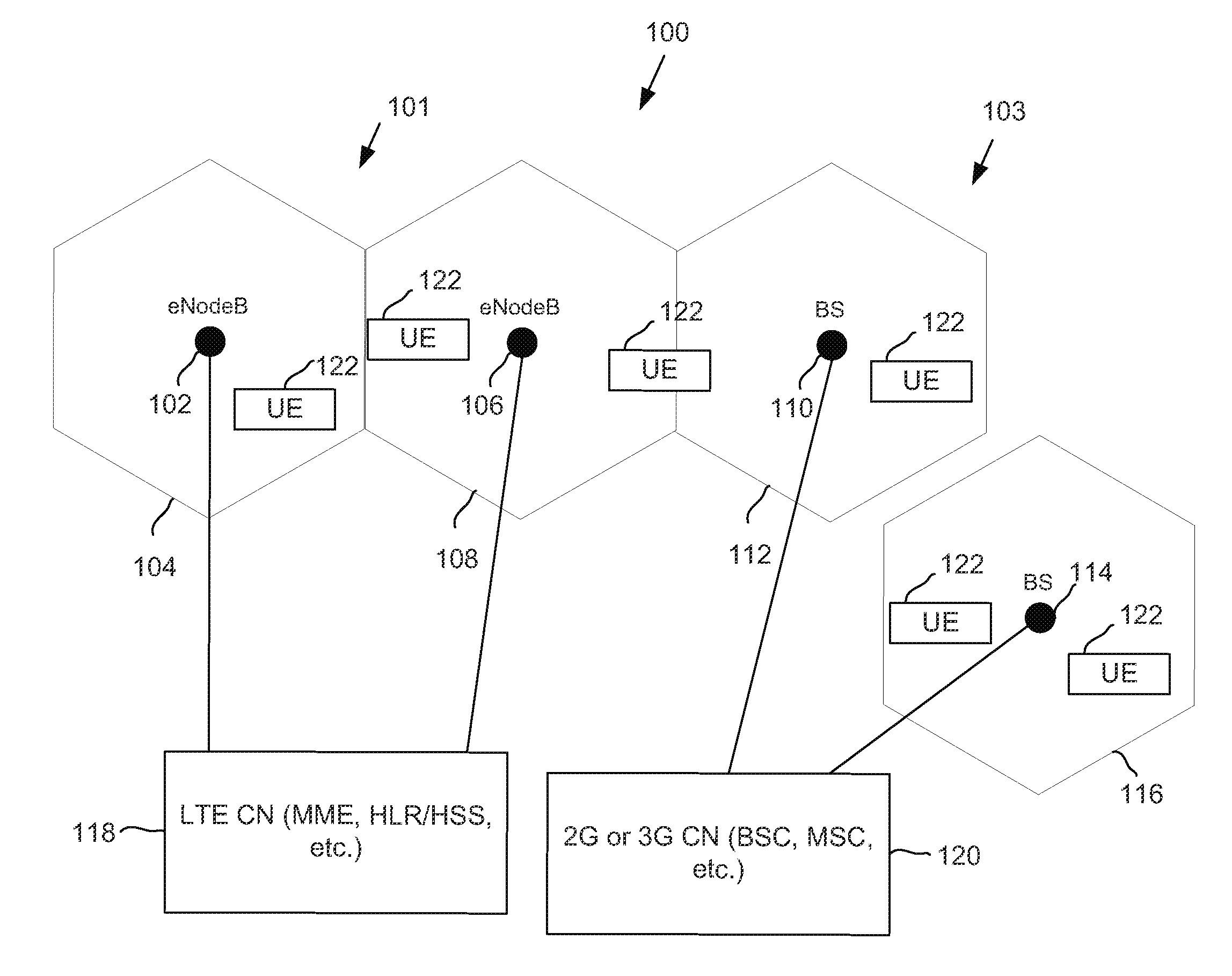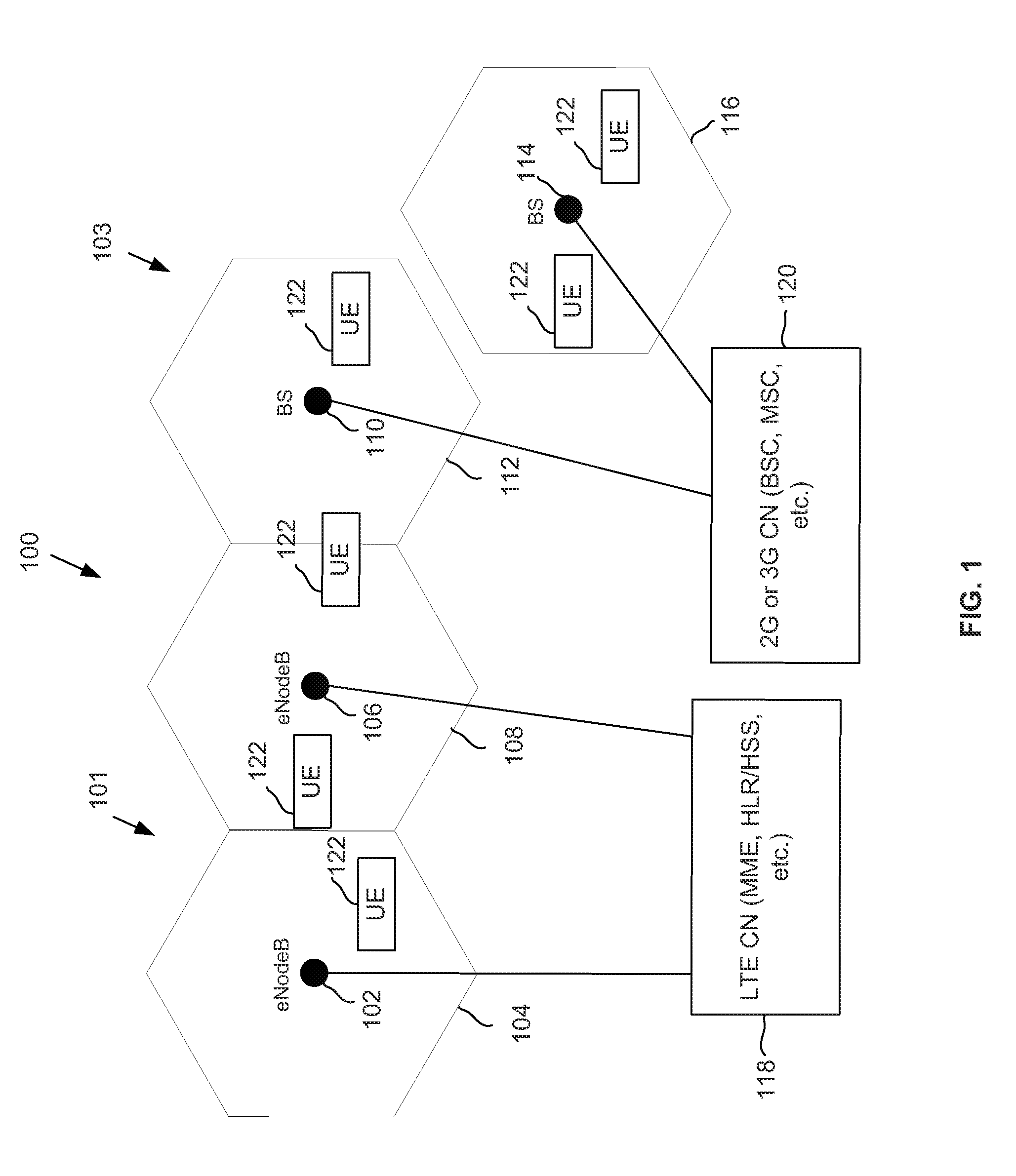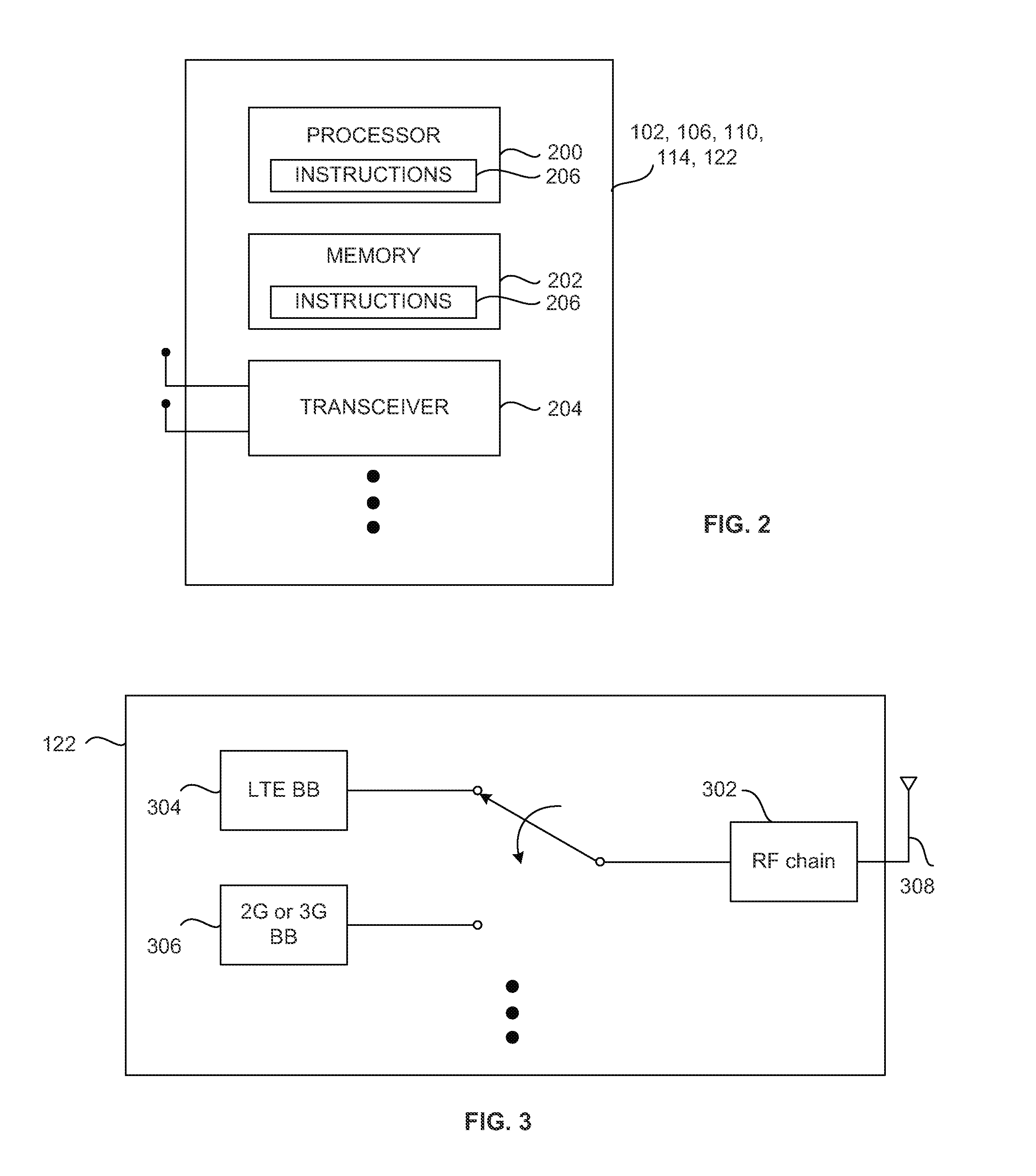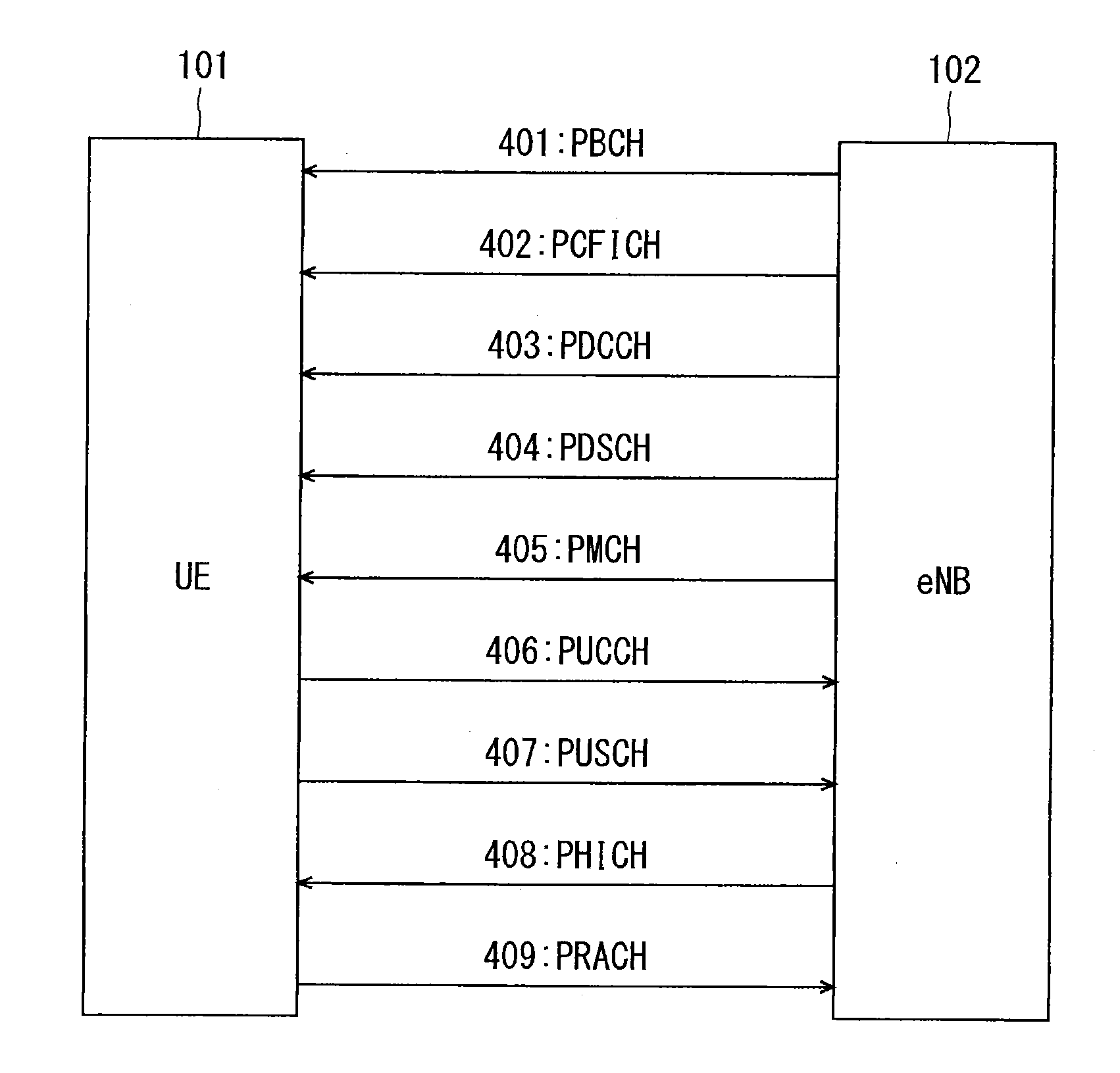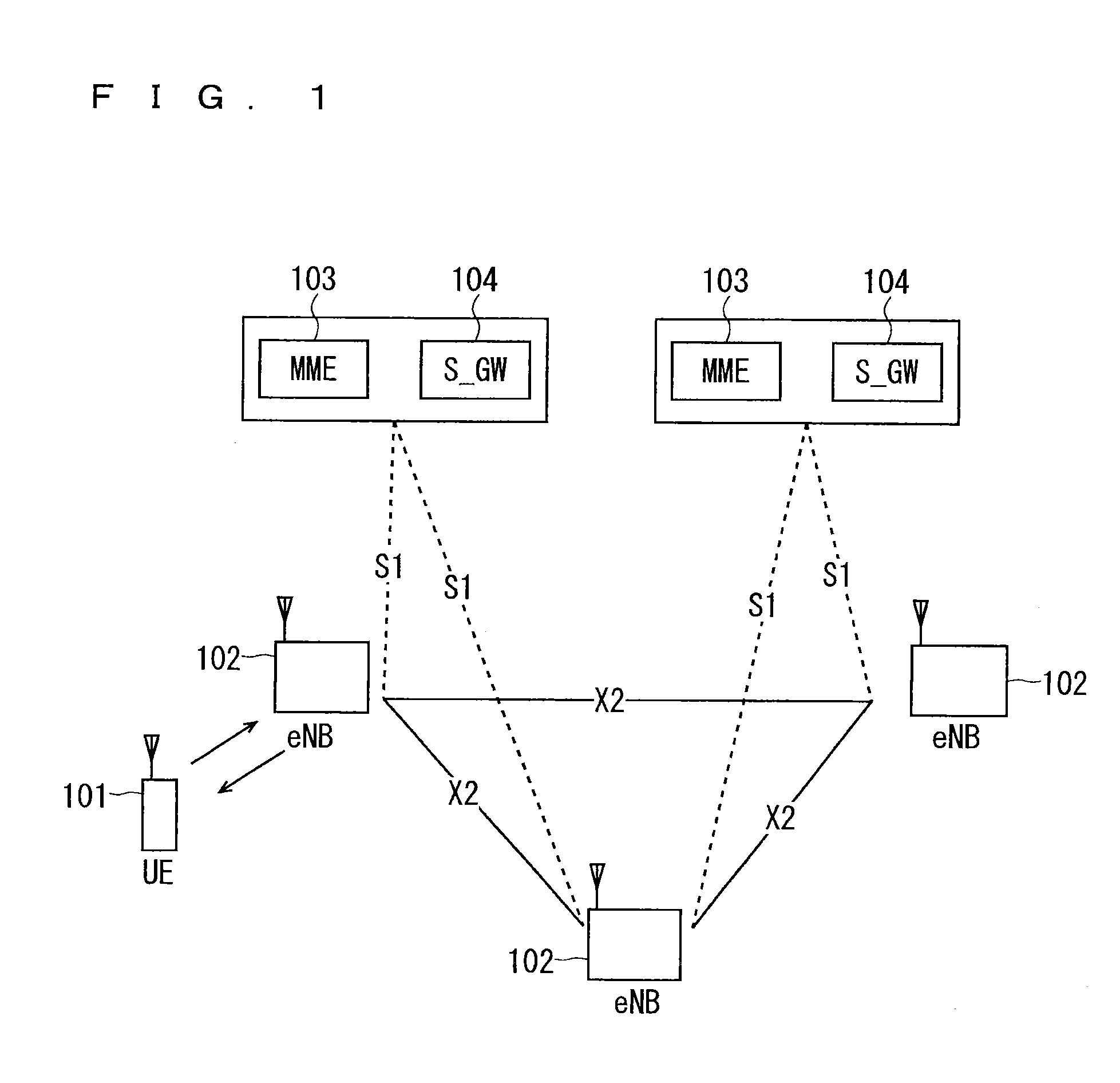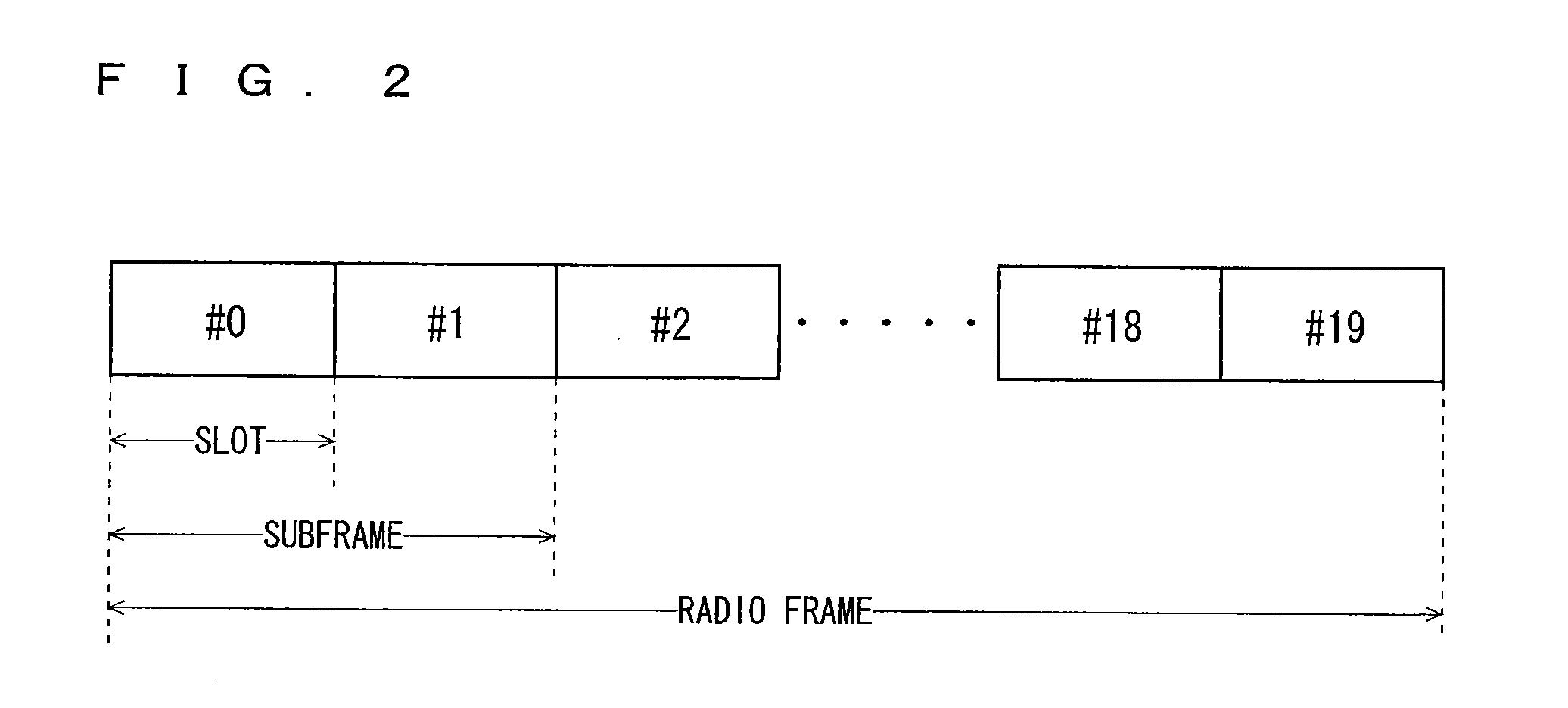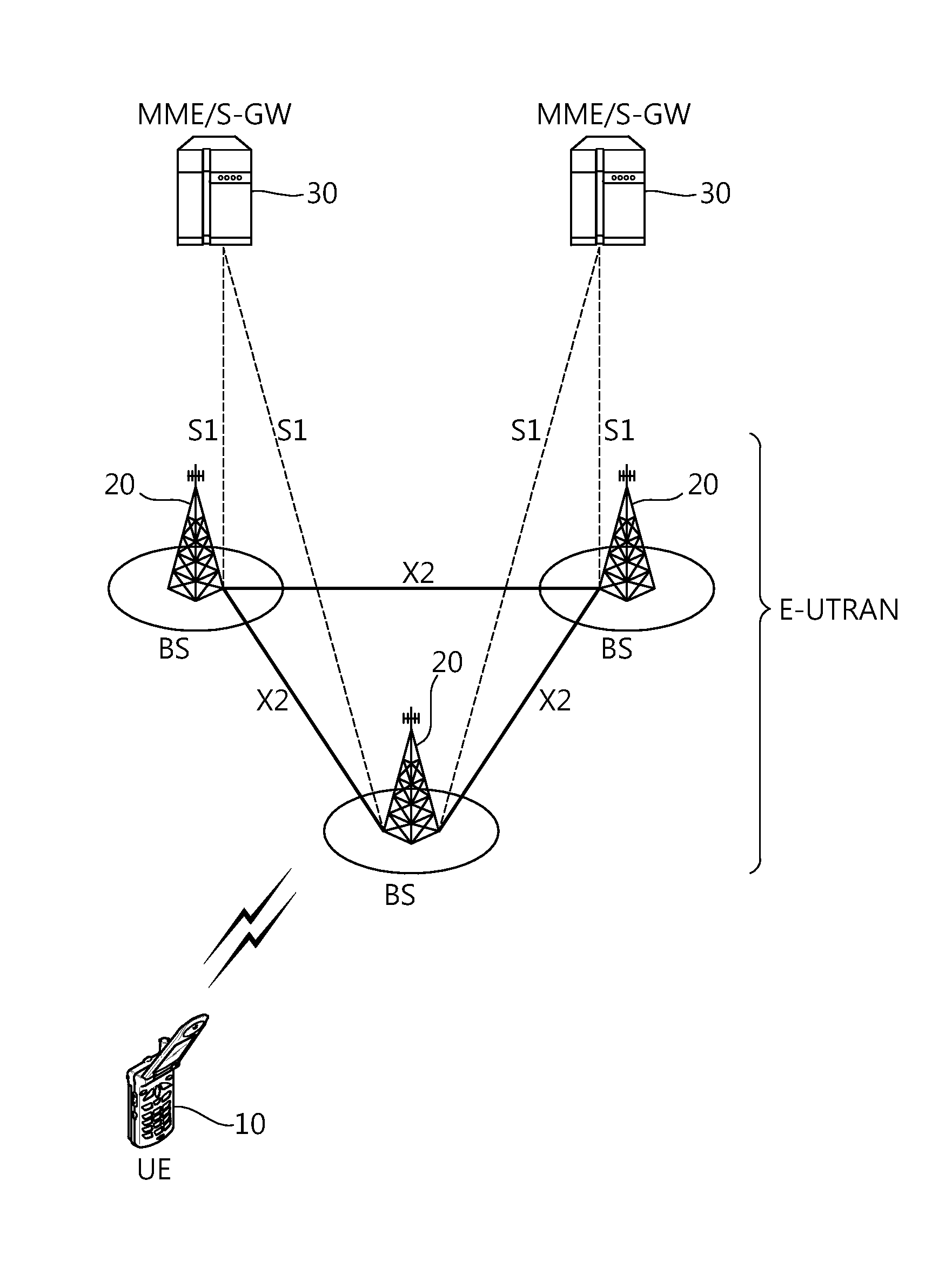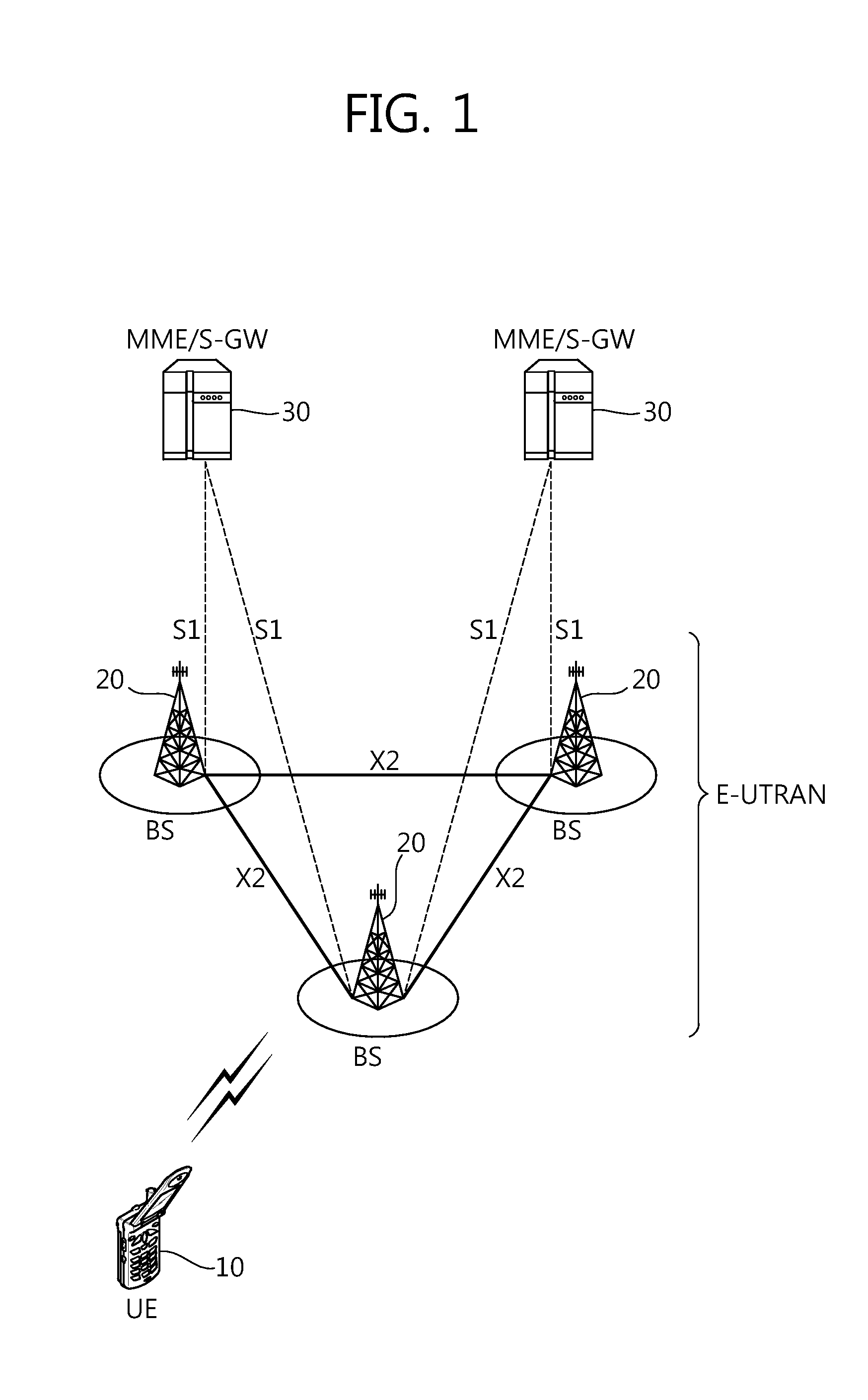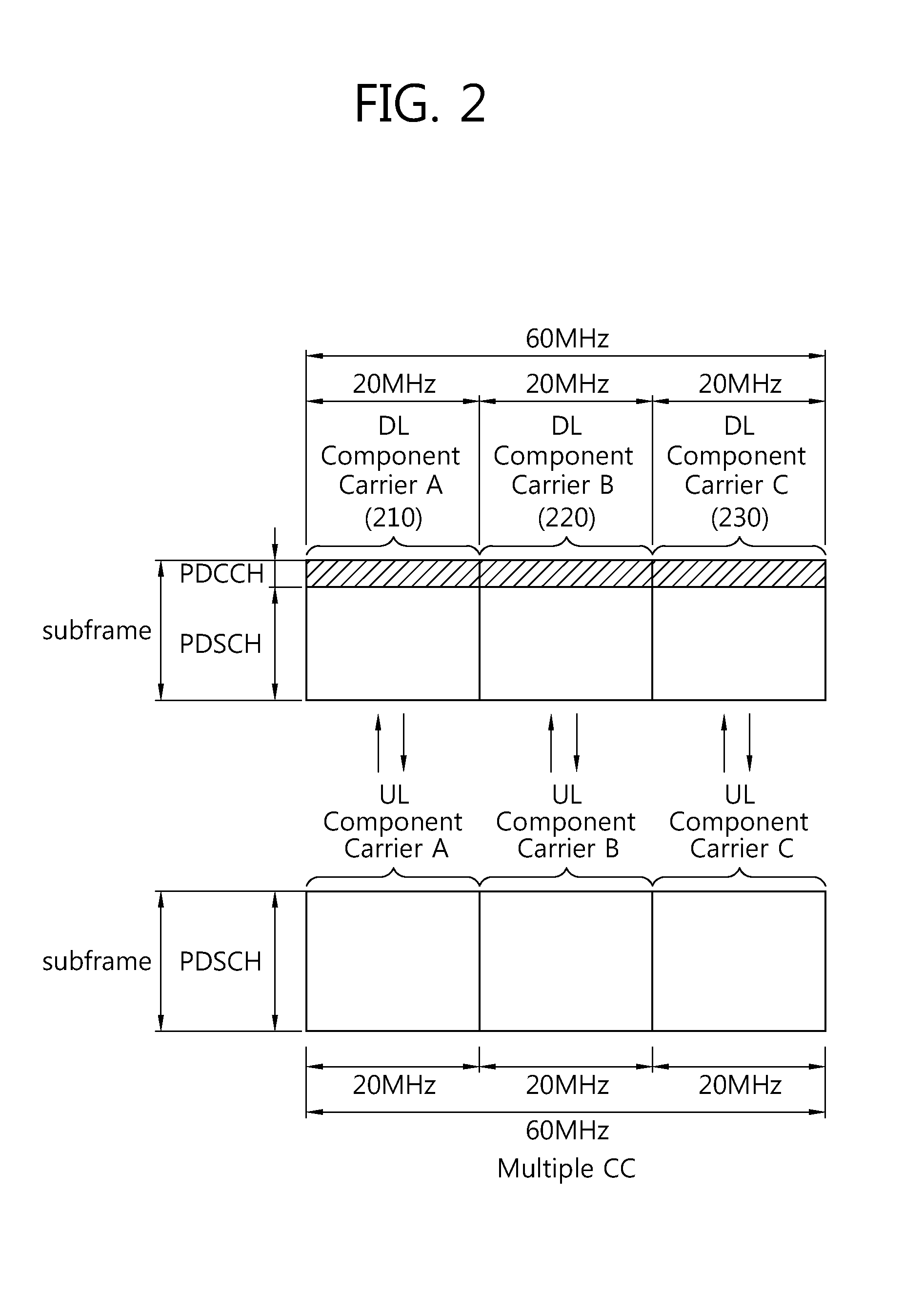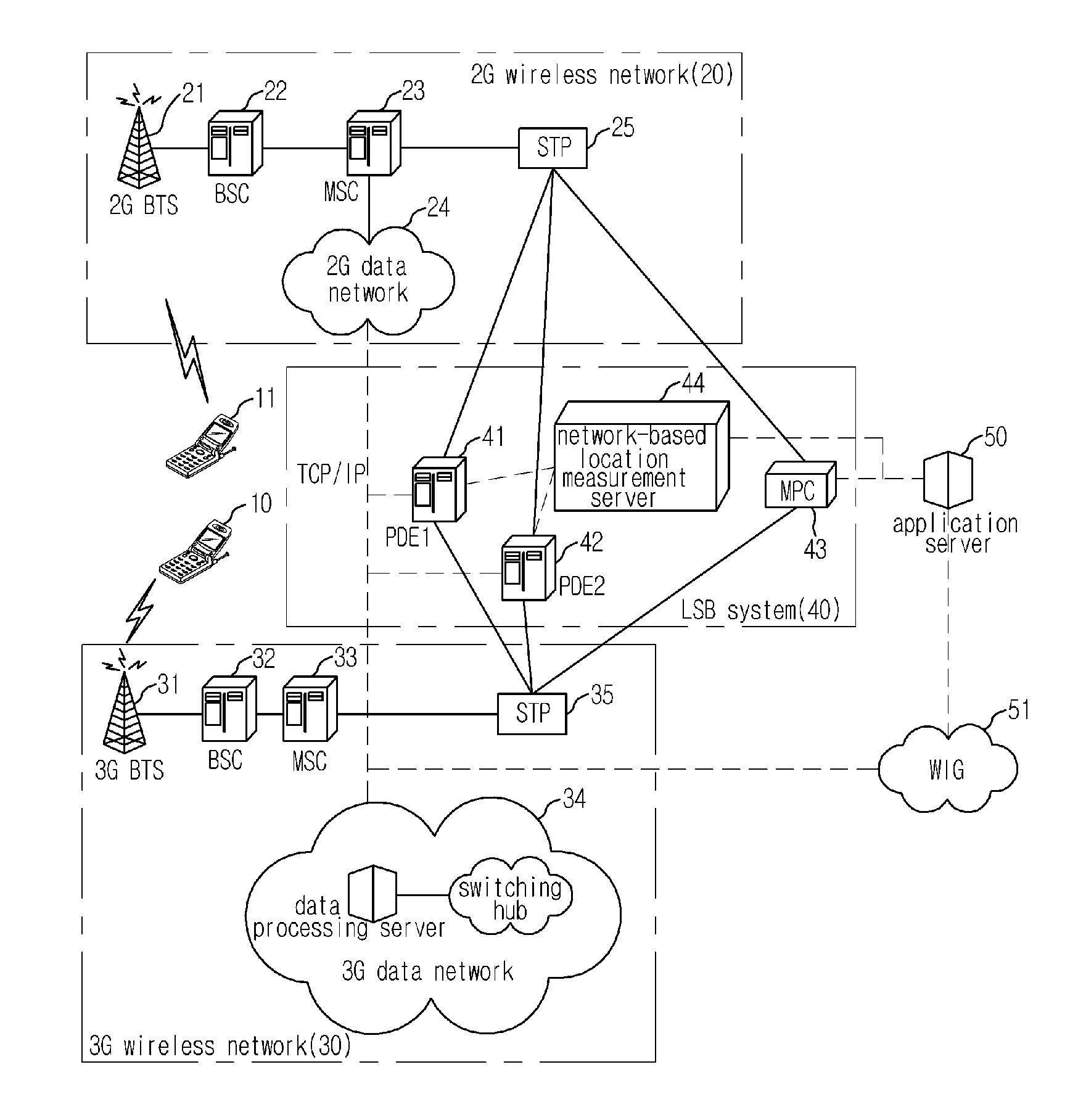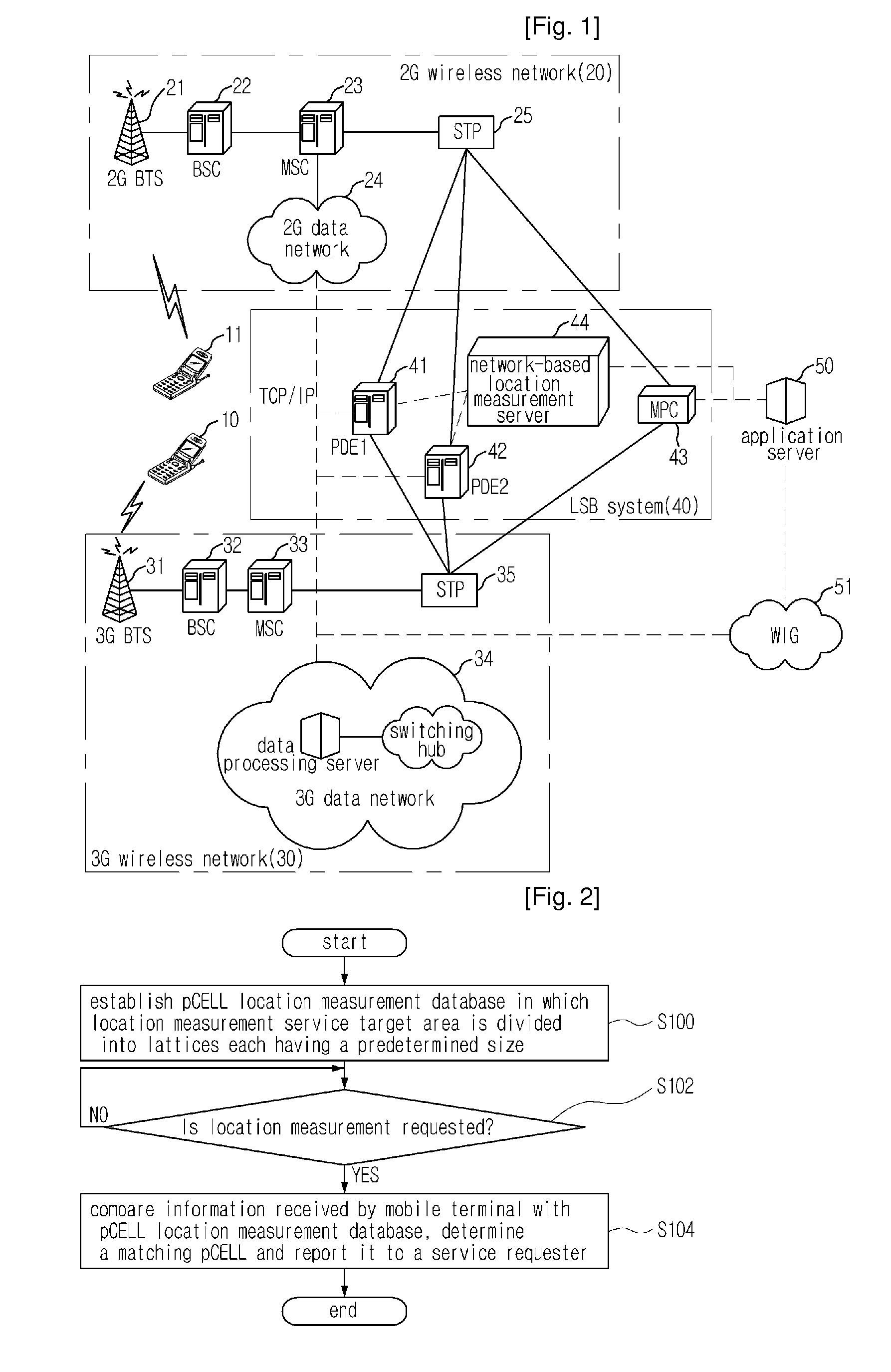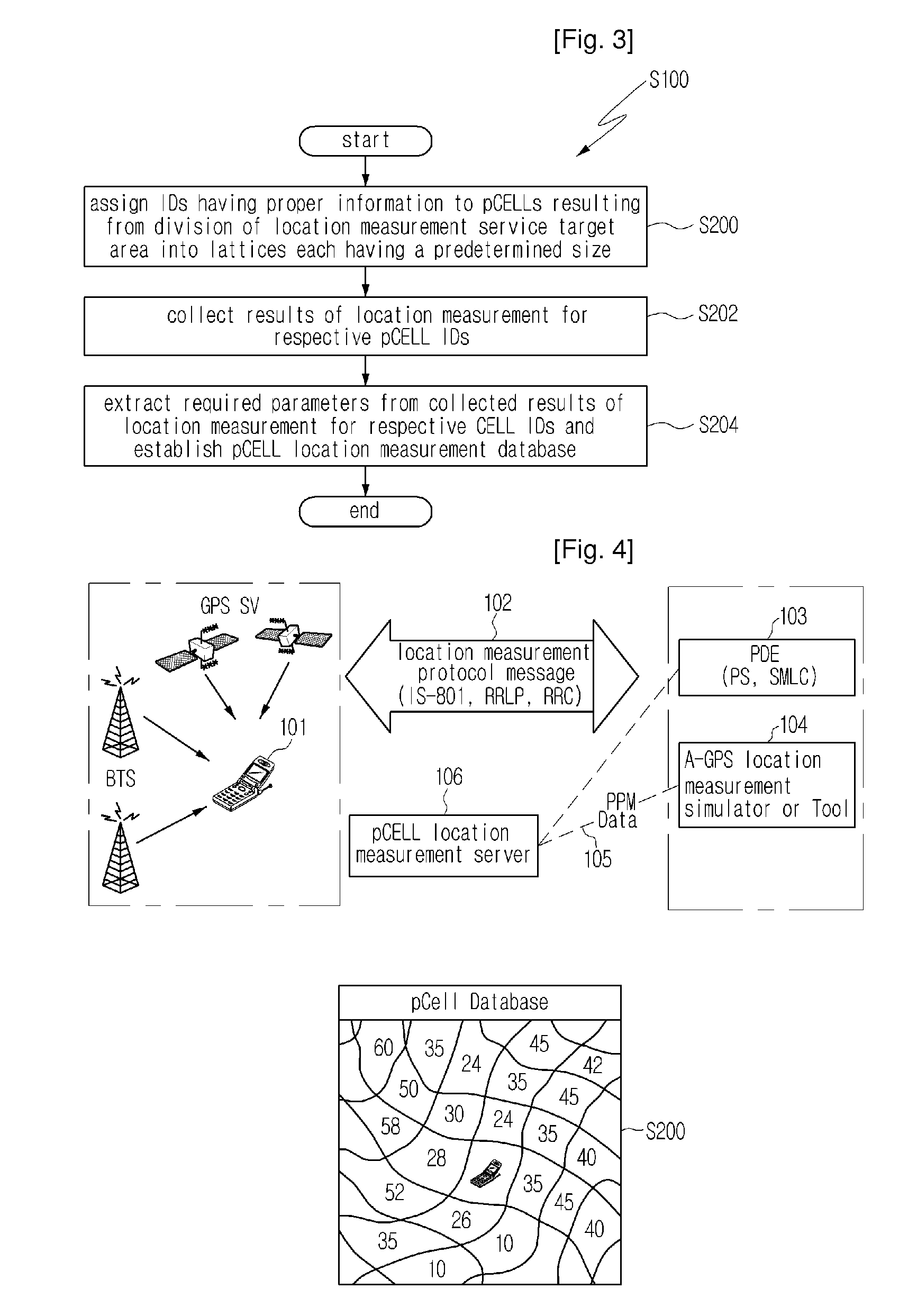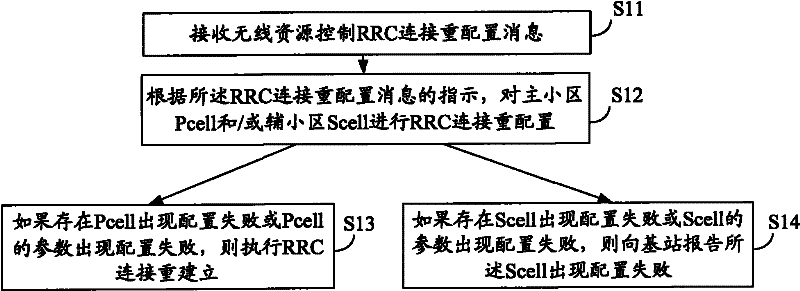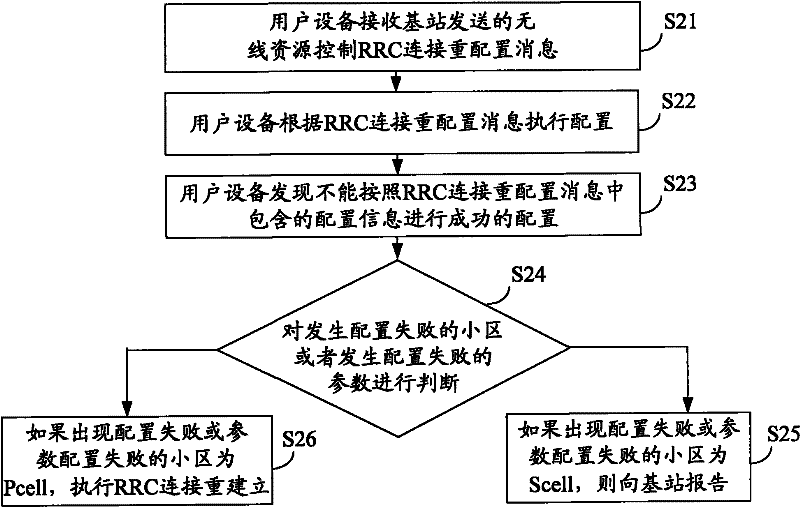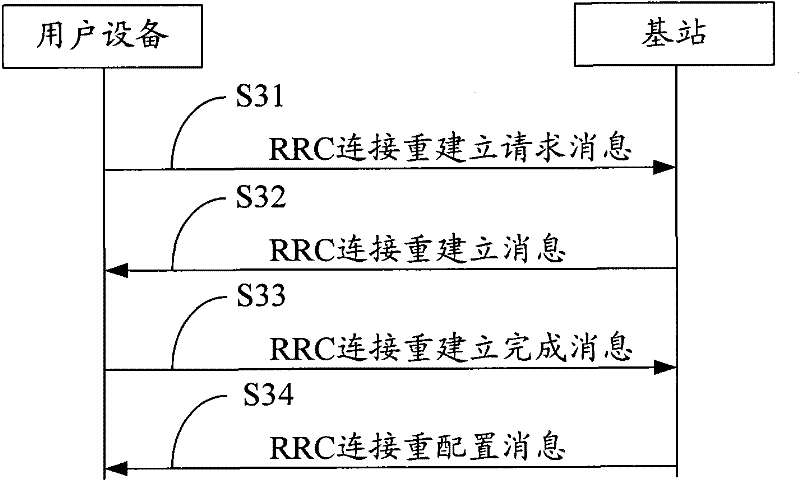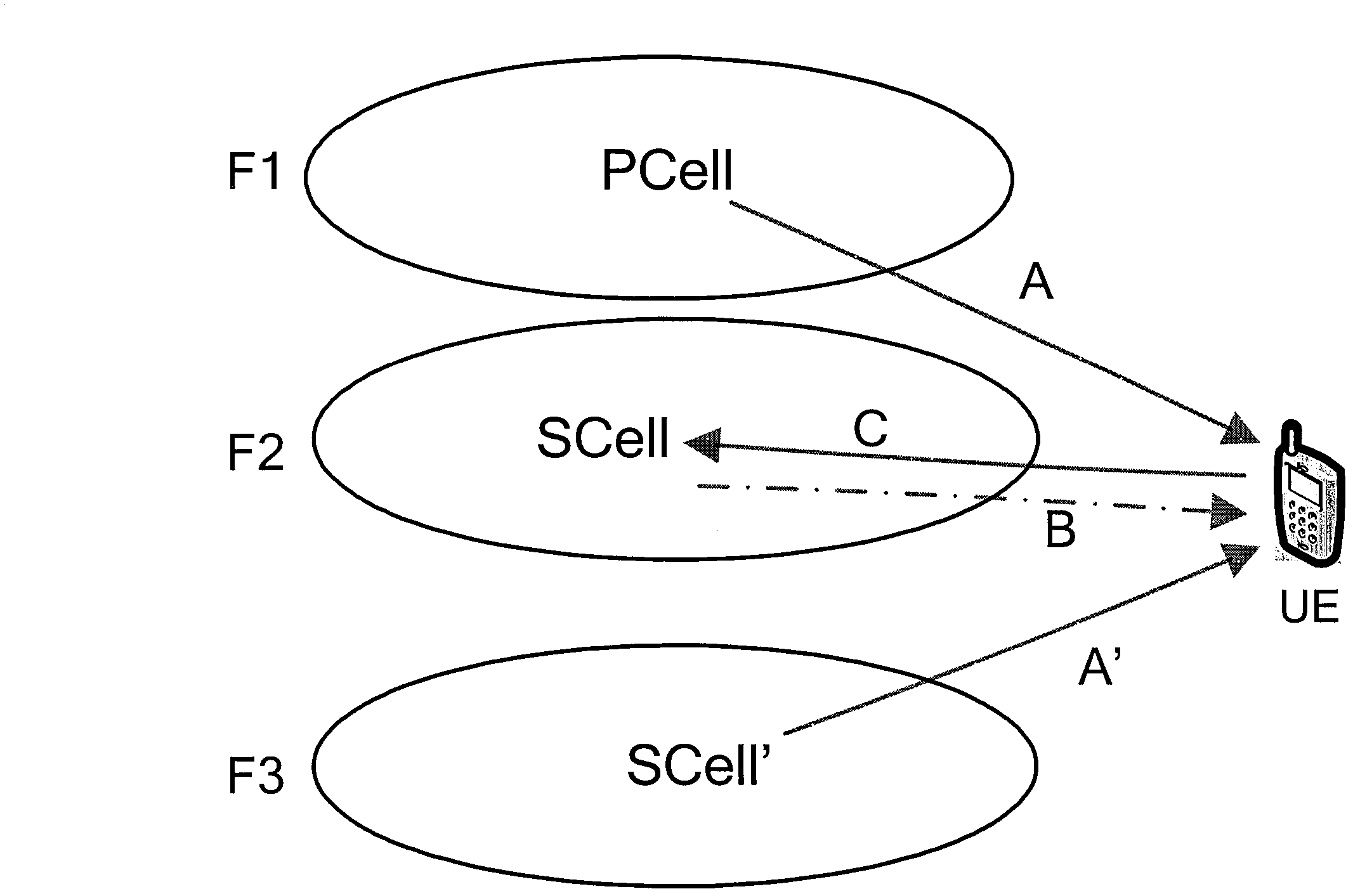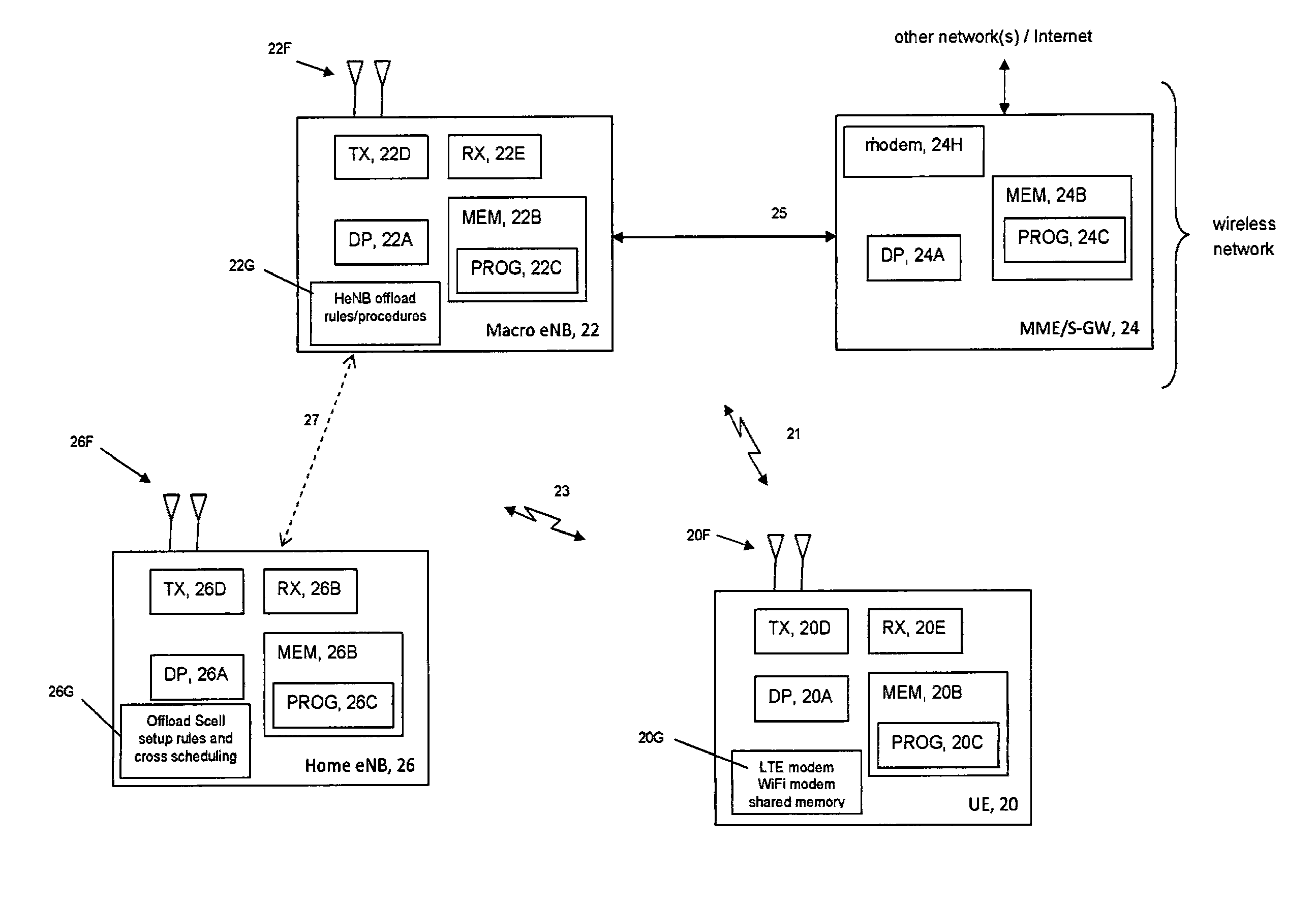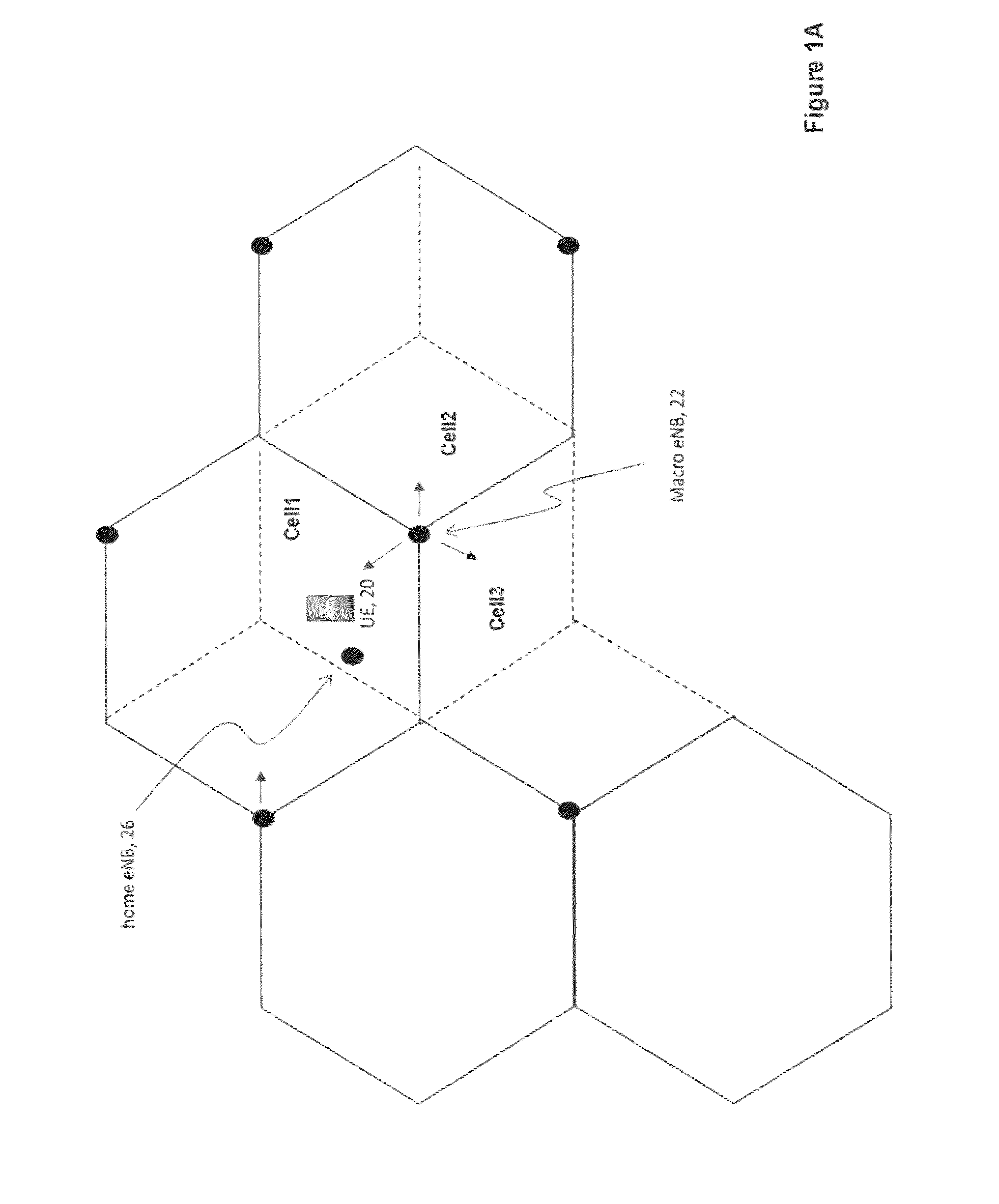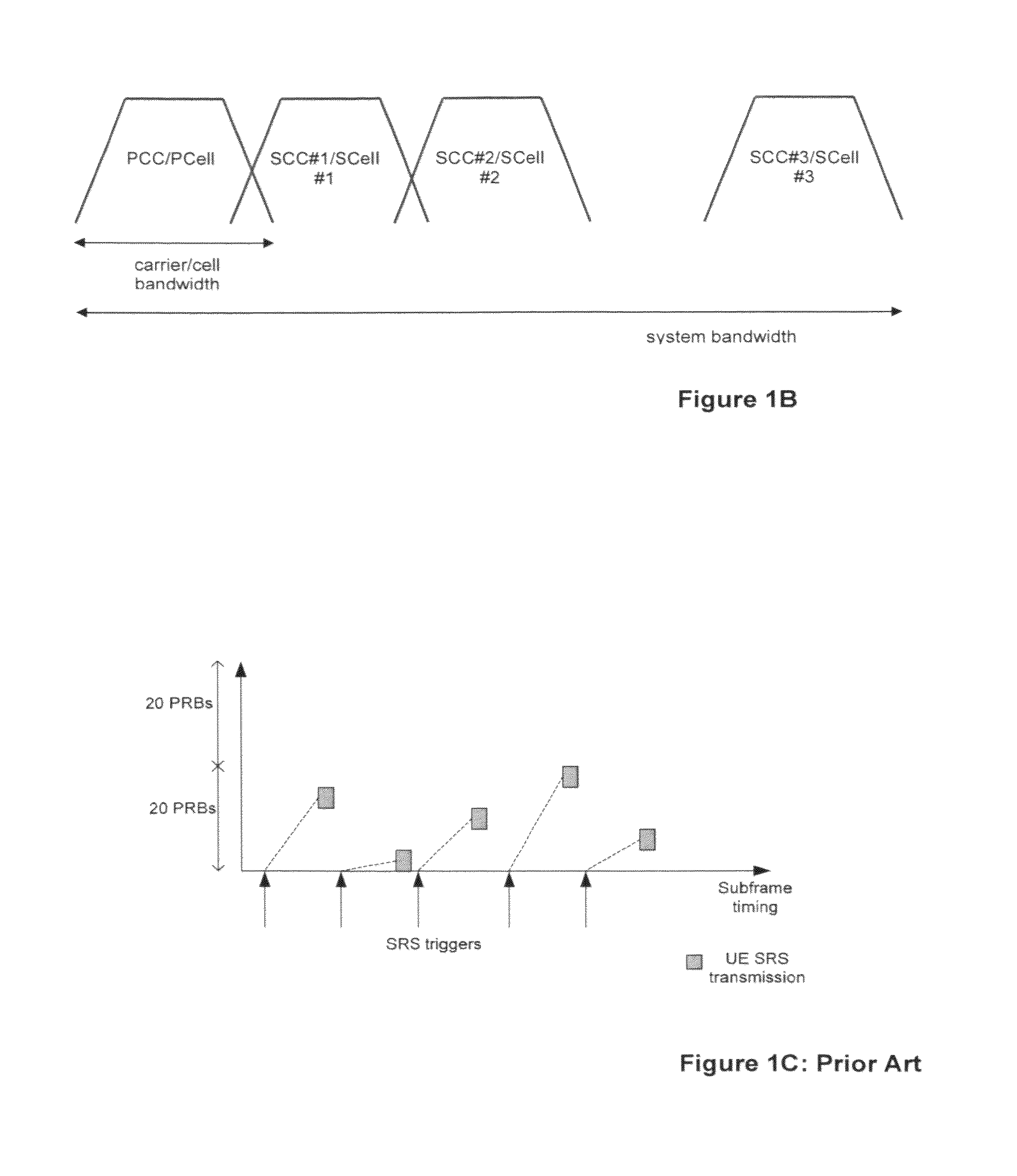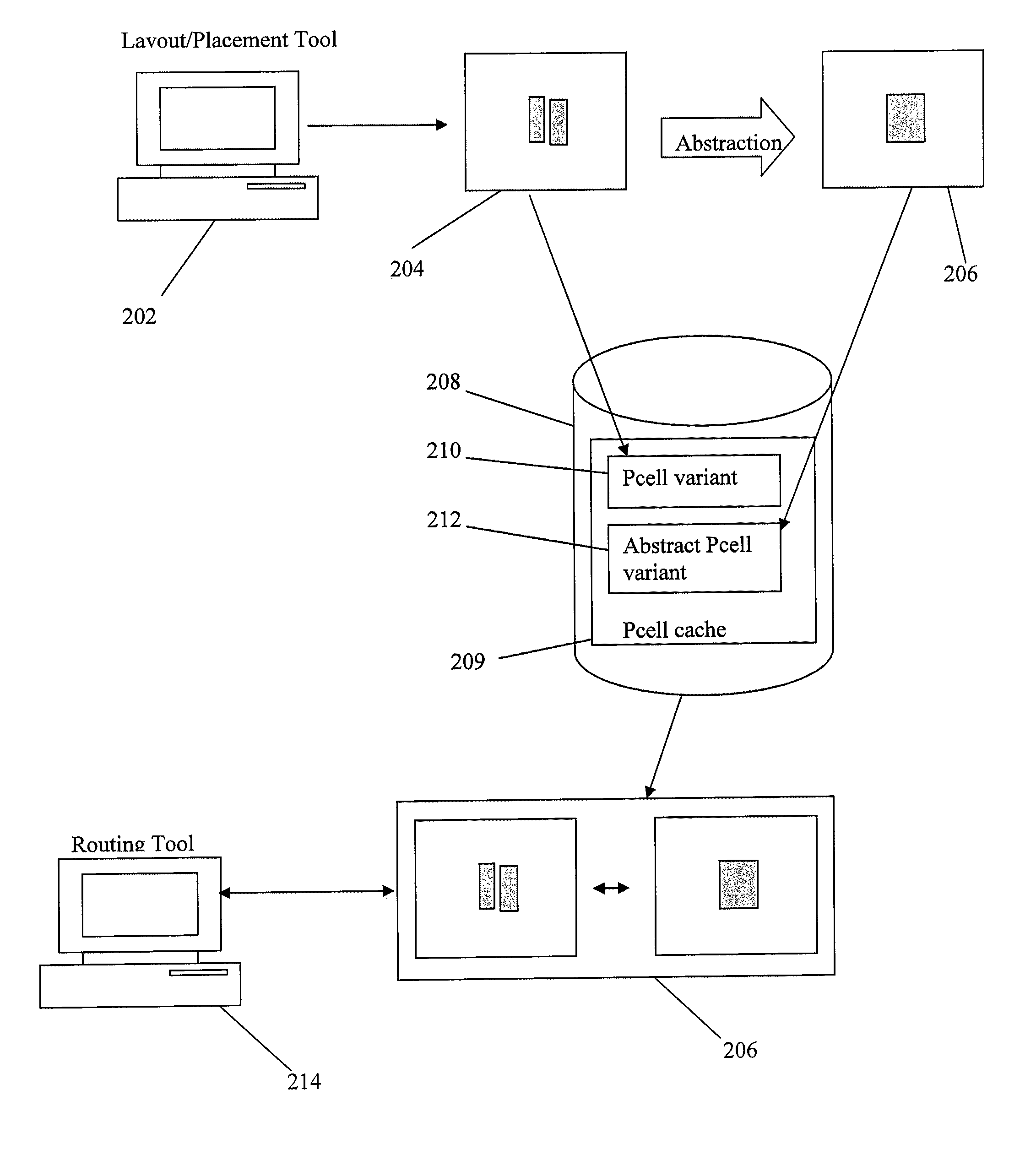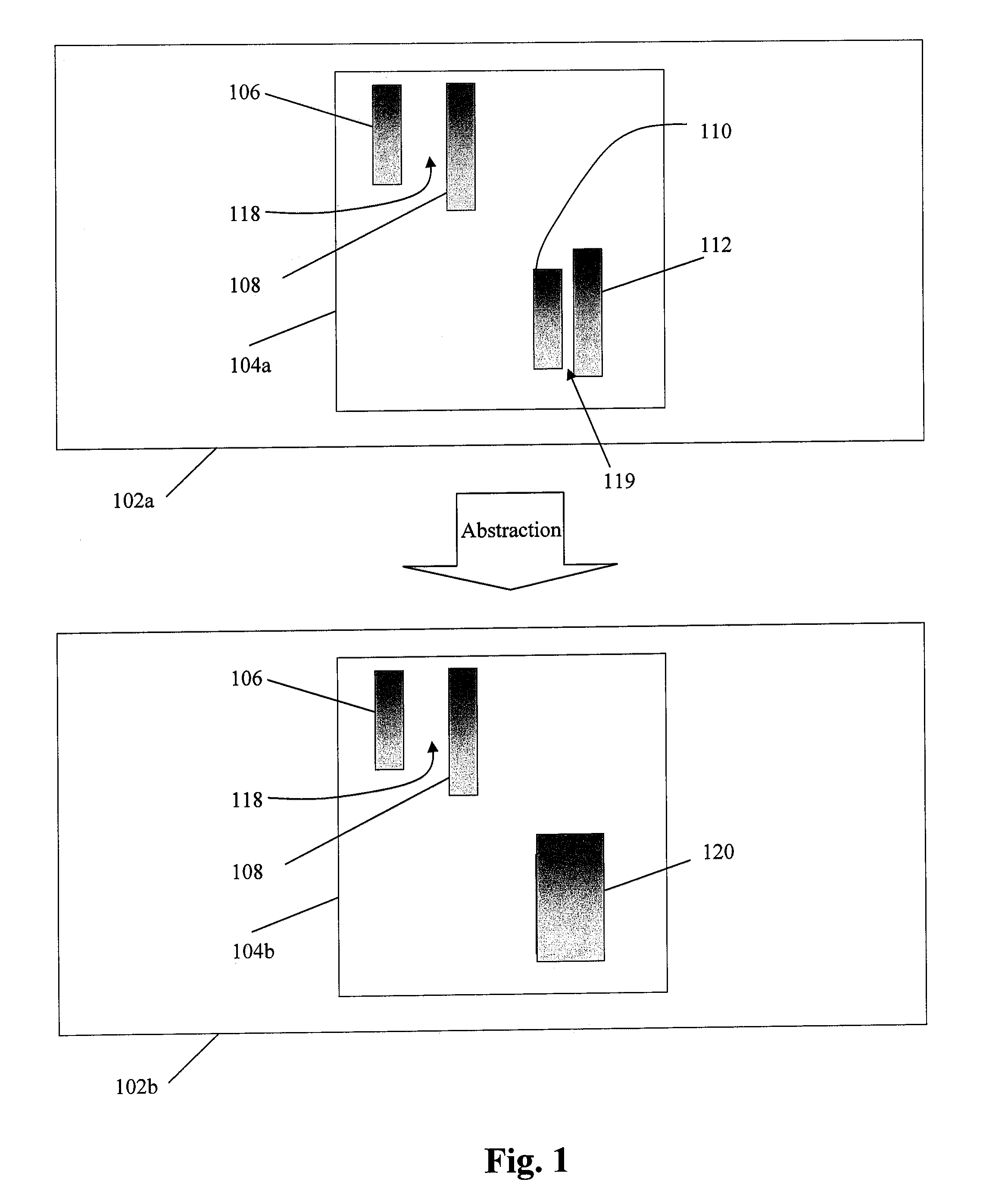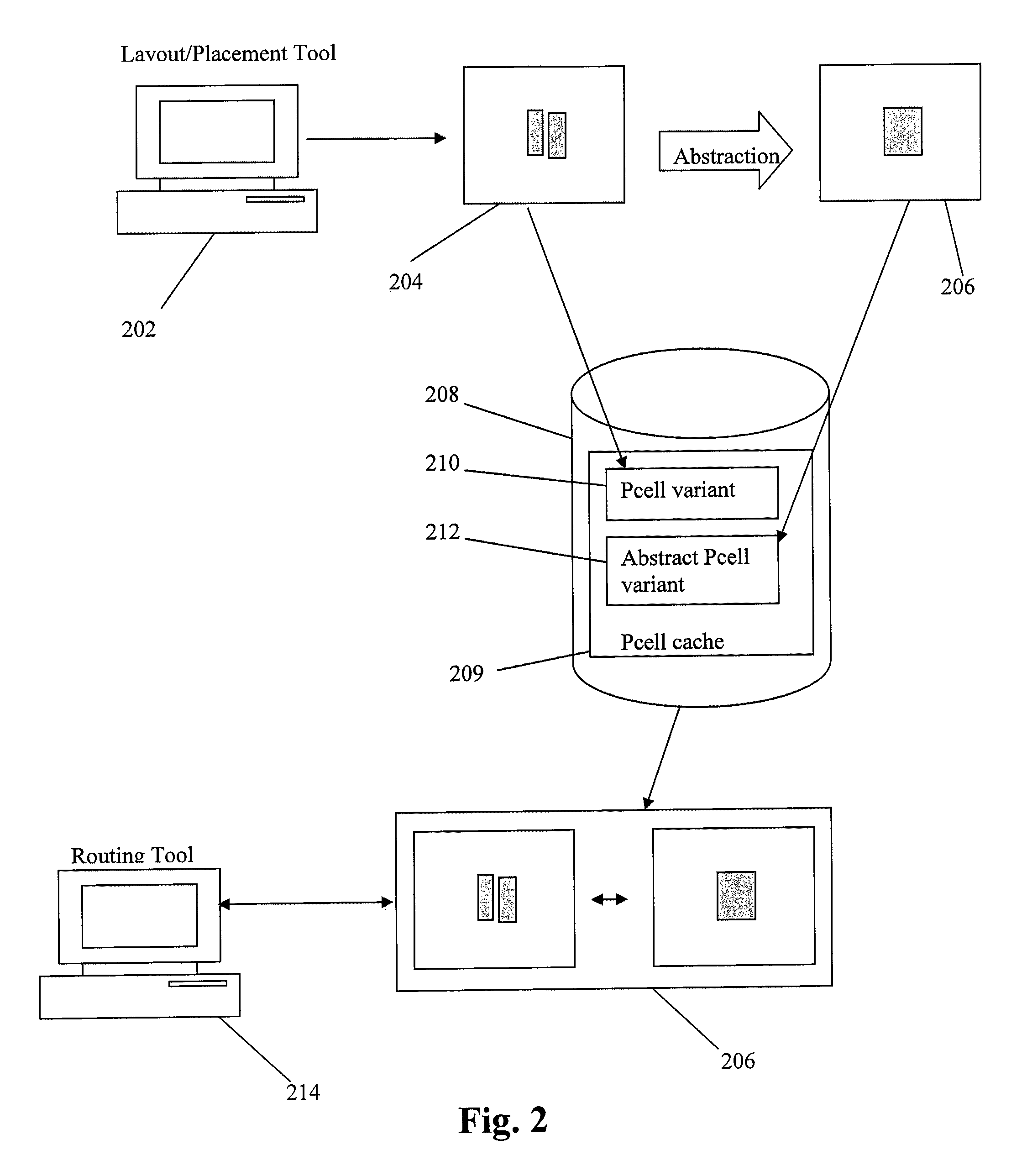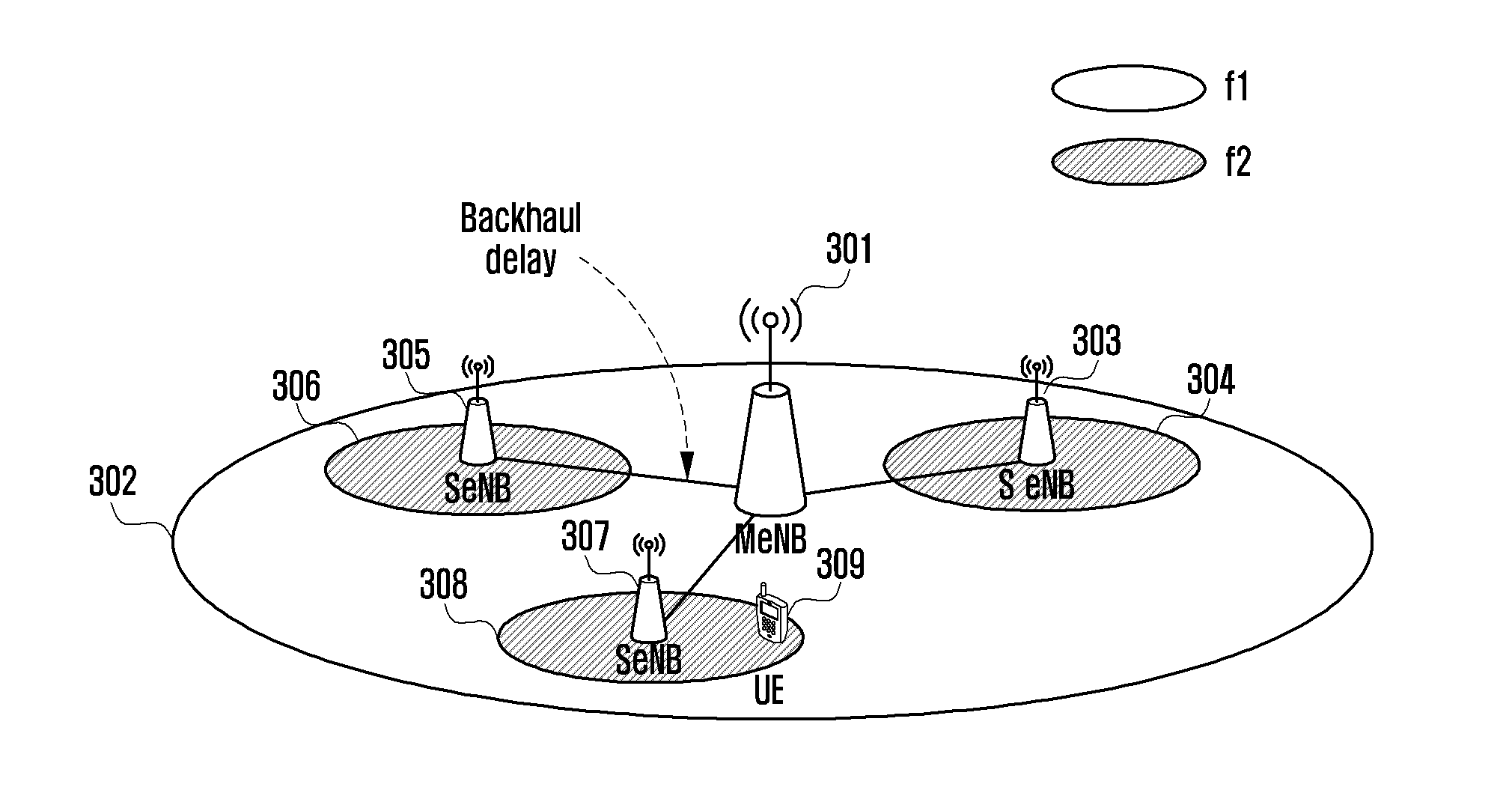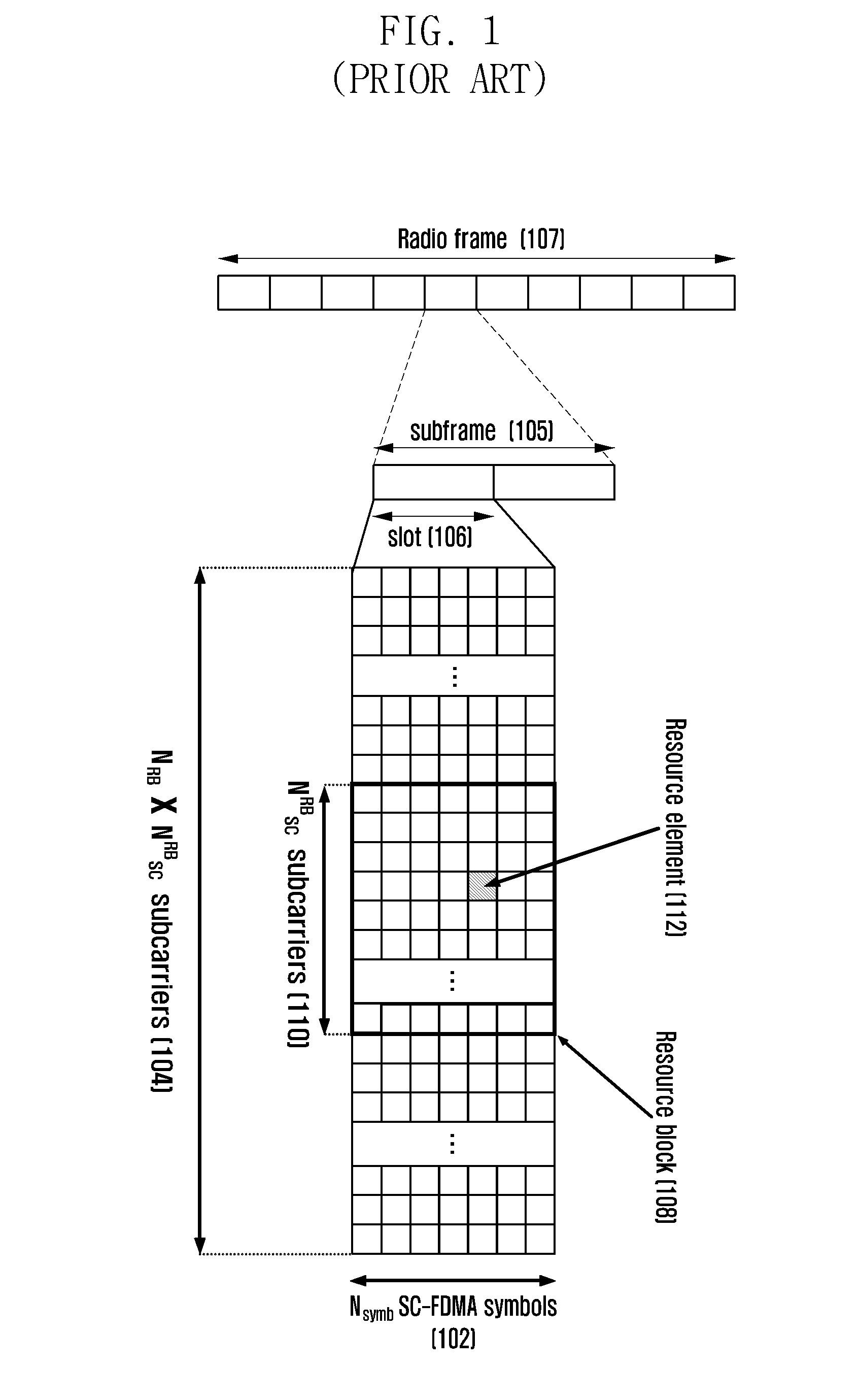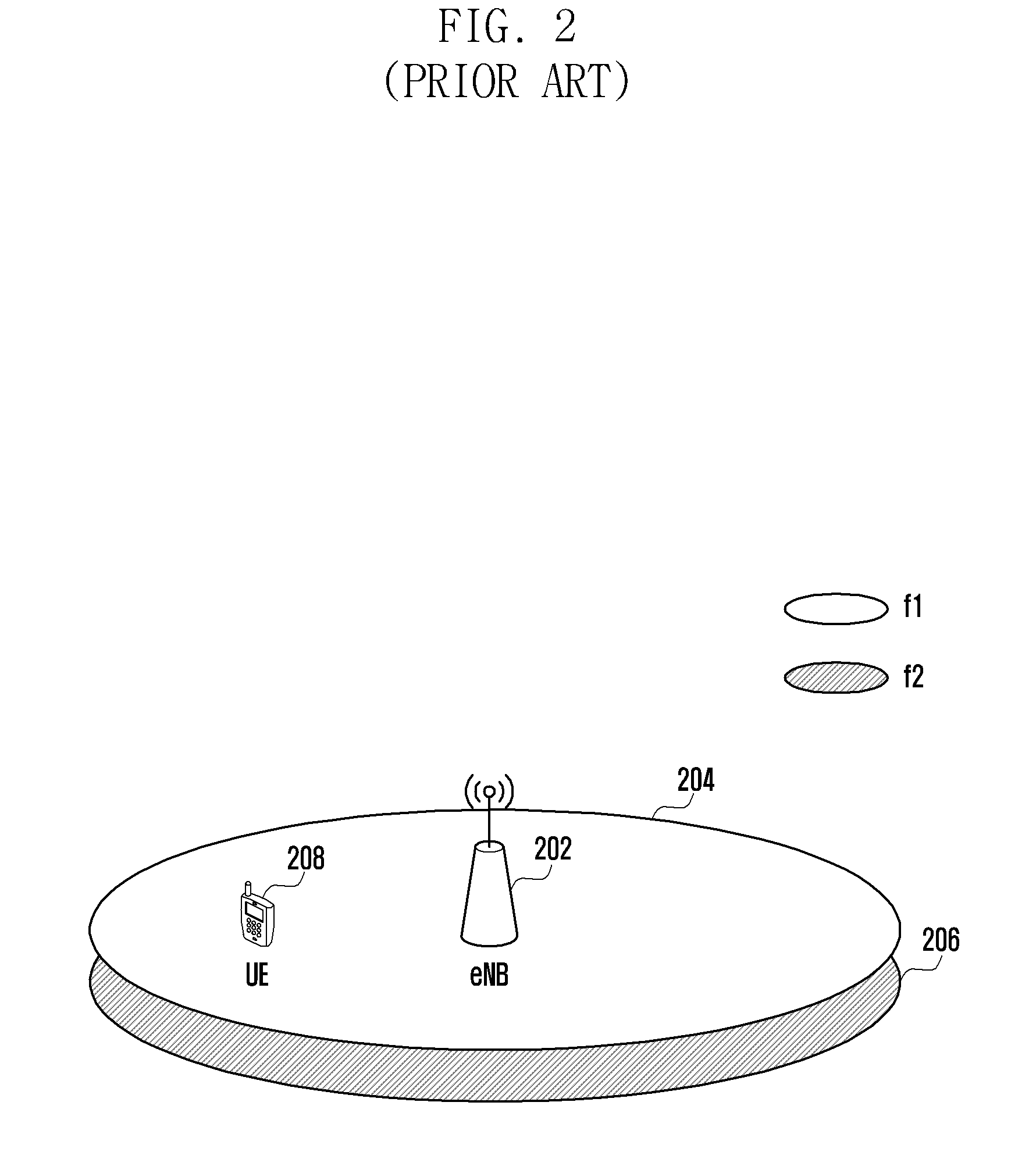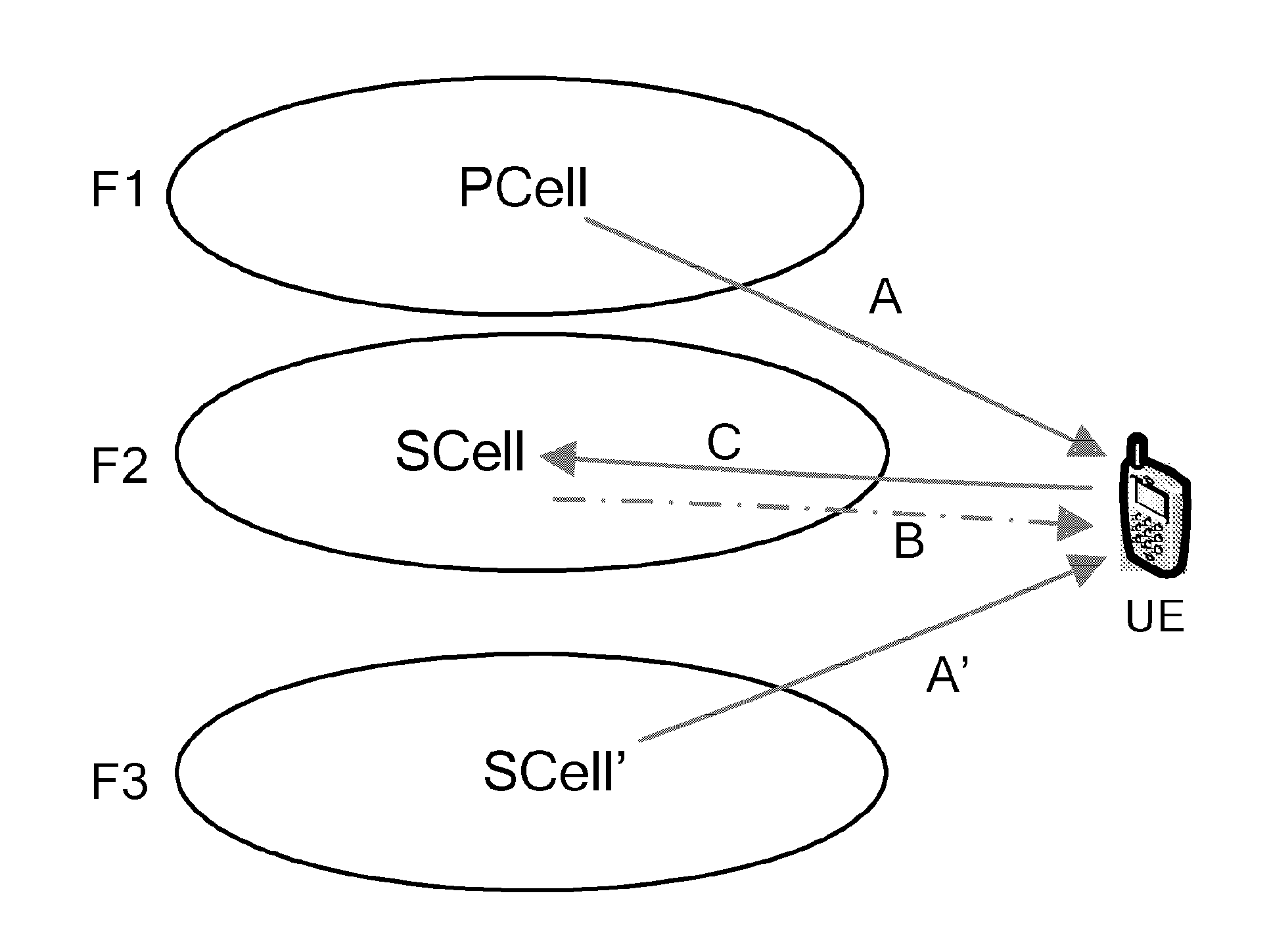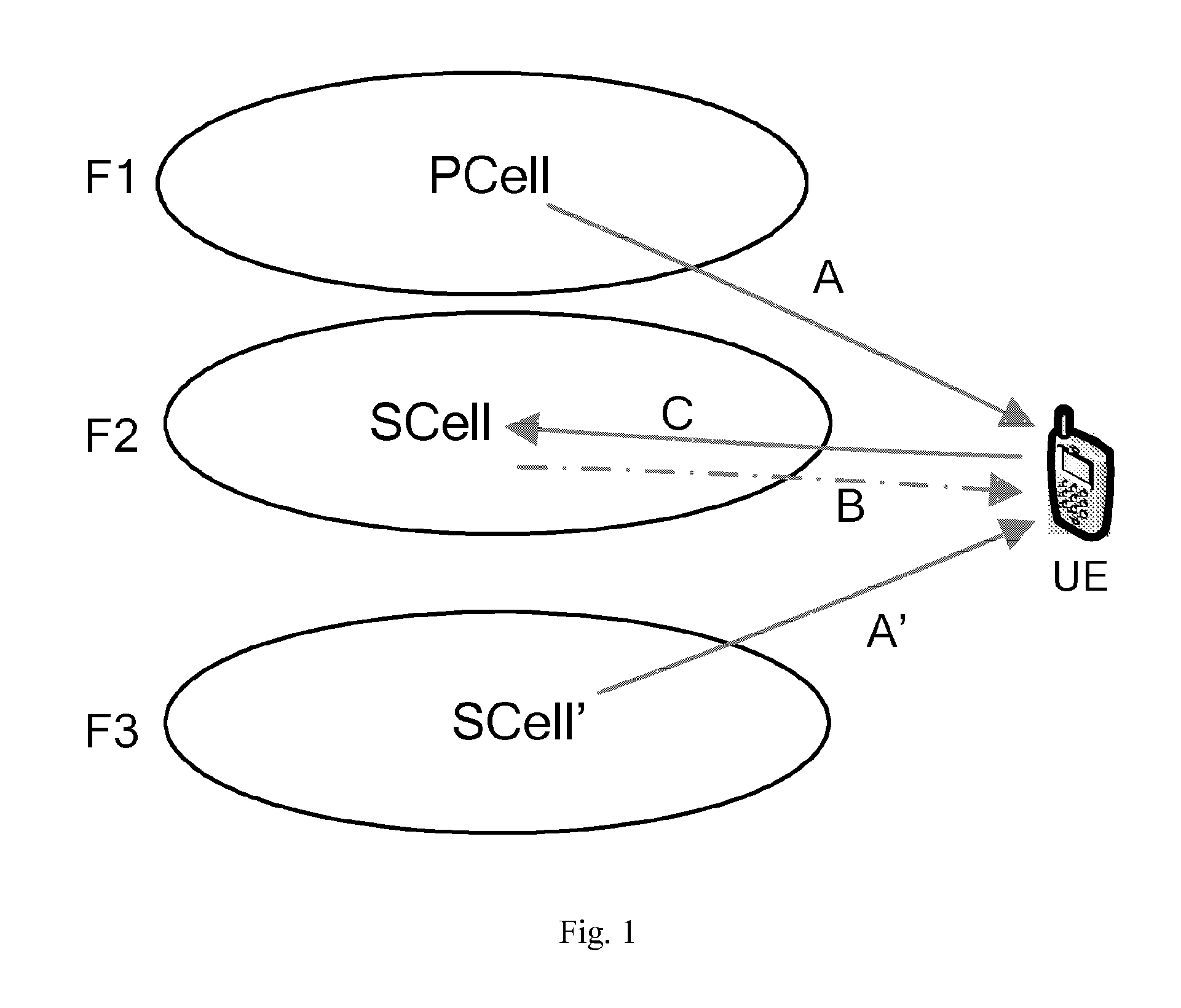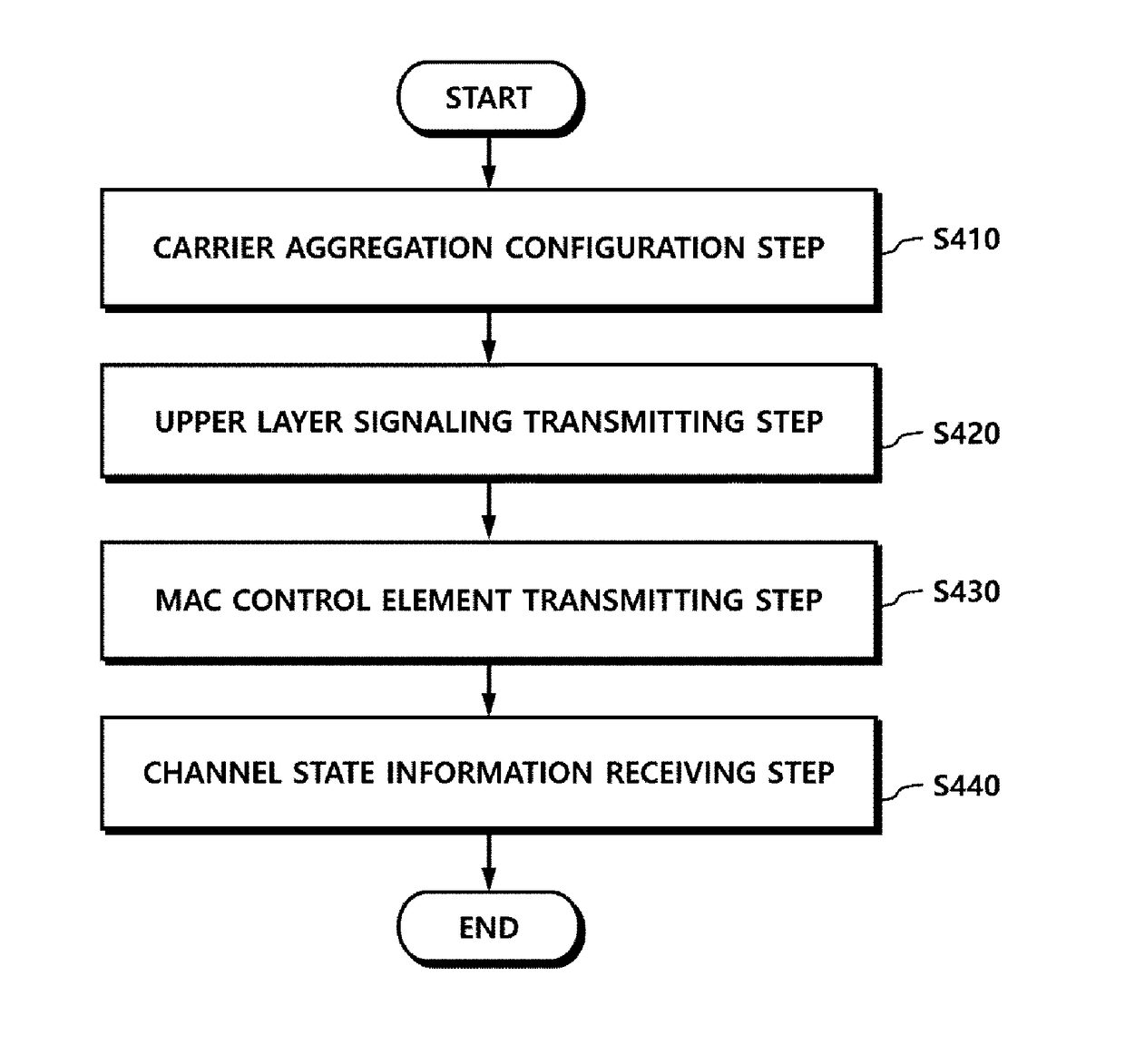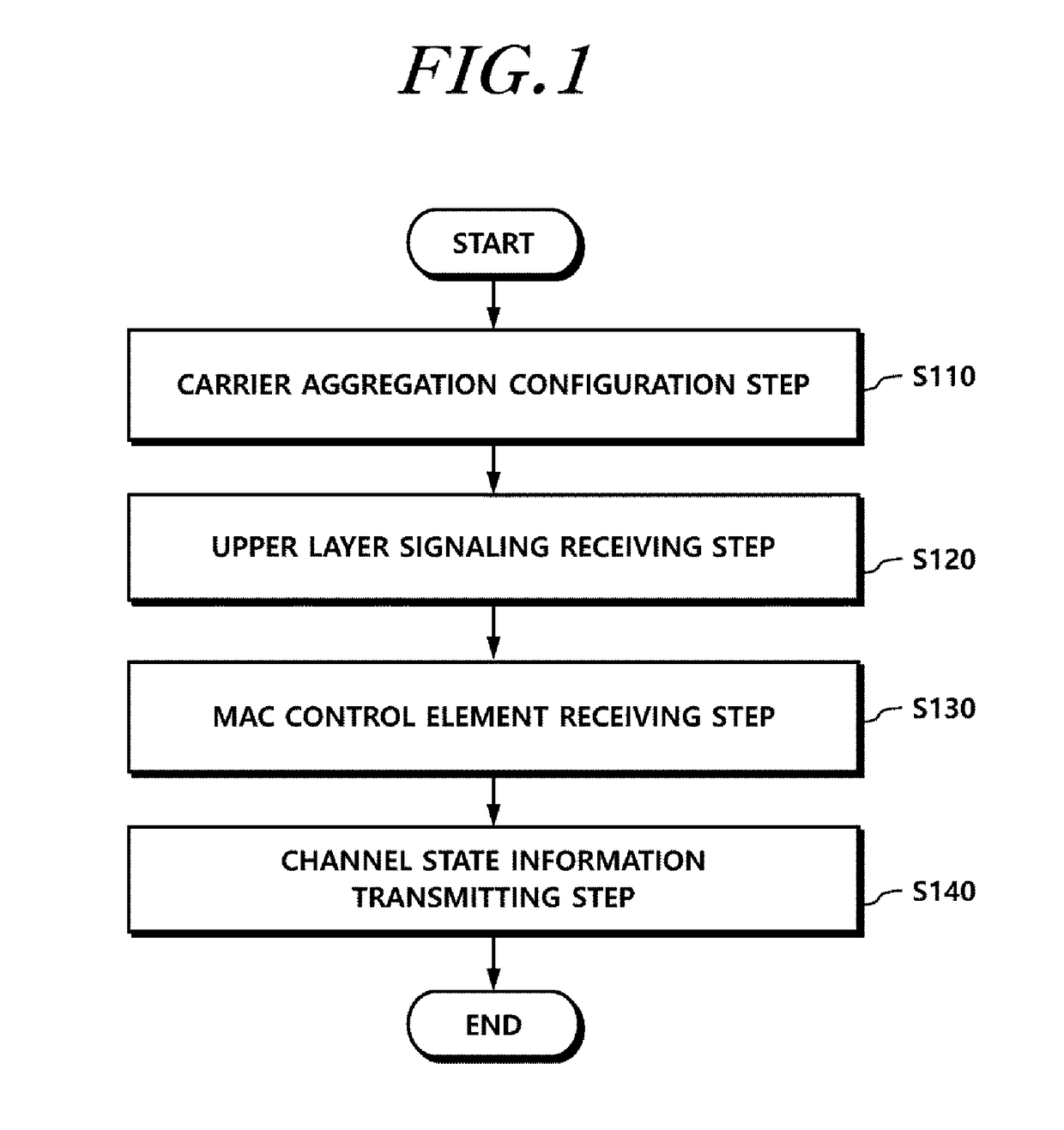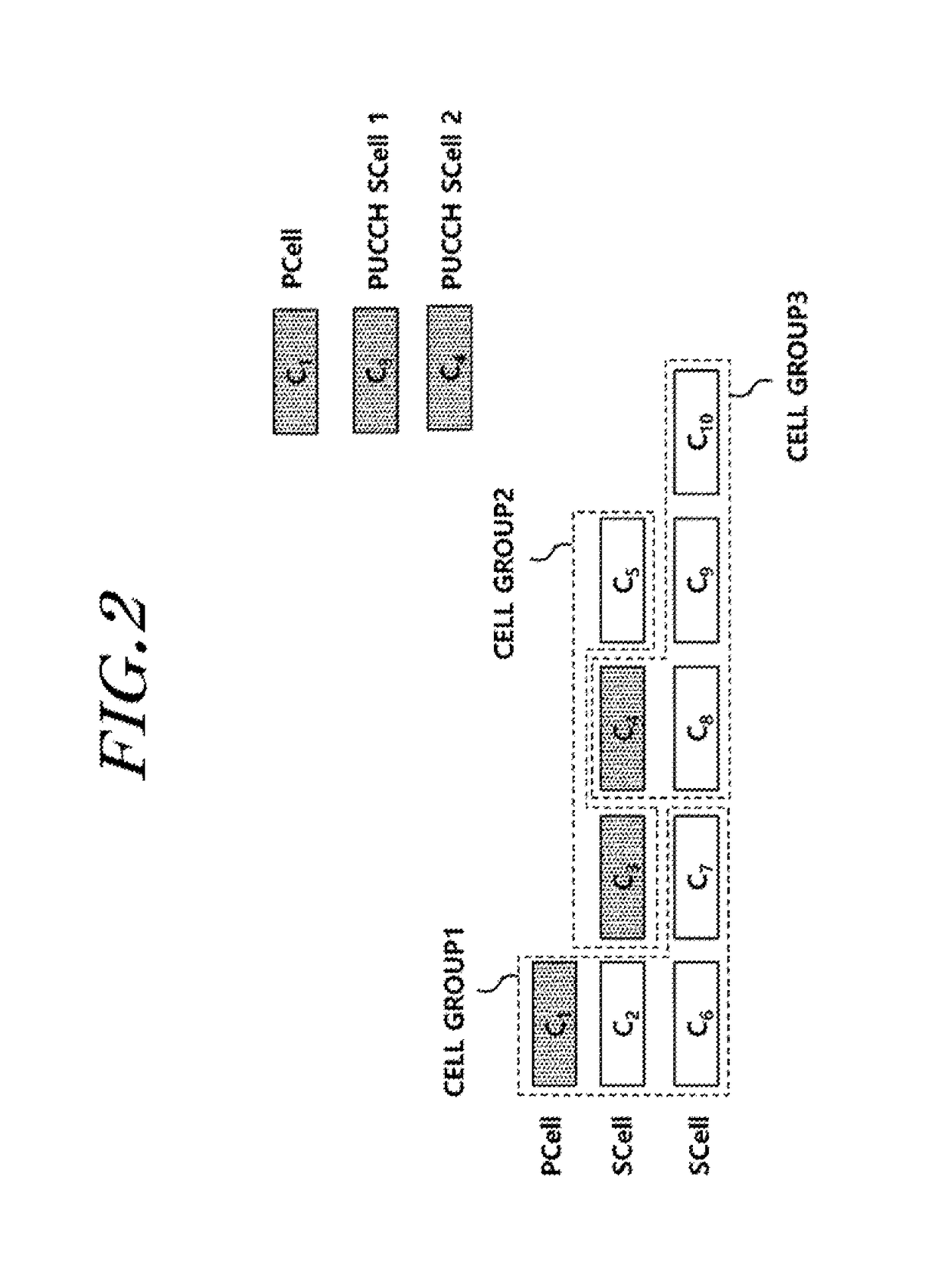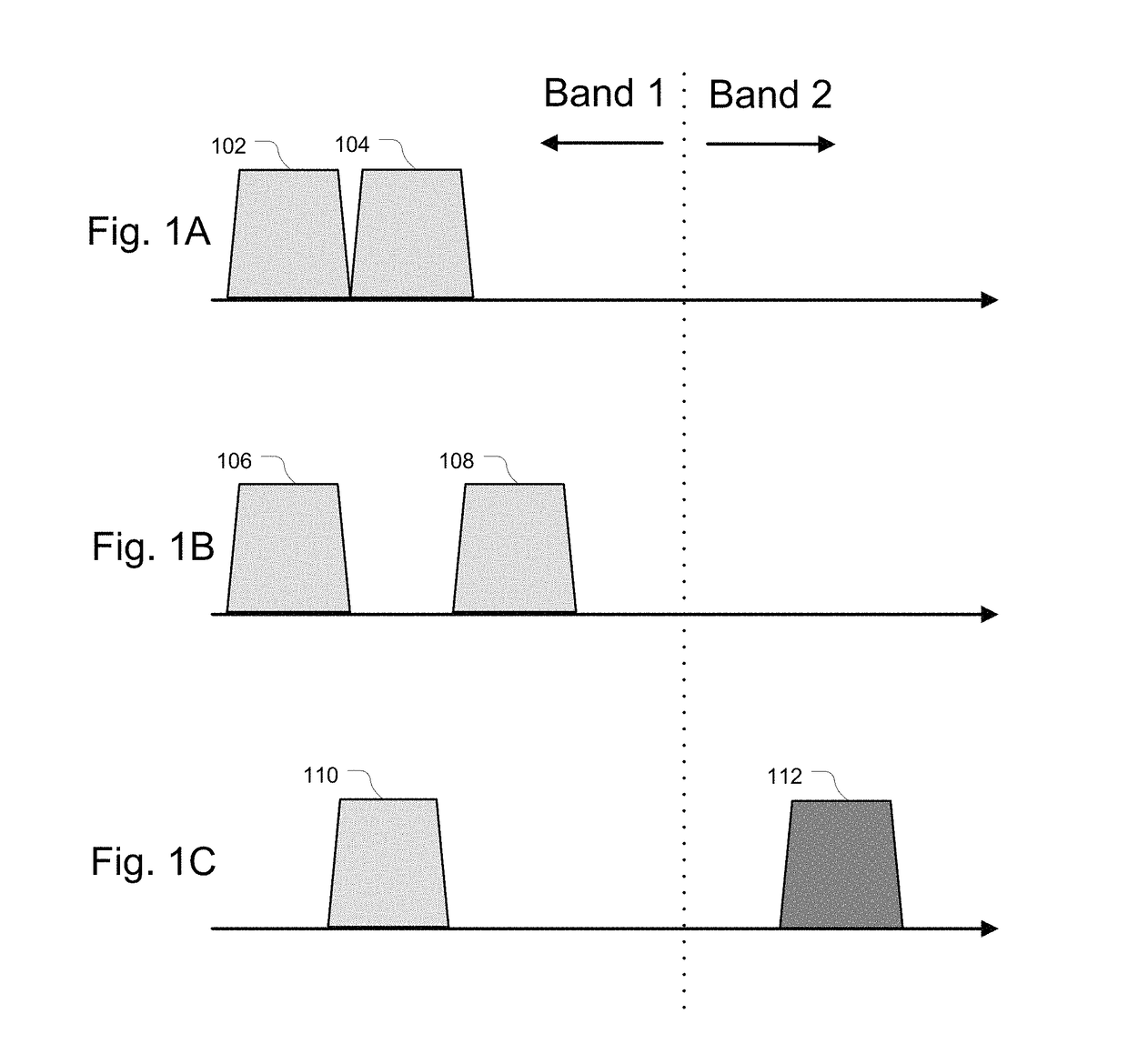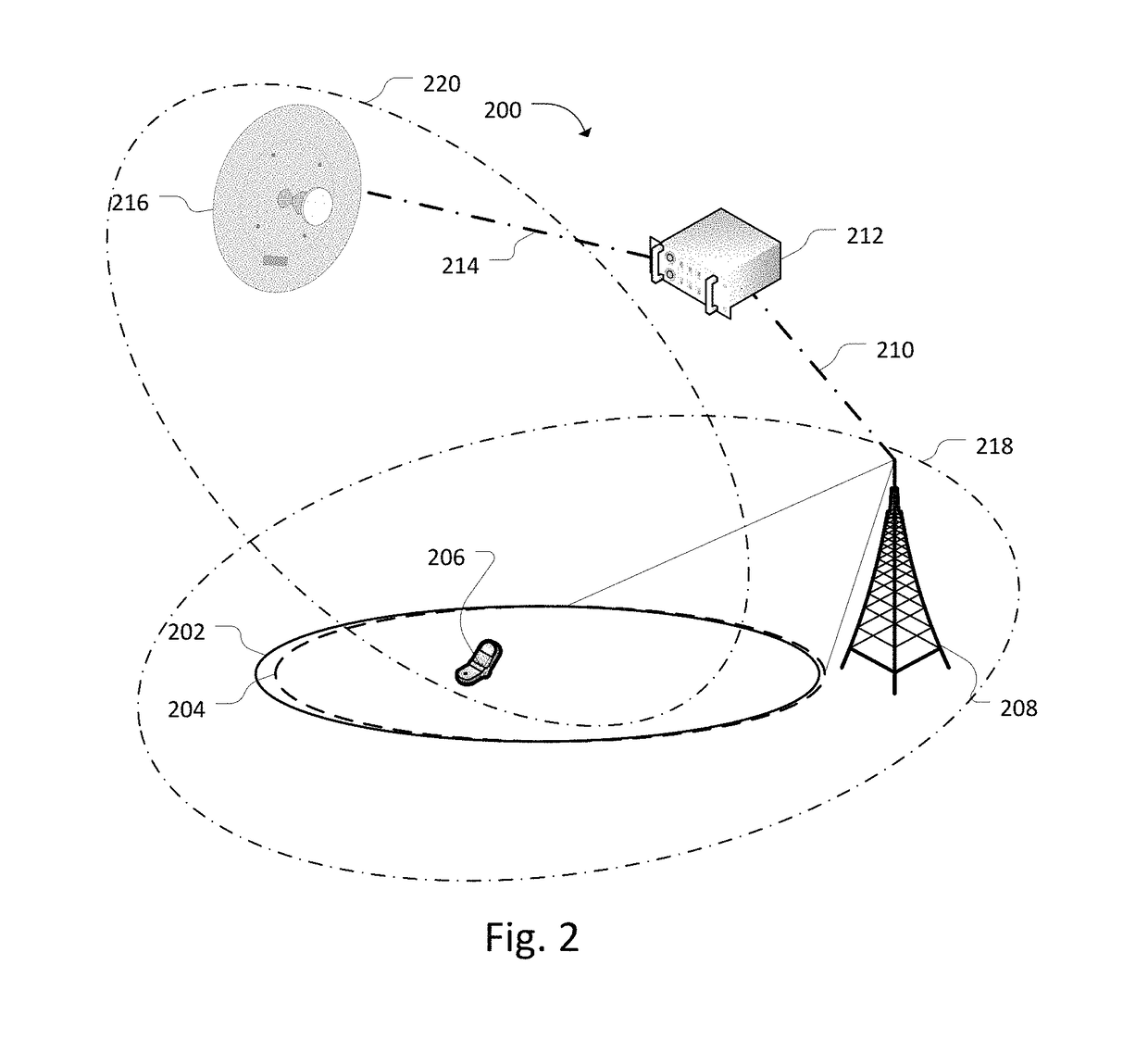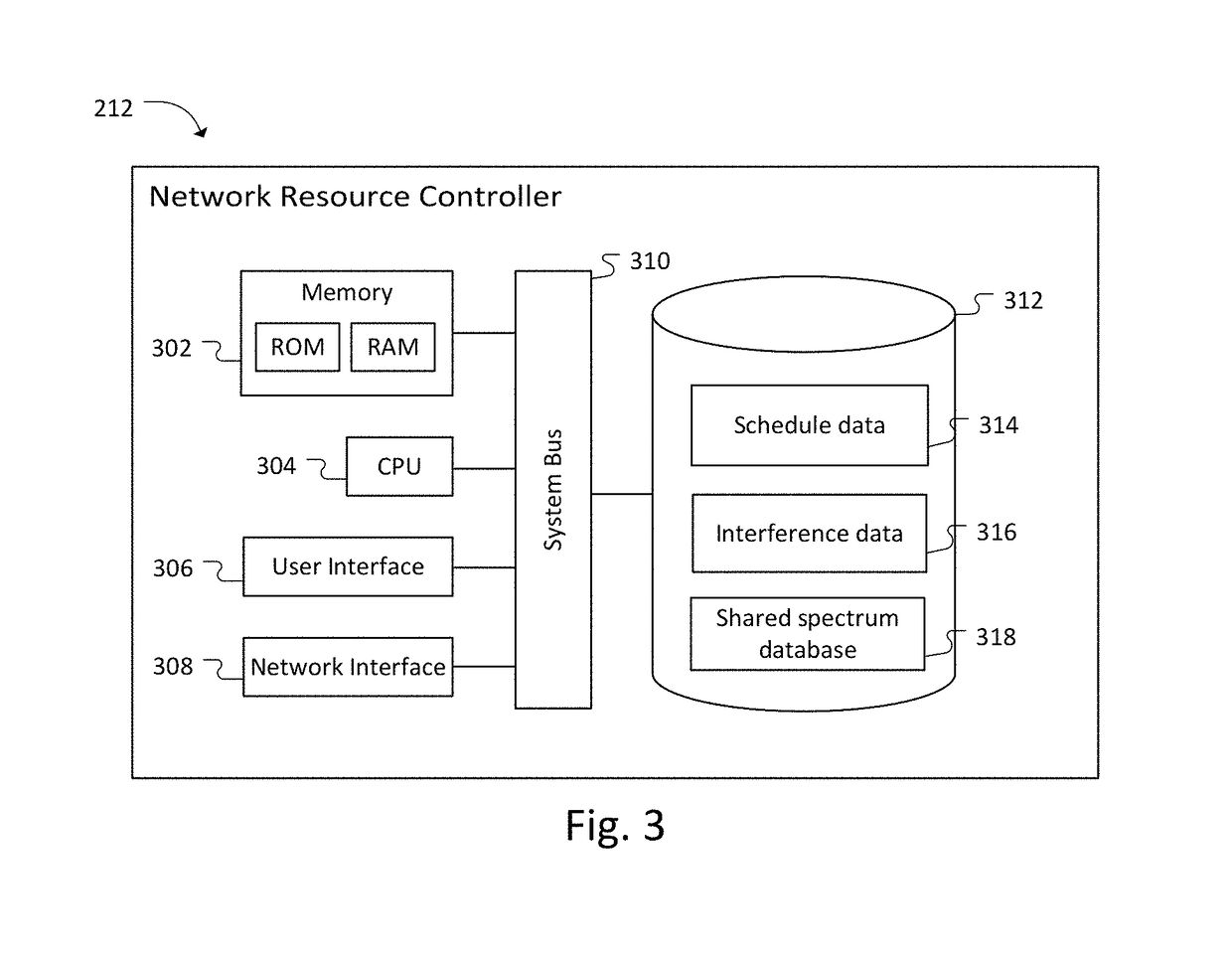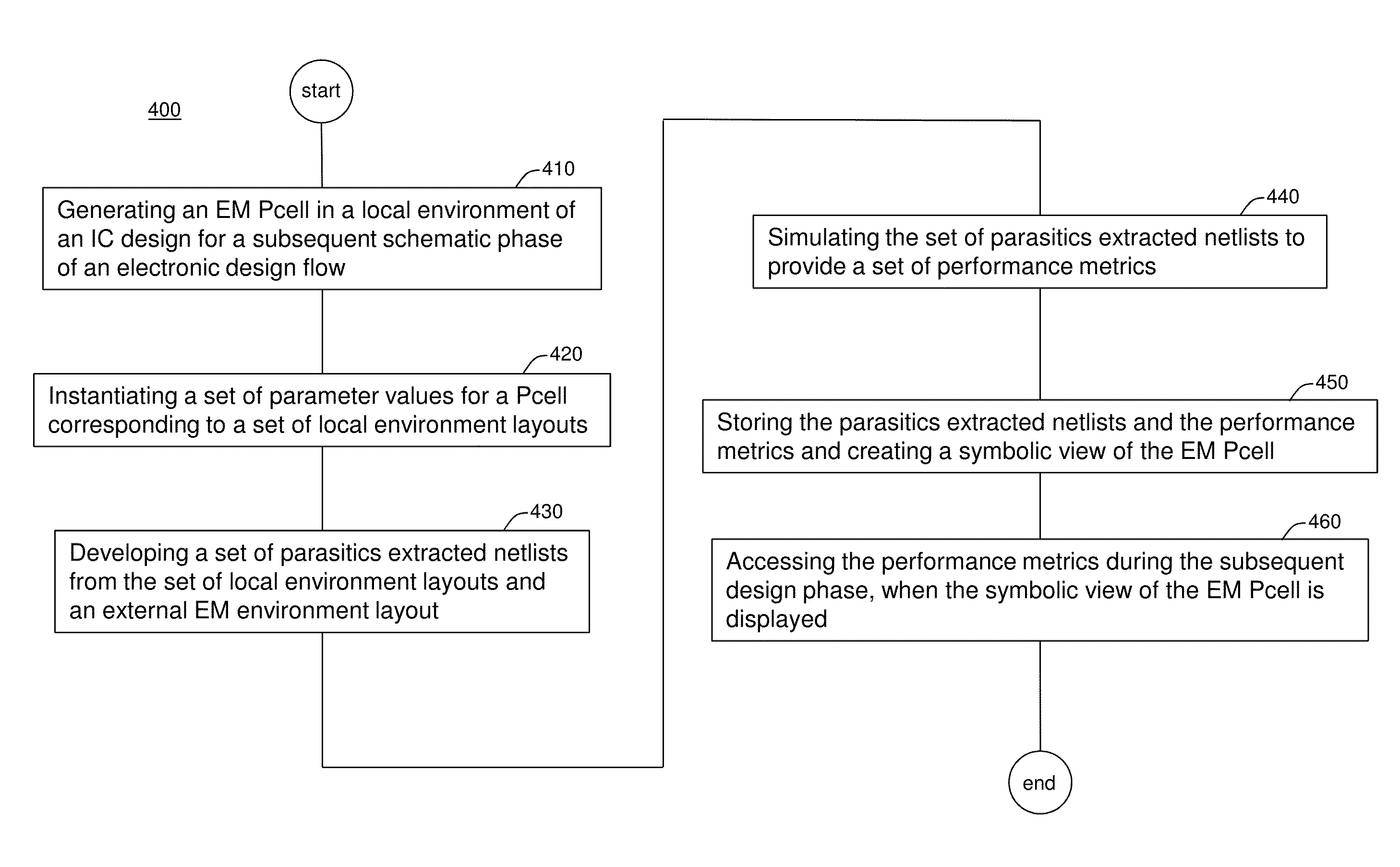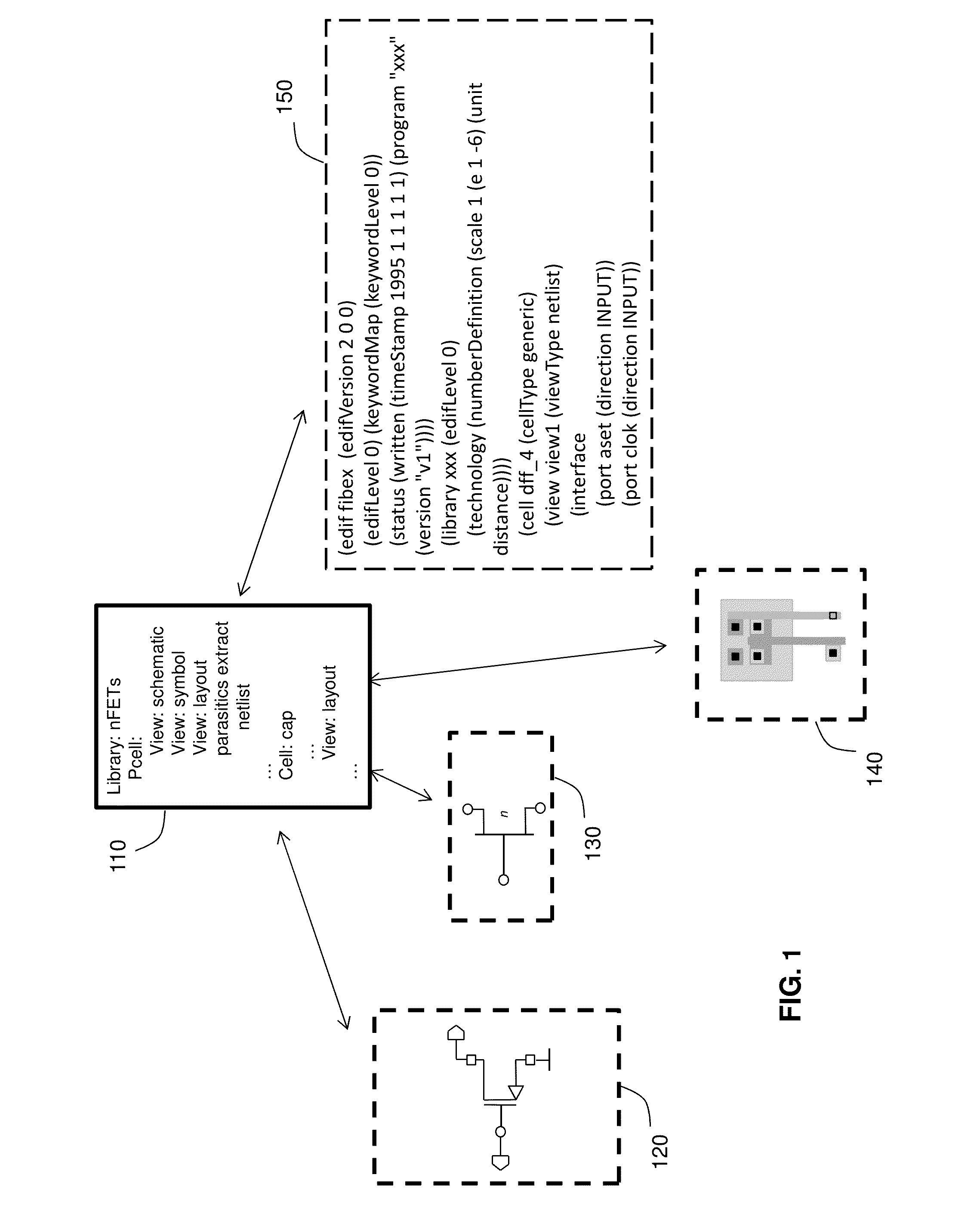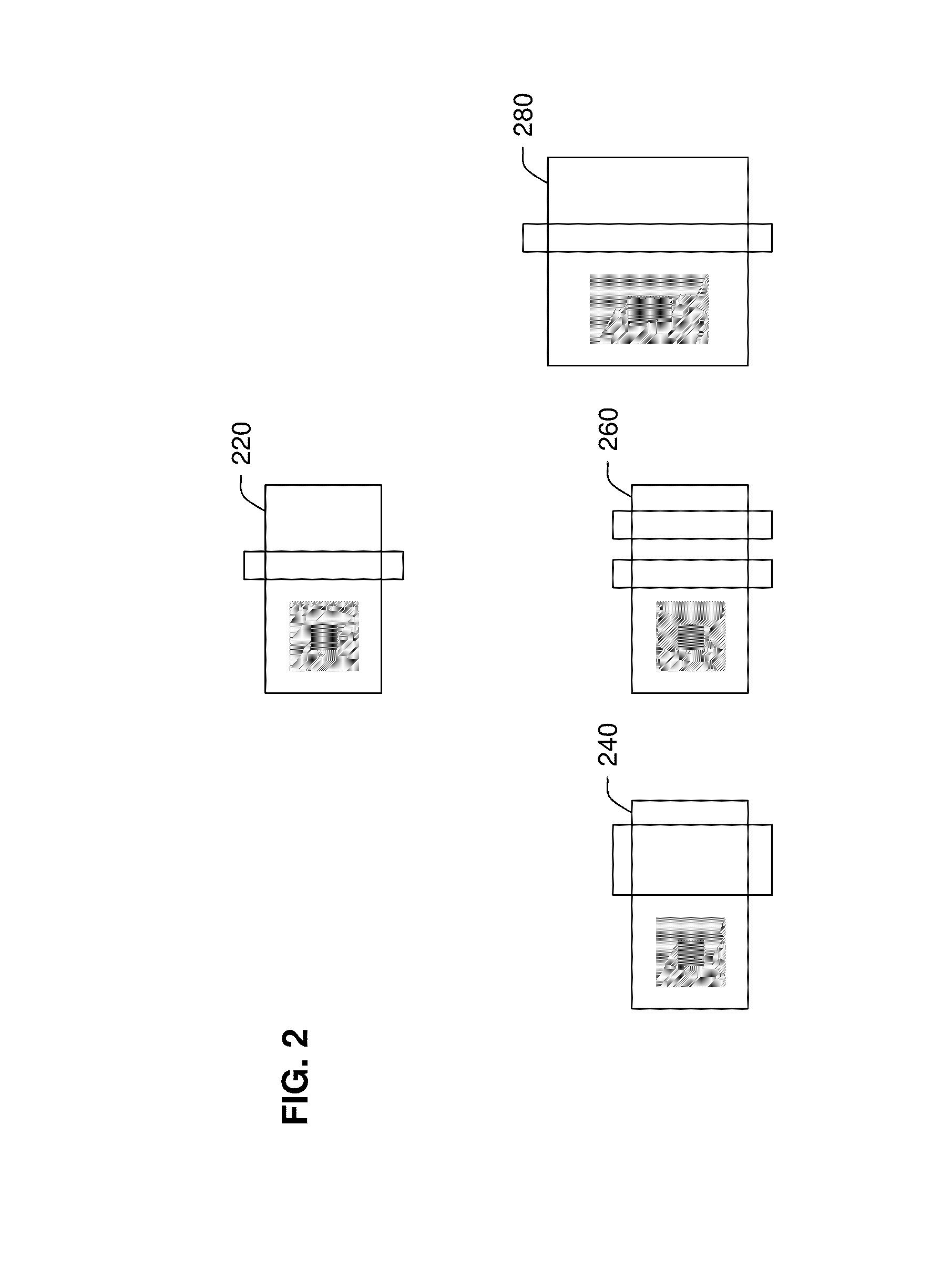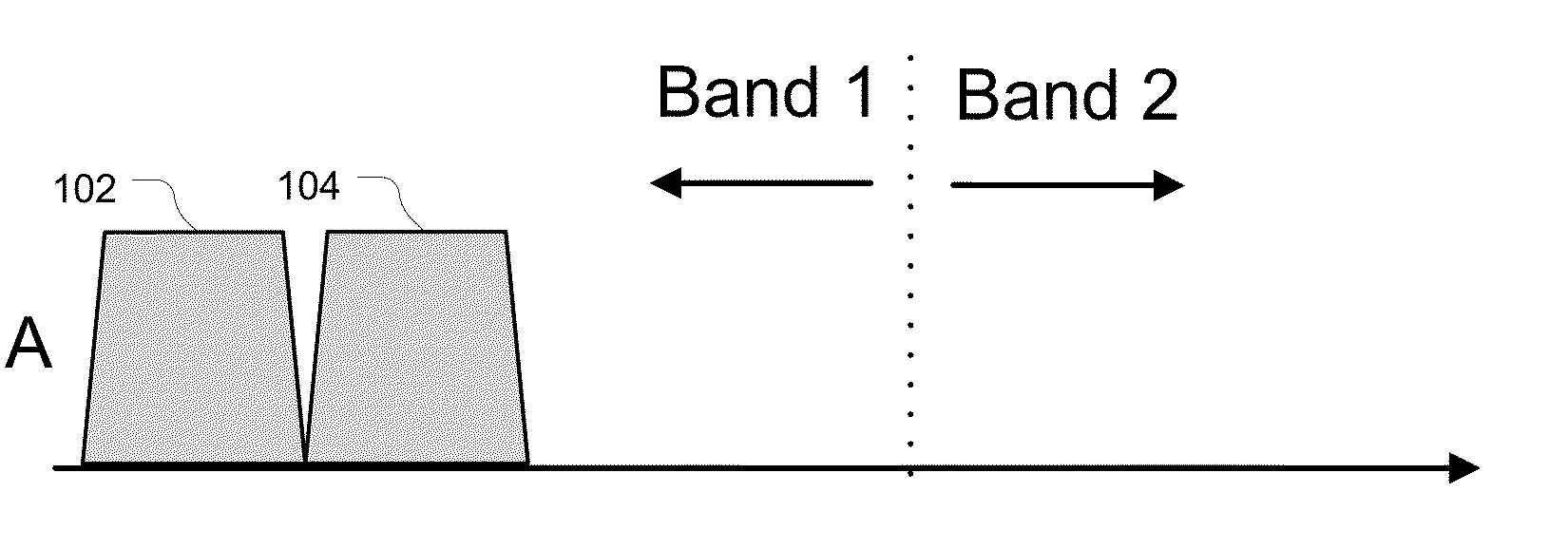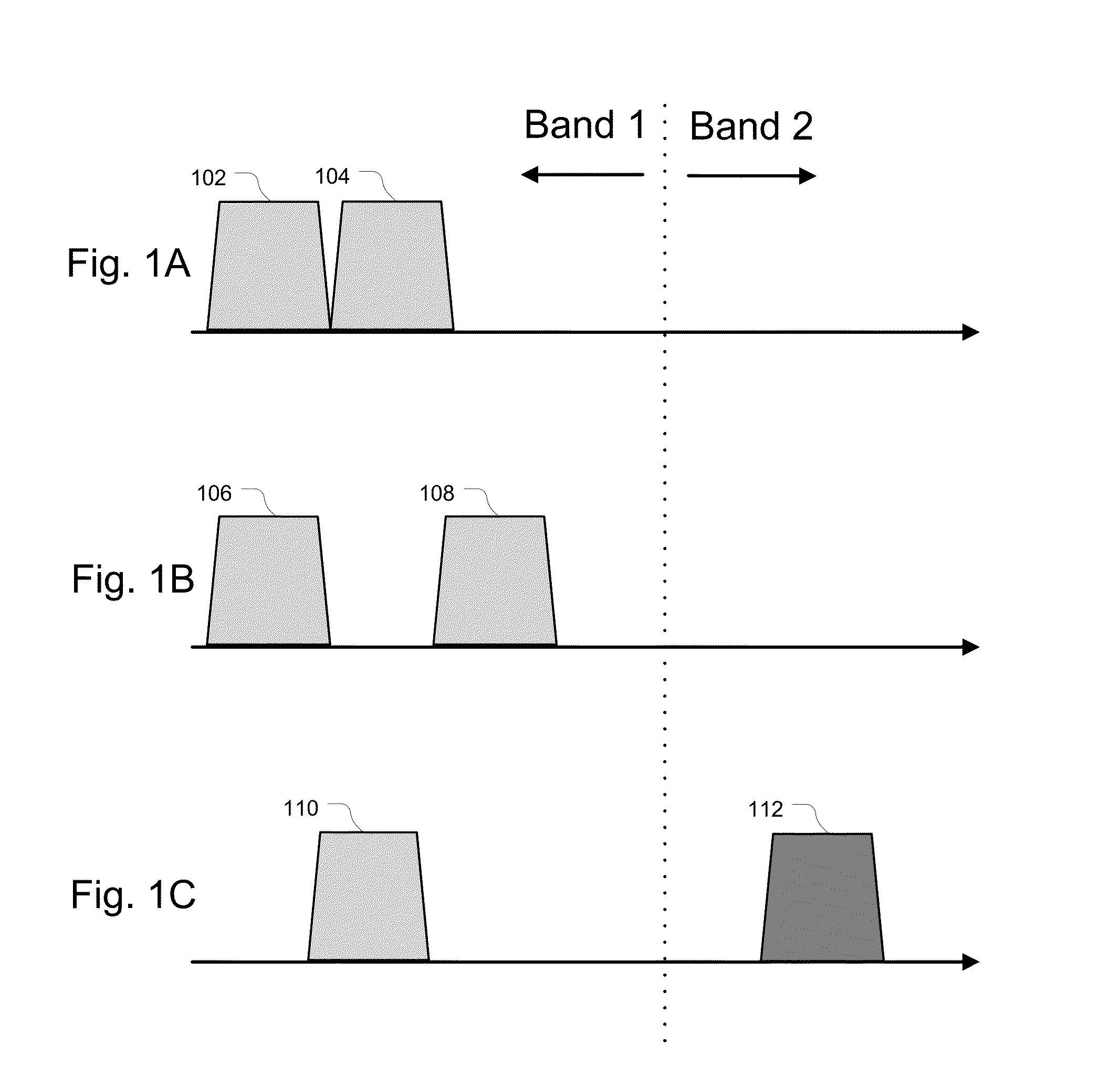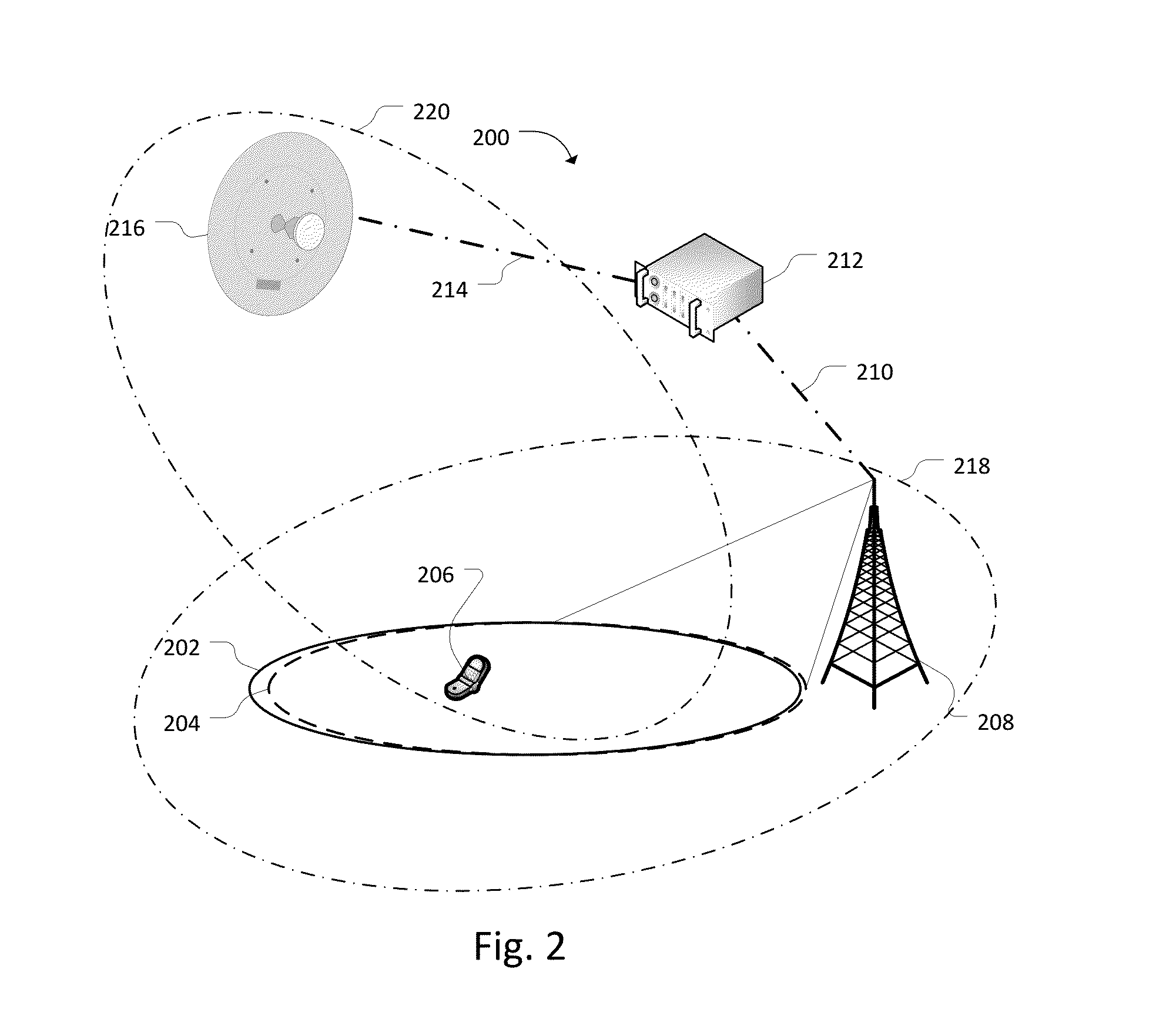Patents
Literature
Hiro is an intelligent assistant for R&D personnel, combined with Patent DNA, to facilitate innovative research.
268 results about "PCell" patented technology
Efficacy Topic
Property
Owner
Technical Advancement
Application Domain
Technology Topic
Technology Field Word
Patent Country/Region
Patent Type
Patent Status
Application Year
Inventor
PCell stands for parameterized cell, a concept used widely in the automated design of analog integrated circuits. A PCell represents a part or a component of the circuit whose structure is dependent on one or more parameters. Hence, it is a cell which is automatically generated by electronic design automation (EDA) software based on the values of these parameters. For example, one can create a transistor PCell and then use different instances of the same with different user defined lengths and widths. Vendors of EDA software sometimes use different names for the concept of parameterized cells, e.g. T-Cell and Magic Cell.
Carrier aggregation (CA) technology-based data transmission method and device
ActiveCN102075949AGuaranteed to workGuaranteed uptimeError prevention/detection by using return channelTransmission path divisionPrimary cellData transmission
The invention relates to the field of communication and discloses a CA technology-based data transmission method and a CA technology-based data transmission device, which are used for ensuring the normal operation of user terminals when a plurality of cells in which the user terminals supporting CA technology aggregate have different kinds of time division duplex uplink / downlink (TDD UL / DL) configuration. In the method, a TDD UL / DL configuration set concept is introduced, an especial cell (Ecell) concept is introduced for each TDD UL / DL configuration set, each TDD UL / DL configuration set may contain one or more cells and has one Ecell which may have all or part of functions of a primary cell (Pcell), the user terminals can perform data communication with the base station through TDD UL / DLconfiguration information and the corresponding Ecells, and thus, the method can ensure the user terminals operate normally when the plurality of cells in which the user terminals aggregate have different kinds of TDD UL / DL configuration and ensure the normal operation of the system.
Owner:DATANG MOBILE COMM EQUIP CO LTD
Frequency Hopping in License-Exempt/Shared Bands
RRC signaling is used to configure a user device for N secondary cells SCells on license-exempt channels wi in a frequency hopping channel set W={wi} where i=1,2, . . . N. Then cross-carrier scheduling is sent on a primary cell PCell to schedule a frequency hopping FH resource block hi on the ith license-exempt channel wi. Based on measurements of at least some of the license-exempt channels wi received from at least the user device, parameters for the frequency hopping are adapted. The FH resource block contains M physical resource blocks, scheduled for the SCell during a FH time interval Tu*L+j by a resource grant sent on a PDCCH of the PCell. In an embodiment the RRC signaling is sent by a micro access node / HeNB on the PCell, the cross carrier scheduling is sent also by the micro access node / HeNB on the PCell, and the PCell lies within an LTE licensed frequency band.
Owner:AVAGO TECH INT SALES PTE LTD
Method and apparatus for performing random access in wireless communication system
InactiveUS20140198748A1Efficient executionTransmission path divisionSignal allocationCommunications systemCarrier signal
Provided are a method and an apparatus for performing random access in a wireless communication system. A terminal receives from a base station a physical downlink control channel (PDCCH) indication, which indicates an initiation of the random access with respect to a secondary cell (SCell), based on whether a cross-carrier scheduling is supported by the SCell; transmits a physical random access channel (PRACH) preamble to the base station through the SCell; and transmits a RACH response as a response to the PRACH preamble, based on whether the SCell supports the cross-carrier scheduling, wherein the SCell and a primary cell (PCell) comprises a carrier aggregation (CA) system, the PCell is a cell from which the terminal performs radio resource control (RRC) connection with the base station, and wherein the SCell is at least one cell from residual cells in the carrier aggregation excluding the PCell.
Owner:QUALCOMM INC
Scell radio link monitoring and radio link failure handling
A method of radio link monitoring (RLM) and radio link failure (RLF) handling over a secondary serving cell (SCELL) is proposed. In a wireless network, a user equipment (UE) establishes a radio resource control (RRC) connection with a base station (eNB). The UE applies carrier aggregation for multiple component carriers (CCs) configured as multiple serving cells. The UE performs radio link monitoring over a primary serving cell (PCELL). The UE also performs radio link monitoring over a secondary serving cell (SCELL). The SCELL belongs to a CC group of one or more CCs, and used as a reference cell for the CC group. When SCELL performance is below pre-defined criteria, the UE and the eNB apply certain actions over the SCELL or all CCs in the CC group. The proposed SCELL RLM / RLF handling prevents spurious and uncontrollable uplink SCELL transmission and interference to other UEs.
Owner:HFI INNOVATION INC
Method and apparatus for supporting synchronous HARQ transmission
ActiveUS20120269180A1Increase flexibilityError preventionTransmission path divisionLTE AdvancedHybrid automatic repeat request
A method and apparatus for supporting synchronous Hybrid Automatic Repeat reQuest (HARQ) transmission of Uplink are disclosed. When uplink / downlink configurations of multiple CA cellsrrier Aggregation (CA) are different, by configuring the HARQ transmission timing relations of primary cell and secondary cell, it is guaranteed that, with cross-carrier scheduling, the timing relation between a transmission of PUSCH in the Pcell and subsequent retransmission of PUSCH in the Scell is the same as that in Long Term Evolution (LTE) and LTE Advanced (LTE-A).
Owner:SAMSUNG ELECTRONICS CO LTD
Opportunistic supplemental downlink in unlicensed spectrum
InactiveUS20150063151A1Expand coverageRich user experienceError preventionTransmission systemsRadio access technologyFrequency spectrum
Systems and methods for managing communication in an unlicensed band of frequencies to supplement communication in a licensed band of frequencies in unlicensed spectrum are disclosed. The management may comprise, for example, monitoring utilization of resources currently available to a first Radio Access Technology (RAT) via at least one of a Primary Cell (PCell) operating in the licensed band, a set of one or more Secondary Cells (SCells) operating in the unlicensed band, or a combination thereof. Based on the utilization, a first SCell among the set of SCells may be configured or de-configured with respect to operation in the unlicensed band.
Owner:QUALCOMM INC
Method and apparatus of transmitting control information in wireless communication systems
InactiveUS20160212737A1Efficient procedurePower managementTransmission path divisionCommunications systemPrimary cell
The present disclosure relates to communication schemes for combining 5G communication systems with IoT technology to support higher data transmission rate as post-4G systems and systems for the same. The present disclosure may be used in intelligent services (e.g., smart home, smart building, smart city, smart car, or connected car, health-care, digital education, retail business, security and safety-related services, etc.) based on the 5G communication technology and IoT-related techniques. According to an embodiment of the present disclosure, a method for transmitting control information in a wireless communication system comprises generating a header including a plurality of MAC subheaders and a medium access control (MAC) control information including a control field indicating whether there are included information related to a power headroom for a primary cell (PCell) and information regarding secondary cells (SCells) reportable to an extended power headroom and transmitting a payload including the MAC control information and the header, wherein the control field indicating activation or deactivation of at least one of the SCells.
Owner:SAMSUNG ELECTRONICS CO LTD
Processing Method and System for Multi-carrier Handover
The present invention discloses processing methods and processing systems for multi-carrier handover, wherein one of the processing methods comprises: a source base station, determining, according to a obtained supported-carrier-aggregation relationship among cells in an adjacent base station, a target Primary Cell (Pcell) and target Secondary Cell (Scell) (s), and notifying a target base station to which the target Pcell and the target Scell (s) belong; the target base station configuring the target Pcell, the target Scell (s) and a corresponding handover command, and sending the handover command to the source base station; and the source base station forwarding the handover command to a user equipment which, according to the handover command, accomplishes a handover process. The present invention achieves the handover in the multi-carrier system.
Owner:ZTE CORP
Frequency hopping in license-exempt/shared bands
RRC signaling is used to configure a user device for N secondary cells SCells on license-exempt channels w; in a frequency hopping channel set W={wi} where i=1,2,...N. Then cross-carrier scheduling is sent on a primary cell PCell to schedule a frequency hopping FH resource block hi on the ith license-exempt channel wi. Based on measurements of at least some of the license-exempt channels wi received from at least the user device, parameters for the frequency hopping are adapted. The FH resource block contains M physical resource blocks, scheduled for the SCell during a FH time interval Tu*L+j by a resource grant sent on a PDCCH of the PCell. In an embodiment the RRC signaling is sent by a micro access node / HeNB on the PCell, the cross carrier scheduling is sent also by the micro access node / HeNB on the PCell, and the PCell lies within an LTE licensed frequency band.
Owner:BROADCOM CORP
Method and apparatus for transmitting uplink and downlink data in TDD system
ActiveUS20130208634A1Error prevention/detection by using return channelTime-division multiplexCarrier signalSelf scheduling
A method and an apparatus for transmitting uplink / downlink data on Time Division Duplexing (TDD) carriers are provided. The method includes transmitting to a base station in a Primary Cell (PCell) and a Secondary Cell (SCell), a TDD Uplink-Downlink (UL-DL) configuration of the PCell having a DL subframe super-set or UL subset that are common in the SCell and the PCell and a TDD UL-DL configuration differing from each other, receiving data at a first subframe in the SCell, and transmitting, when a UL subframe set of the SCell is a subset of a UL subframe of the PCell, a feedback corresponding to the data at a subframe predefined in association with the first subframe in the PCell according to the TDD UL-DL configuration of the SCell. The method supports both the self-scheduling and cross-carrier scheduling of the UE using carriers of different TDD configurations.
Owner:SAMSUNG ELECTRONICS CO LTD
Control information feedback for ecc on pcell
ActiveUS20160205679A1Improve efficiencyTransmission path divisionSignal allocationChannel state informationTelecommunications
Described herein are methods, systems, and apparatus for communicating control information over a primary component carrier (PCell). In one example, a method for wireless communication is described that includes communicating using an enhanced component carrier (eCC) on at least a secondary component carrier (SCell) in a carrier aggregation (CA) configuration. The method may also include using a PCell for control information pertaining to communications on the eCC. The control information may be channel state information (CSI) or acknowledgment / negative-acknowledgment (ACK / NACK) feedback information.
Owner:QUALCOMM INC
Method and apparatus for soft buffer processing
ActiveUS20130070652A1Improve decoding performanceNot affect compatibilityError preventionTransmission path divisionPrimary cellControl channel
A network side equipment, a user equipment, and a method for soft buffer processing are provided. The method includes allocating, by a base station, transmission resource for a User Equipment (UE), and processing a soft buffer according to at least one parameter of the soft buffer, when uplink and downlink configurations of a plurality of cells of the UE Carrier Aggregation (CA) are different, sending, by the base station, data to the UE by a Physical Downlink Control Channel (PDCCH) and a Physical Downlink Shared Channel (PDSCH), wherein the at least one parameter of soft buffer is determined by at least one of a Primary cell (Pcell) and a Secondary cell (Scell) uplink and downlink configurations of the UE, and wherein rate matching is performed on the PDSCH.
Owner:SAMSUNG ELECTRONICS CO LTD
Carrier Aggregation Management and Related Device and System
InactiveUS20130237208A1Transmission path divisionAutomatic exchangesCarrier signalBiological activation
Method for managing activation or deactivation of a secondary serving cell, SCell, for a base station (310) of a radiocommunication network and a User Equipment (320), UE, initially using a primary serving cell, PCell, and supporting Carrier Aggregation so as to aggregate SCell to PCell, the method comprising: —the UE obtaining information suggesting that an activation / deactivation command to activate / deactivate an SCell is likely to be received by the UE from the base station, said information obtaining taking place before said activation / deactivation command is actually received; —activating / deactivating an SCell as early as possible after said activation / deactivation command is received by the UE from the base station.
Owner:LG ELECTRONICS INC
Cell switching for discontinuous transmission (DTX) in shared spectrum
ActiveUS20170332288A1Increase coverageImprove indoorPower managementError preventionRadio access technologyFrequency spectrum
Techniques for co-existence between wireless Radio Access Technologies (RATs) are disclosed. During an active period of a Discontinuous Transmission (DTX) communication pattern, a first signal may be transmitted during a first subframe and a second signal may be transmitted during a second subframe, while during an inactive period the first signal may be transmitted during the first subframe and the second signal may be omitted during the second subframe. Retransmission of one or more packets may take place over a subset of less than all retransmission opportunities based on the DTX communication pattern. A Secondary Cell (SCell) may be reconfigured as the Primary Cell (PCell) and the PCell may be reconfigured as the SCell for one or more access terminals based on a load balancing condition or a channel selection condition.
Owner:QUALCOMM INC
Method and system for providing location measurement of network based to mobile communication terminal by using g-pcell database according to location
ActiveUS20100113063A1Improve accuracyPosition fixationLocation information based serviceDowntown areaPattern matching
Disclosed is a system and method for providing a mobile communication terminal with network-based location measurement according to locations by using a G-pCell database. The system includes an NPS for storing a neighboring base station database and a G-pCell database; and an SPC for detecting the location of a base station by parsing a base station signal received from the mobile communication terminal when a location measurement request signal is received from the mobile communication terminal, and determining a location of the mobile communication terminal by using a G-pCell pattern matching algorithm when the number of base stations neighboring the mobile communication terminal, detected by parsing the base station signal, is less than the stored number of neighboring base stations corresponding to the location of the base station, discovered using the neighboring base station database. Considering that the accuracy of location measurement may be lowered when the G-pCell pattern matching algorithm is applied to the upper stories of a high-rise building in an area where high-rise buildings stand closely together, such as a downtown area, the system and method selectively uses the G-pCell pattern matching algorithm or a location measurement algorithm based on triangulation to position a mobile communication terminal according to a rough location of the mobile communication terminal, thereby further improving the accuracy of location measurement.
Owner:SK TELECOM CO LTD +1
Method and Apparatus to Report and Handle Buffer Status for User Equipment Working in Inter-Site Carrier Aggregation Mode
InactiveUS20150009923A1Transmission path divisionCriteria allocationTraffic capacityInformation transmission
In inter-site carrier aggregation (CA) mode, a user equipment (UE) may benefit from methods and systems for handling UE buffer status reports. For dual-carrier uplink control information transmission mode, for example, the user equipment can send the buffer status report only to the Pico eNode B (eNB). Then, the Pico can send the updated buffer status report to the Macro via an X2 interface so as to shift some traffic load to a primary cell (PCell) and guarantee a load balance between two eNBs. Before sending, the Pico can exclude a possibly scheduled amount on secondary cell (SCell) according to the uplink traffic load.
Owner:NOKIA TECHNOLOGLES OY
RF chain usage in a dual network architecture
An apparatus and method for using a radio frequency (RF chain) in a dual-network architecture are disclosed herein. An evolved node B (eNodeB) receives RF chain sharing information from user equipment (UE) associated with the eNodeB. The RF chain sharing information comprises indication of a non-usable frequency band or indication of which frequency band is supported for each of a first network and a second network that an RF chain is switchable between. The RF chain is included in the UE and at least a frequency band is shared between the first and second networks. The eNodeB transmits radio resource control (RRC) connection reconfiguration signaling to the UE to release a secondary cell (SCell) or perform inter-frequency handover of a primary cell (PCell) in response to the RF chain sharing information.
Owner:APPLE INC
Communication system
InactiveUS20130322389A1High data rateGuaranteed uptimeTransmission path divisionAssess restrictionTelecommunicationsCommunications system
The present invention has an object to provide a communication system capable of appropriately providing services while improving a data rate using carrier aggregation. In Step ST1408, of a cell1 and a cell2 of a base station A, RRC connection is established between the cell1 and a UE, and the cell1 becomes a primary cell (PCell). Then, in Step ST1418, the cell1 determines to configure the cell2 as a secondary cell (SCell) to be aggregated with the own cell. Then, the cell1 notifies the UE of the above in Step ST1419. Upon this notification, the operation of restricting access to the cell2 from the UE is stopped by an MME, and thereafter, communication between the UE and the cell2 is started in Step ST1422.
Owner:MITSUBISHI ELECTRIC CORP
Method and apparatus for fdd/tdd intra-node and inter-node carrier aggregation
InactiveUS20160112178A1Improve efficiencyEfficiently signaledTransmission path divisionNetwork topologiesComputer networkUplink transmission
Methods and apparatuses for TDD / FDD aggregation are described. The Method thereto comprises receiving information on uplink scheduling, wherein the uplink scheduling is a scheduling on uplink transmission configured with a carrier aggregation of a primary cell (PCell) with TDD and a secondary cell (SCell) of FDD or a carrier aggregation of a PCell with FDD and a SCell with TDD and transmitting uplink signal based on the uplink scheduling.
Owner:LG ELECTRONICS INC
Network Based Location Measurement Method and System Using Pcell Database
InactiveUS20080287140A1Limitation is location accuracyImproves service usage rateRadio/inductive link selection arrangementsWireless communicationQuality of serviceMobile communication systems
The present invention provides a network-based location measurement method using a pCELL database, comprising the steps of establishing a pCELL database in which a location measurement service target area is divided into lattices each having a predetermined size; continuously determining whether a request for location measurement occurs by a service subscriber; and, when the request for location measurement is generated, comparing fundamental information received from a mobile terminal with the pCELL database, determining a matching pCELL, and reporting the pCELL to the service requester. Furthermore, the present invention is constructed to periodically update a initially established pCELL database using the results of A-GPS-based location measurement and reflect variation in BTSs within a mobile communication network to the pCELL database, thereby always maintaining the optimal databae. The present invention contributes to the activation of location-based services by resolving problems related to stability of location measurement due to relays, and the degrading of accuracy of location measurement in a network-based location measurement method in a mobile communication system. Furthermore, the present invention improves the service usage rate of indoor subscribers, occupying about 70% of overall location measurement attempts and service quality and minimizes the need for human and physical resources upon initial commercialization and optimization by resolving the problem due to the considerable amount of human and physical resources required upon initial commercialization and optimization. Therefore, it is possible to replace A-GPS-based location measurement with relatively small costs.
Owner:SK PLANET CO LTD +1
Radio resource control reconfiguration processing method and user equipment
The embodiment of the invention discloses a radio resource control reconfiguration processing method and user equipment and belongs to the technical field of communication. The method comprises the following steps of: according to the indication of a RRC (radio resource control) connection reconfiguration message, carrying out RRC connection reconfiguration on a primary cell Pcell and / or a secondary cell Scell; if the Pcell configuration is failed or the parameter configuration of the Pcell is failed, executing RRC connection reestablishment; and if the Scell configuration is failed or the parameter configuration of the Scell is failed, reporting the base station that the Scell configuration or the parameter configuration is failed. By the adoption of the technical scheme, the times of RRC connection reestablishment caused by failure of RRC connection reconfiguration can be reduced.
Owner:HUAWEI TECH CO LTD
Method for randomly accessing secondary cell and method for receiving data
In the prior art, the condition of identical timing advance in carrier aggregation is concerned, and the random access of a secondary cell under multi-TA carrier aggregation is not supported. The invention provides a method for randomly accessing a secondary cell and a method for receiving data. In the process that the SCell is randomly accessed, user equipment accesses a primary cell, the PCell and the SCell belong to different TA groups, a first cell sends random access instructions (A, A', B) to the UE, and the random access instructions (A, A', B) are used for indicating the UE to access the SCell; the UE sends a random access lead code (C) to the SCell according to the random access instructions. Preferably, the first cell comprises other cells (the PCell, SCell') carrying out cross carrier schedule on the SCell or the SCell. The technical schemes of the random access of the SCell under a multi-TA scene are provided, and the blank of the prior art is filled.
Owner:ALCATEL LUCENT SHANGHAI BELL CO LTD
Frequency hopping in license-exempt/shared bands
RRC signaling is used to configure a user device for N secondary cells SCells on license-exempt channels wi in a frequency hopping channel set W={wi} where i=1, 2, . . . N. Then cross-carrier scheduling is sent on a primary cell PCell to schedule a frequency hopping FH resource block hi on the ith license-exempt channel wi. Based on measurements of at least some of the license-exempt channels wi received from at least the user device, parameters for the frequency hopping are adapted. The FH resource block contains M physical resource blocks, scheduled for the SCell during a FH time interval Tu*L+j by a resource grant sent on a PDCCH of the PCell. In an embodiment the RRC signaling is sent by a micro access node / HeNB on the PCell, the cross carrier scheduling is sent also by the micro access node / HeNB on the PCell, and the PCell lies within an LTE licensed frequency band.
Owner:AVAGO TECH INT SALES PTE LTD
Method and system for implementing abstract layout structures with parameterized cells
InactiveUS7949987B1Minimize effortComplicated processingComputer programmed simultaneously with data introductionCAD circuit designComputer architectureImproved method
An improved method and system are disclosed for utilizing abstracted versions of layout portions in conjunction with parameterized cells (pcells). One significant advantage is that abstracted versions of pcells can be generated from normal pcells and stored in a pcell cache, which avoids the need to abstract layout pcells on the fly.
Owner:CADENCE DESIGN SYST INC
Uplink control information transmission method and apparatus for use in cellular mobile communication system
InactiveUS20150215930A1Facilitating inter-eNB carrier aggregationPower managementAssess restrictionInformation transmissionPrimary cell
A communication method and apparatus of a terminal in a mobile communication system are provided. The method includes generating uplink control information for at least one activated cell; configuring, if the activated cell belongs to a Master Cell Group (MCG) under a control of a Master evolved Node B (MeNB), an uplink control channel based on the uplink control information of the activated cell belonging to the MCG; and transmitting the uplink control channel to a Primary Cell (PCell).
Owner:SAMSUNG ELECTRONICS CO LTD
Method of randomly accessing a secondary cell and receiving data
InactiveUS20150071198A1Achieve backward compatibilityGood flexibilityWireless commuication servicesTelecommunicationsCarrier signal
The existing technology focuses on the case of the same timing advance (TA) in carrier aggregation, not supporting randomly accessing a SCell in the multi-TA carrier aggregation. The invention provides a method of randomly accessing a SCell and receiving data. For a procedure of randomly accessing a secondary cell (SCell), the UE has accessed a primary cell (PCell), the PCell and the SCell belong to different timing advance groups, the first cell transmits (A, A′, B) a random access command to the UE, the command is used for instructing the UE to access the SCell; According to the random access command, the UE transmits (C) a random access preamble to the SCell. Preferably, the first cell comprises another cell which cross-carrier schedules the SCell or the SCell. The invention provides a technical solution of randomly accessing a SCell in a multi-TA scenario, which fills the gaps in the existing technology.
Owner:ALCATEL LUCENT SAS
Method for transmitting channel state information and device therefor
ActiveUS20180049186A1Reduce loadAvoid mistakesTransmission path divisionSignal allocationChannel state informationCarrier signal
Provided are a method and a device for transmitting channel state information by using a PUCCH of an SCell when providing carrier aggregation (CA) or dual connectivity (DC) in a E-UTRAN. The method may include: configuring a carrier aggregation by using one primary cell (PCell) and a plurality of secondary cells (SCells) controlled by a base station; receiving an upper layer signaling including configuration information for configuring a physical uplink control channel (PUCCH) transmission function in at least one cell among the plurality of secondary cells; receiving, by using the configuration information, a MAC control element in which activation state indication information for a PUCCH SCell having an uplink control channel transmission function is included; and transmitting channel state information on the PUCCH SCell after the PUCCH SCell is activated according to the activation state indication information.
Owner:KT CORP
Carrier aggregation using shared spectrum
ActiveUS10194324B2Function increasePromote aggregationNetwork planningFrequency spectrumTelecommunications network
A method for performing Carrier Aggregation (CA) using spectrum shared between an incumbent user and a telecommunications network includes establishing a primary cell (PCell) for the secondary user in a portion of radio spectrum that is exclusively licensed to the telecommunications network, establishing a secondary cell (SCell) for the telecommunications network in a portion of the shared spectrum that is shared with the incumbent user, receiving schedule data for the incumbent user at a controller in communication with the incumbent user and a transmitter for the PCell and the SCell, scheduling transmissions for the PCell and the SCell to avoid interference to the incumbent user, and transmitting the scheduled transmissions through the PCell and the SCell using Carrier Aggregation (CA). Accordingly, one or more SCell in shared spectrum may be aggregated with a PCell in dedicated spectrum.
Owner:SPECTRUM EFFECT
Generating an electromagnetic parameterized cell for an integrated circuit design
InactiveUS20160125115A1Improve accuracyImprove computing efficiencyDesign optimisation/simulationCAD circuit designParasitic extractionElectronic design
An electromagnetic parameterized cell (EM Pcell) is generated for a local environment of an integrated circuit (IC) design for an electronic design flow. A set of parasitics extracted netlists is developed from a set of Pcell layouts and an external EM environment. The parasitics extracted netlists are simulated to provide a set of performance metrics. When a symbolic view of the EM Pcell is displayed to a designer during a subsequent schematic phase of the design flow, the performance metrics are accessed from a design library, to increase accuracy of parameter value selection for the EM Pcell without a parasitics extraction of the physical layout and generation of a parasitics extracted netlist.
Owner:GLOBALFOUNDRIES INC
Carrier aggregation using shared spectrum
ActiveUS20160050690A1Function increaseFacilitate carrier aggregationWireless commuication servicesNetwork planningInterference (communication)Telecom network
A method for performing Carrier Aggregation (CA) using spectrum shared between an incumbent user and a telecommunications network includes establishing a primary cell (PCell) for the secondary user in a portion of radio spectrum that is exclusively licensed to the telecommunications network, establishing a secondary cell (SCell) for the telecommunications network in a portion of the shared spectrum that is shared with the incumbent user, receiving schedule data for the incumbent user at a controller in communication with the incumbent user and a transmitter for the PCell and the SCell, scheduling transmissions for the PCell and the SCell to avoid interference to the incumbent user, and transmitting the scheduled transmissions through the PCell and the SCell using Carrier Aggregation (CA). Accordingly, one or more SCell in shared spectrum may be aggregated with a PCell in dedicated spectrum.
Owner:SPECTRUM EFFECT
Features
- R&D
- Intellectual Property
- Life Sciences
- Materials
- Tech Scout
Why Patsnap Eureka
- Unparalleled Data Quality
- Higher Quality Content
- 60% Fewer Hallucinations
Social media
Patsnap Eureka Blog
Learn More Browse by: Latest US Patents, China's latest patents, Technical Efficacy Thesaurus, Application Domain, Technology Topic, Popular Technical Reports.
© 2025 PatSnap. All rights reserved.Legal|Privacy policy|Modern Slavery Act Transparency Statement|Sitemap|About US| Contact US: help@patsnap.com
